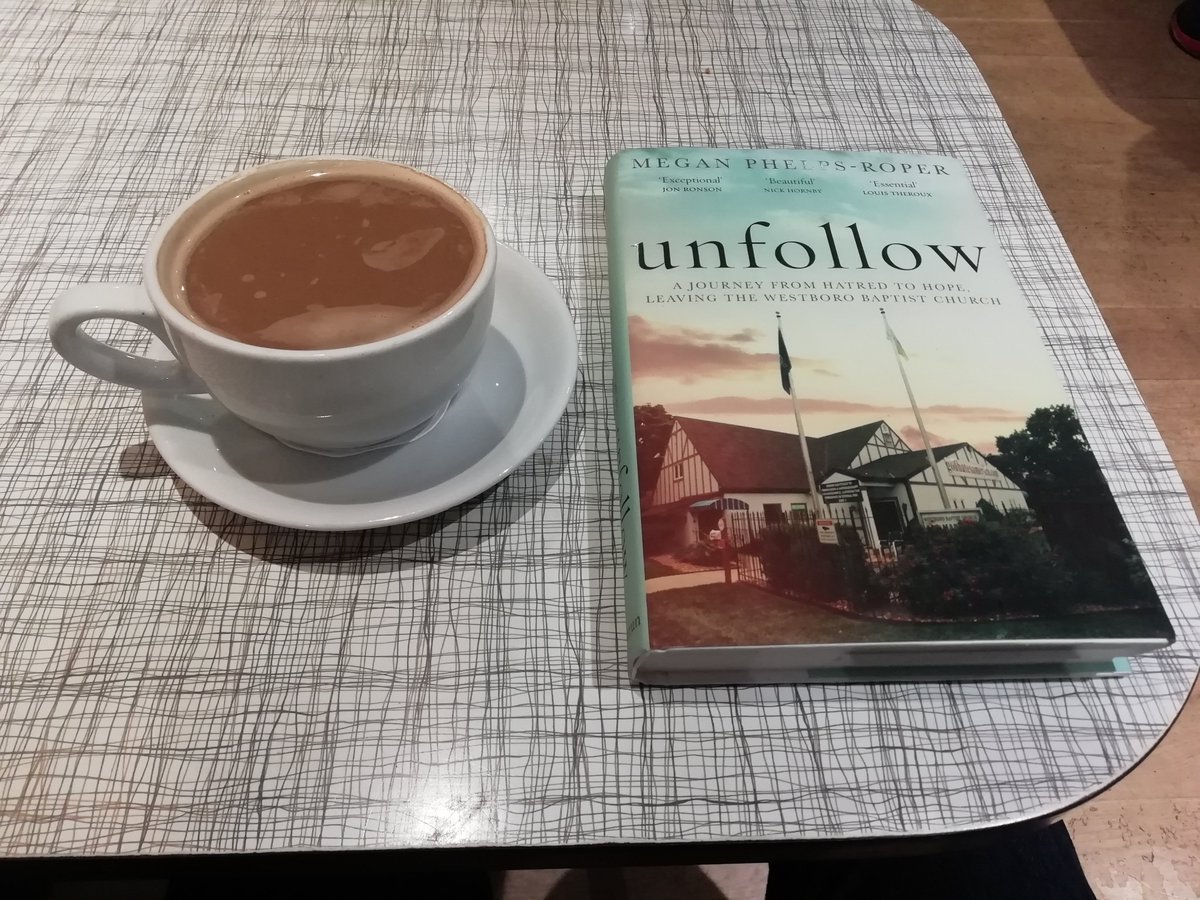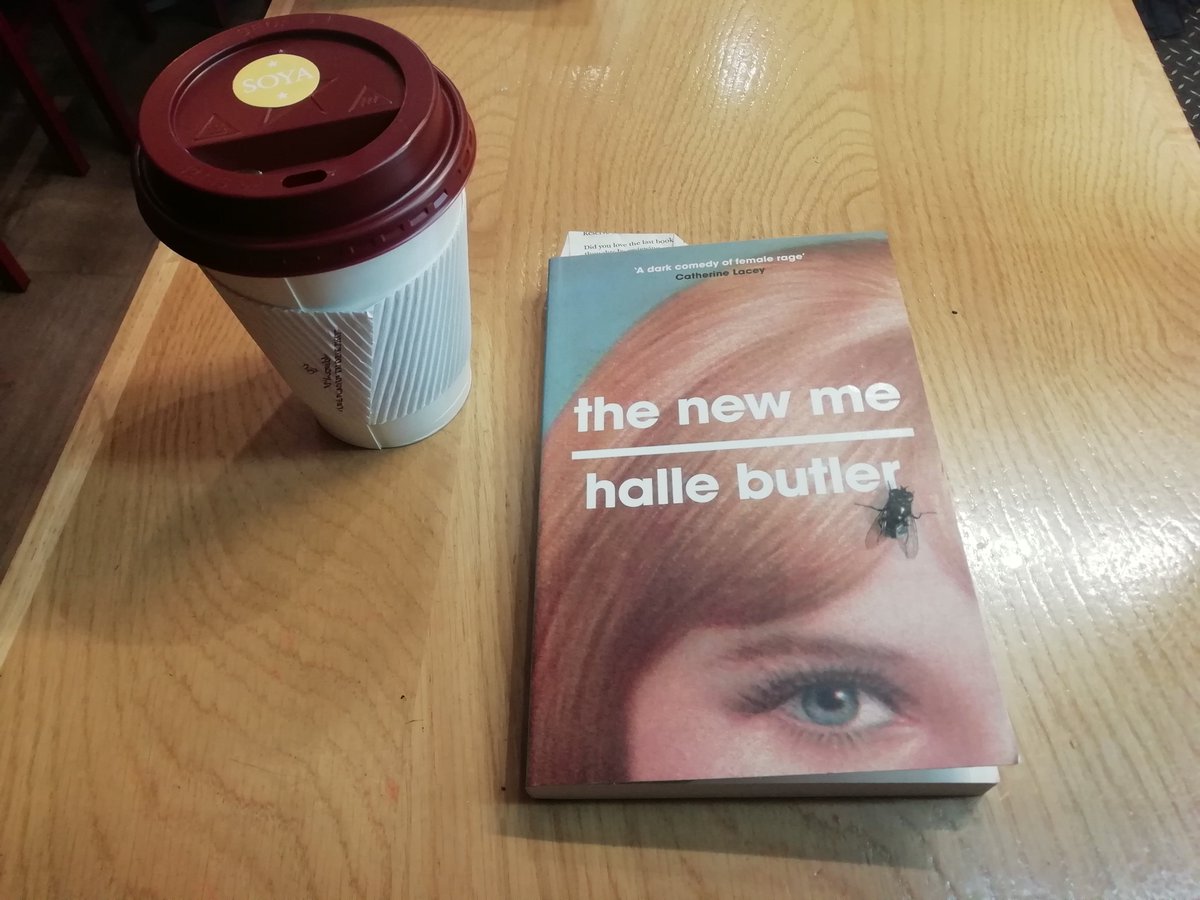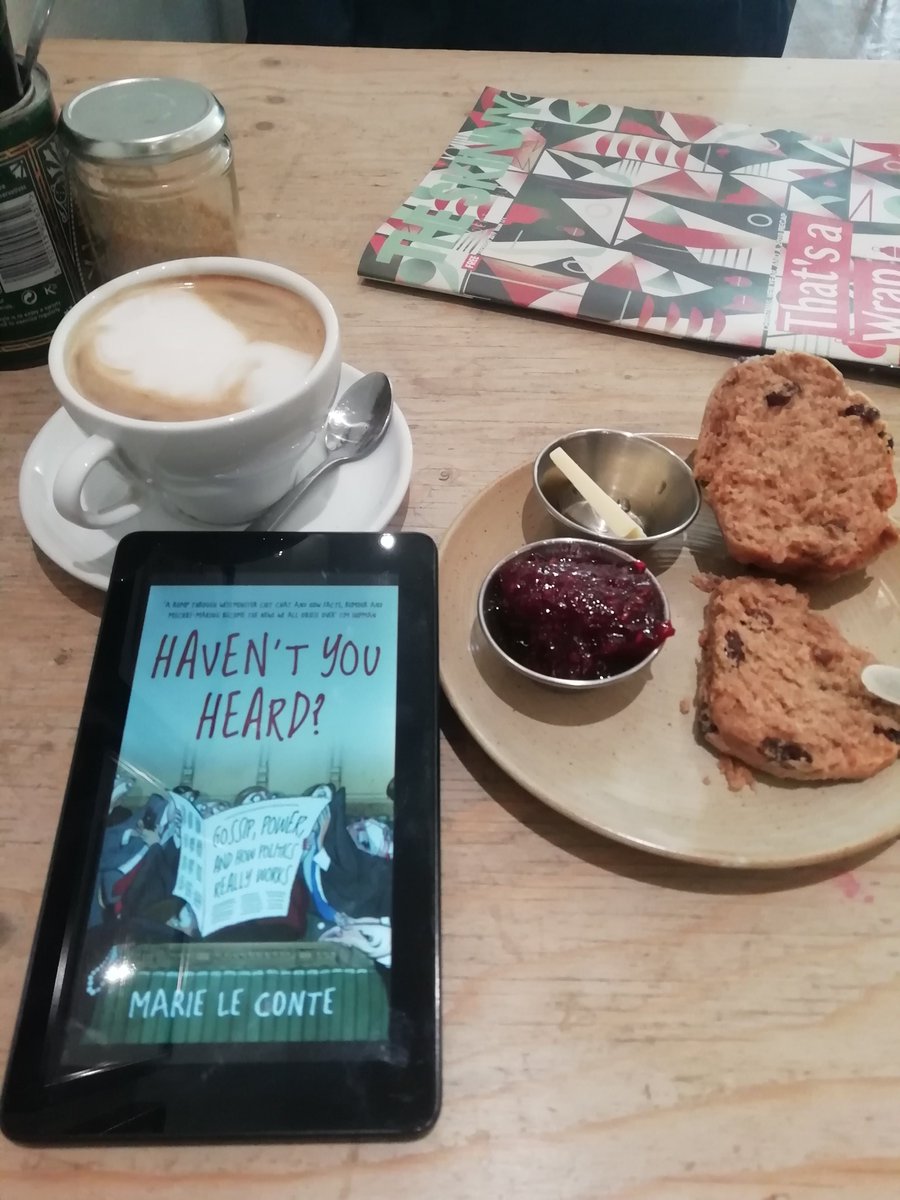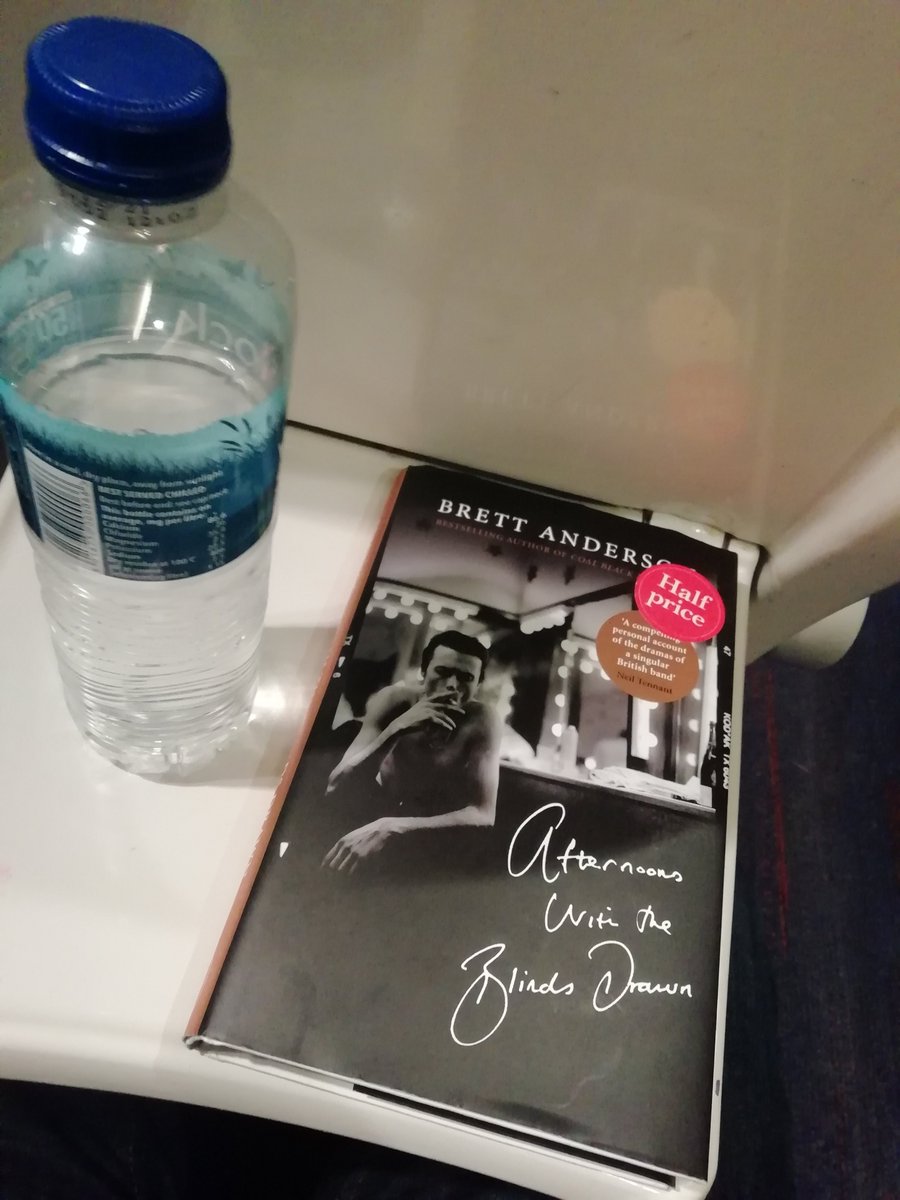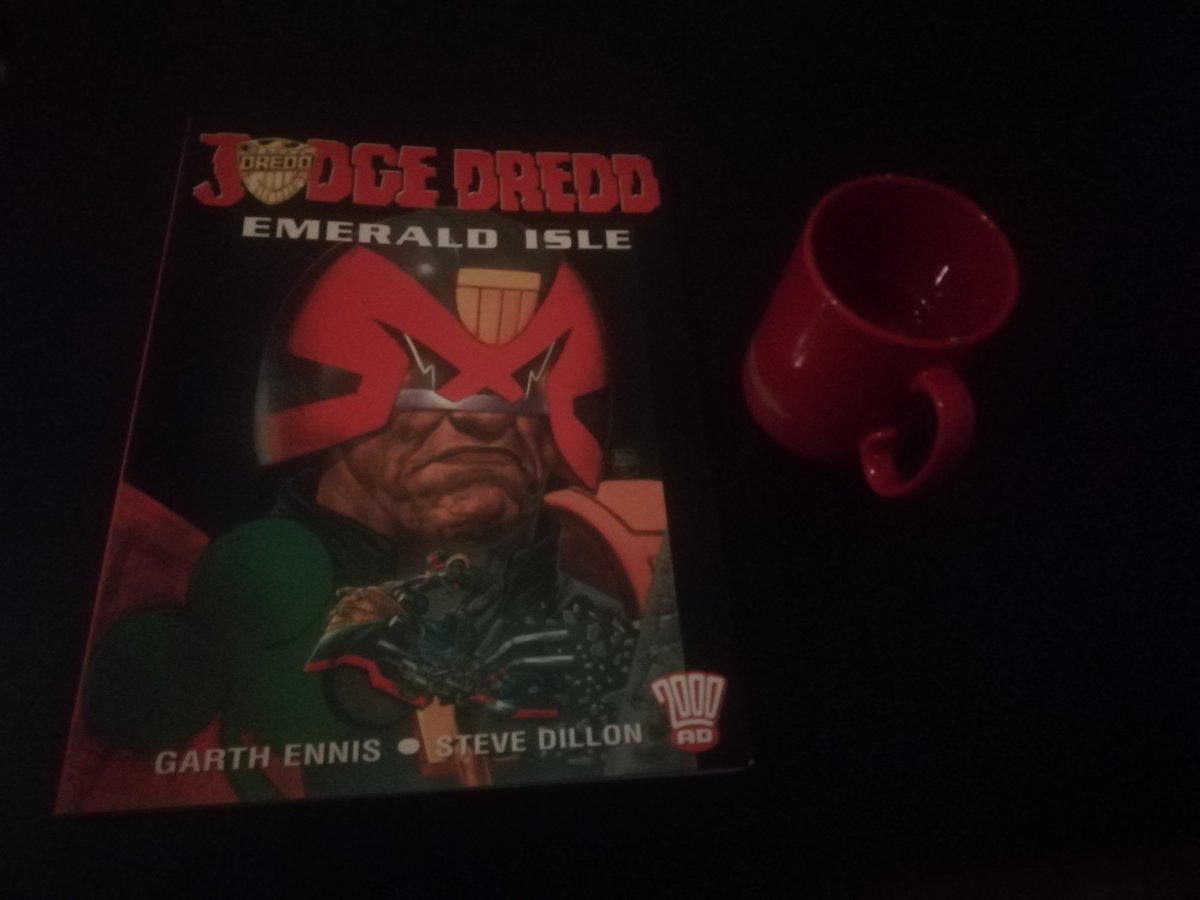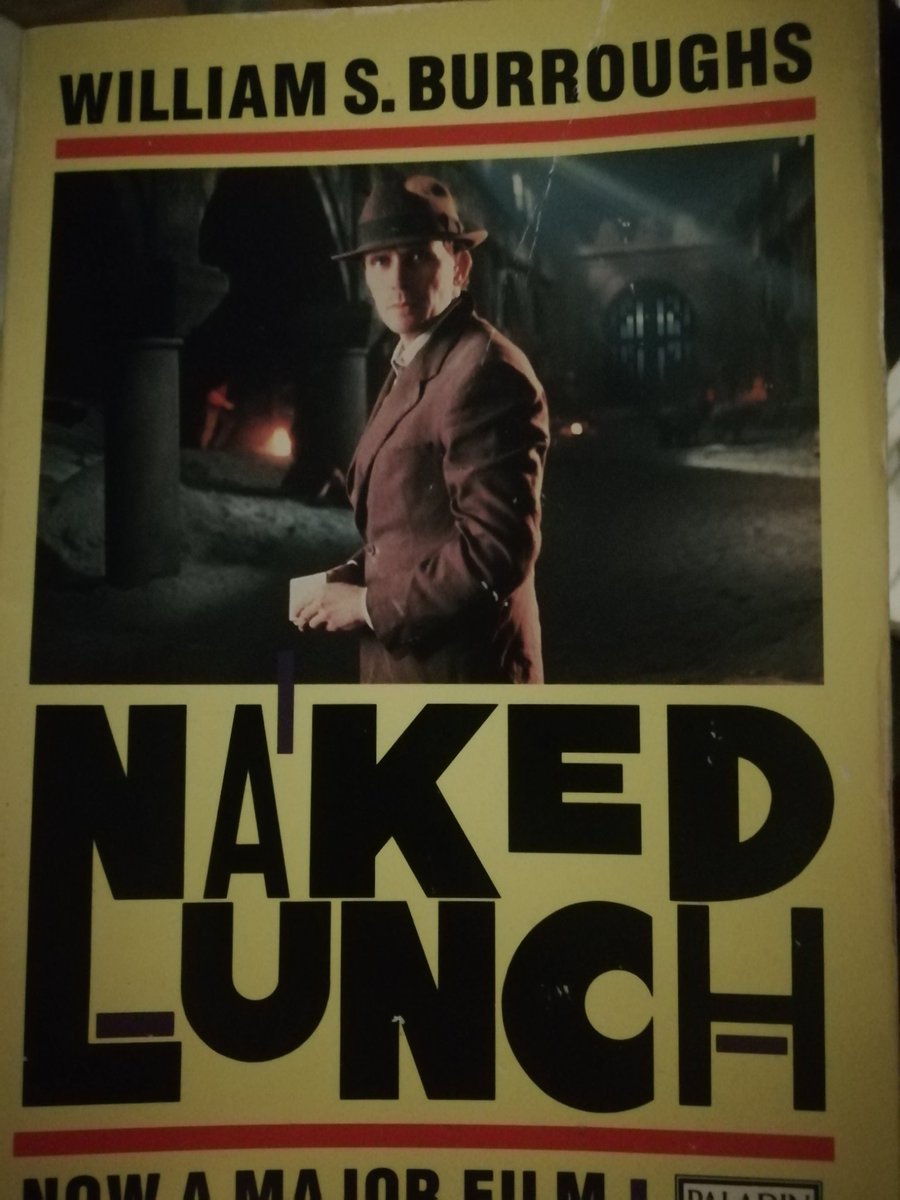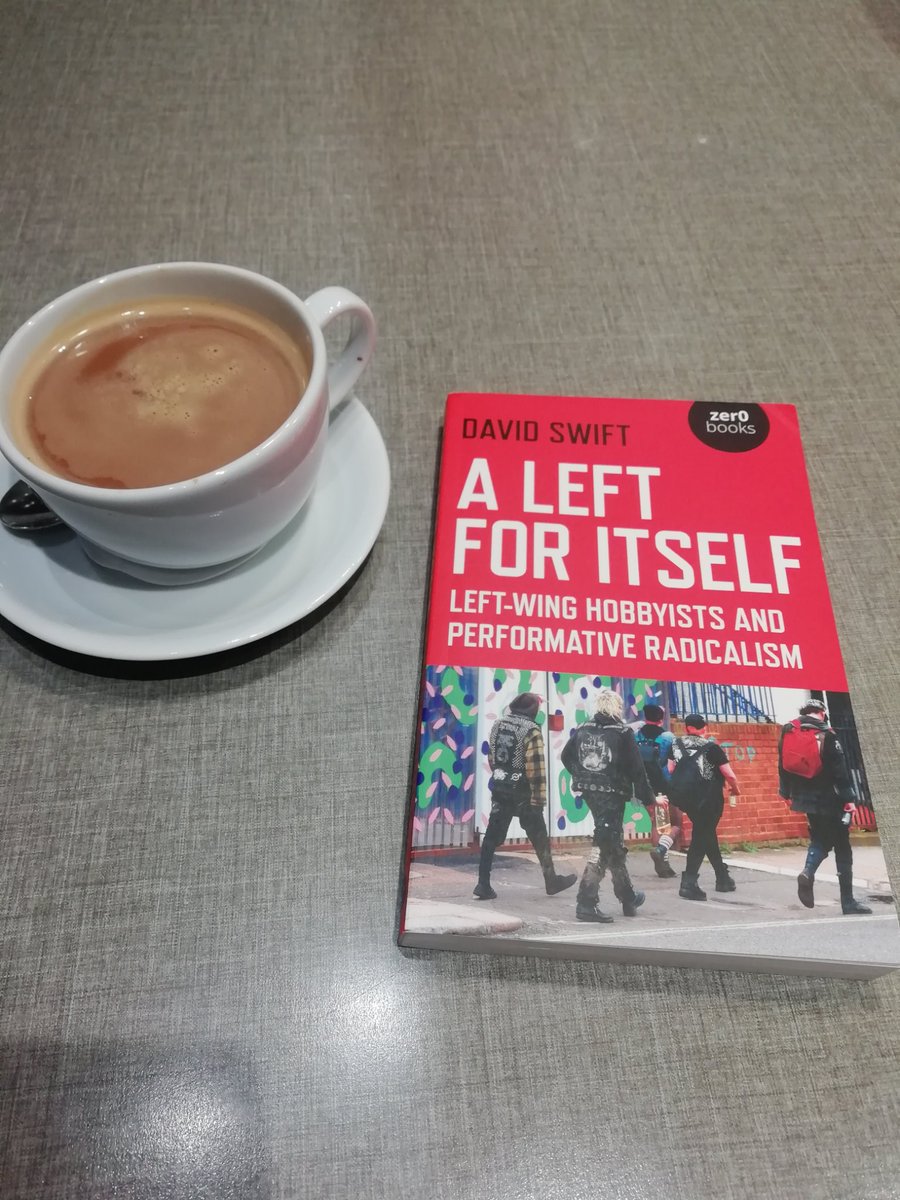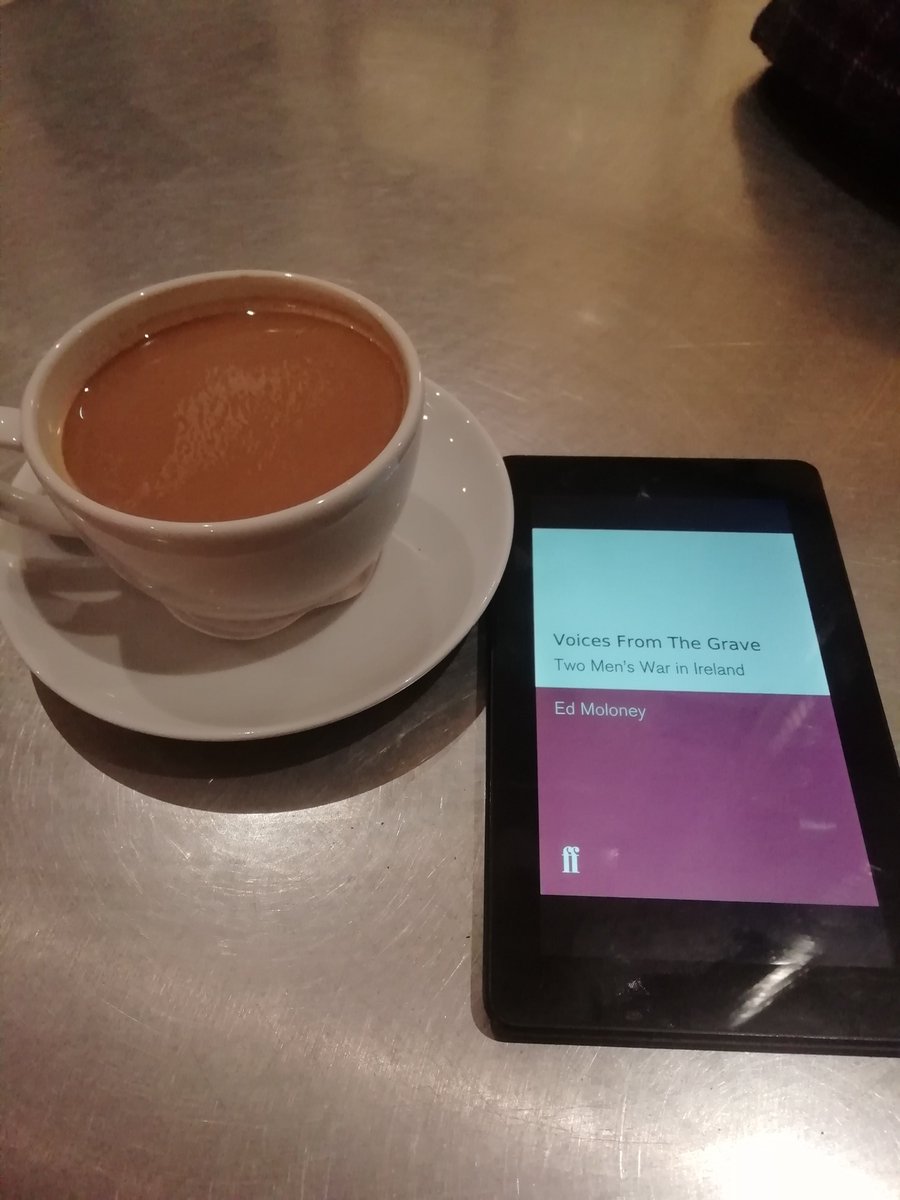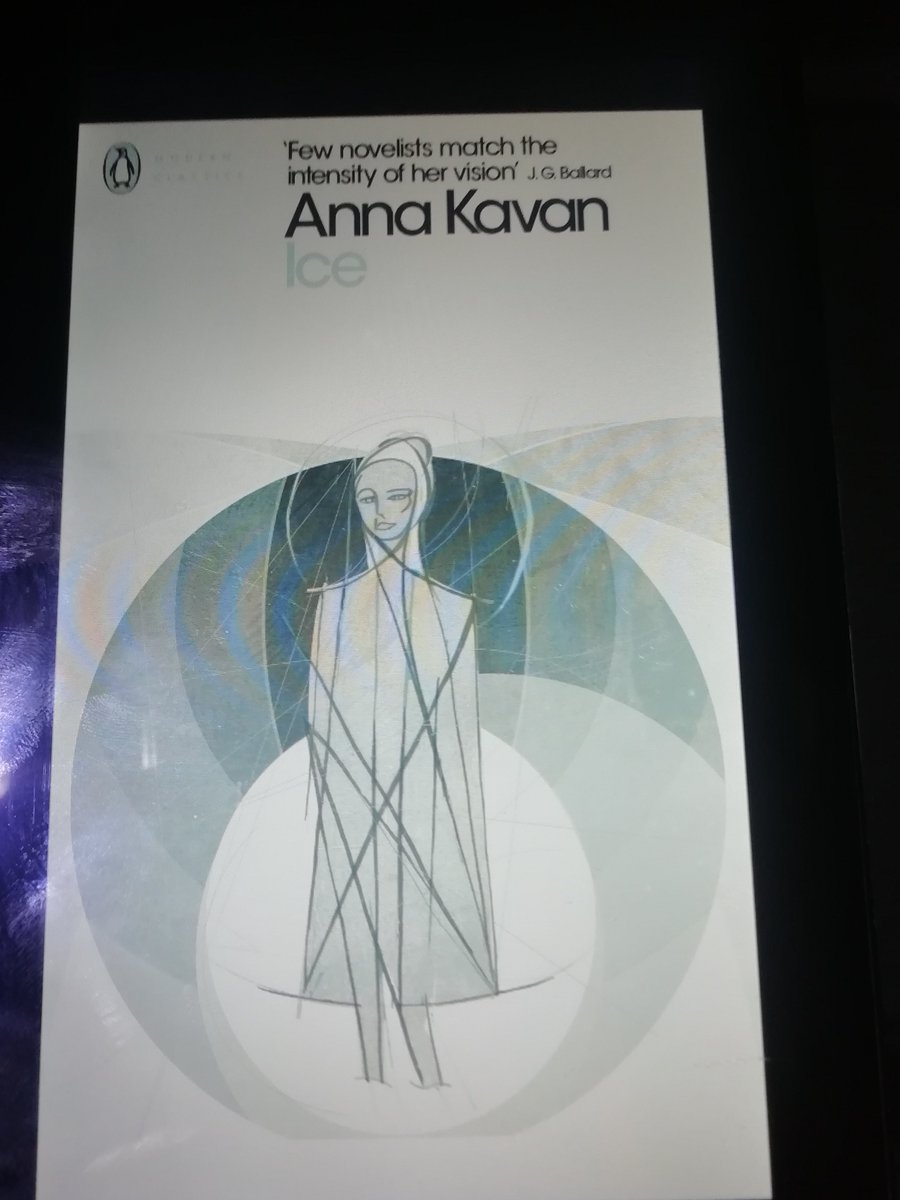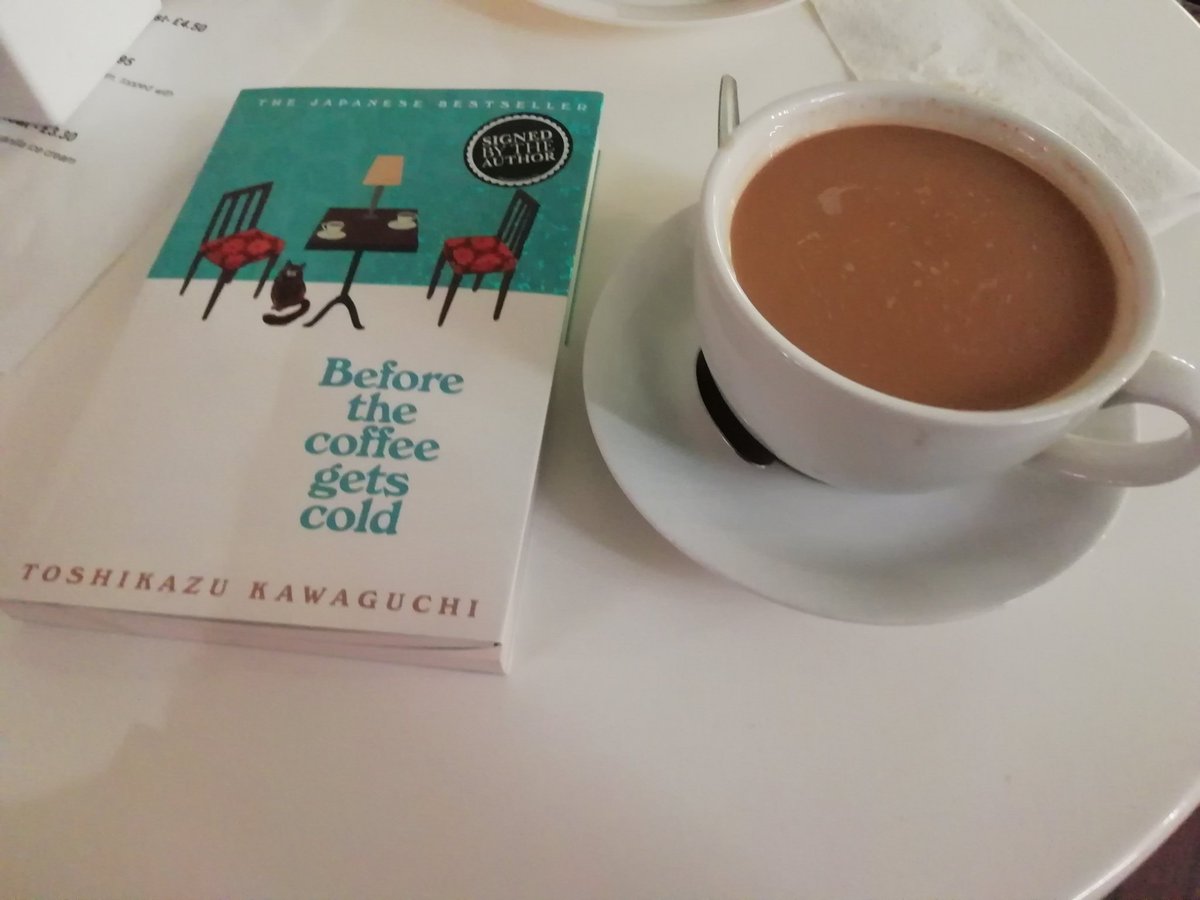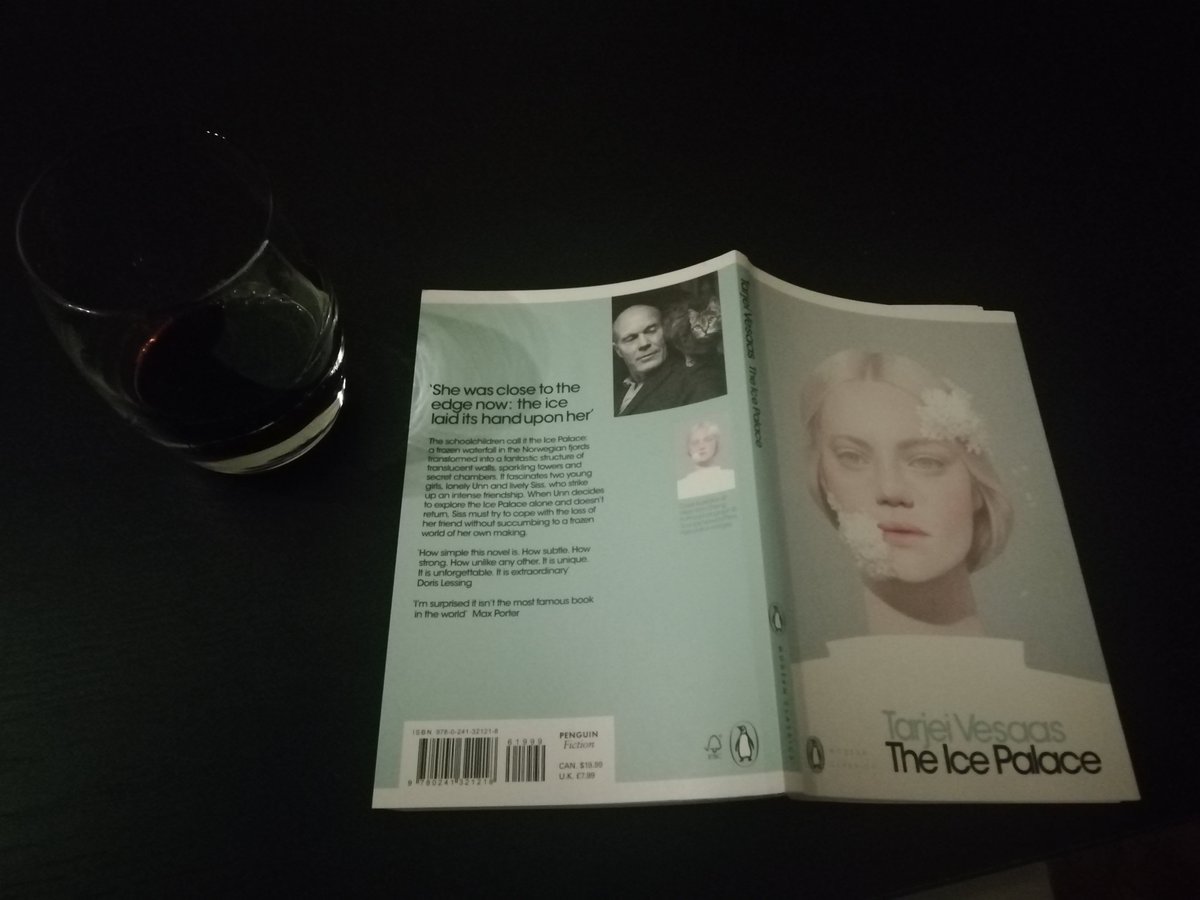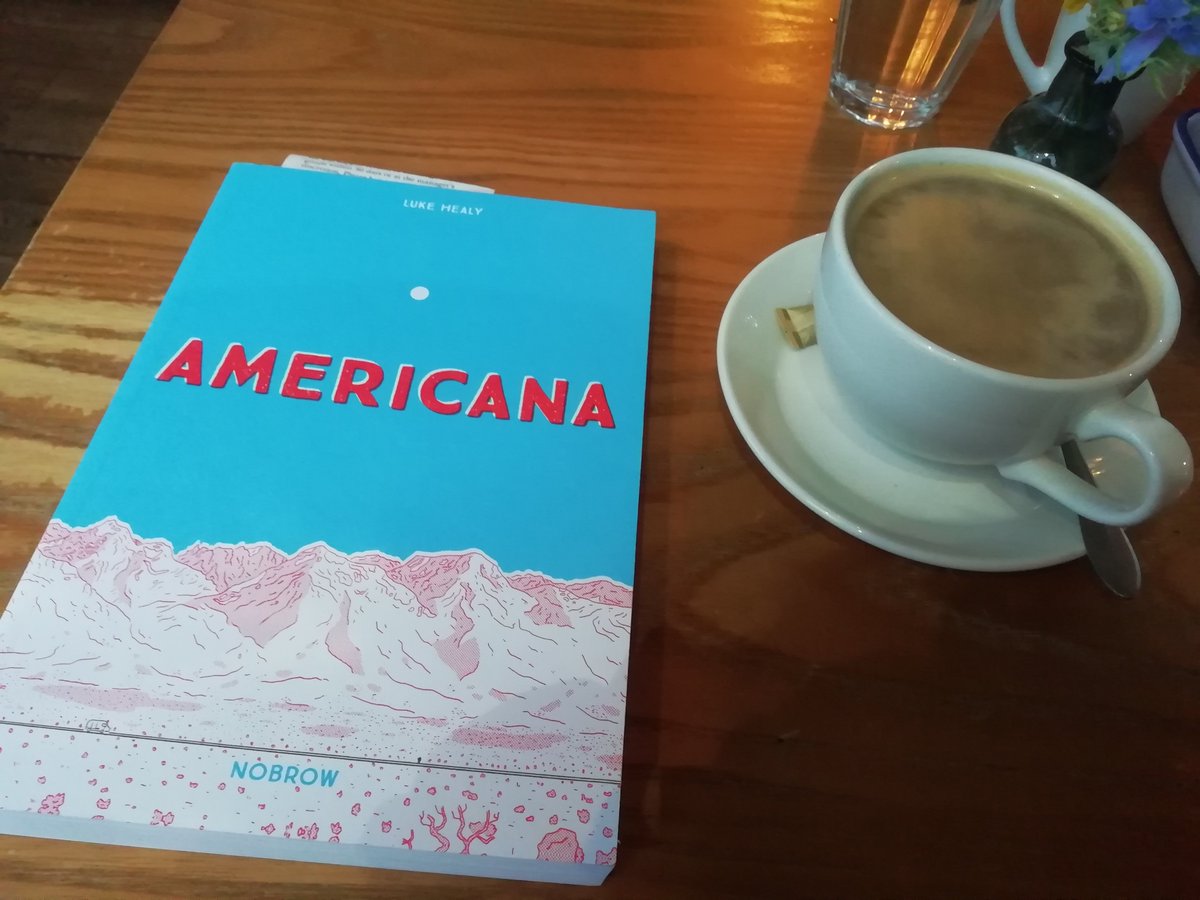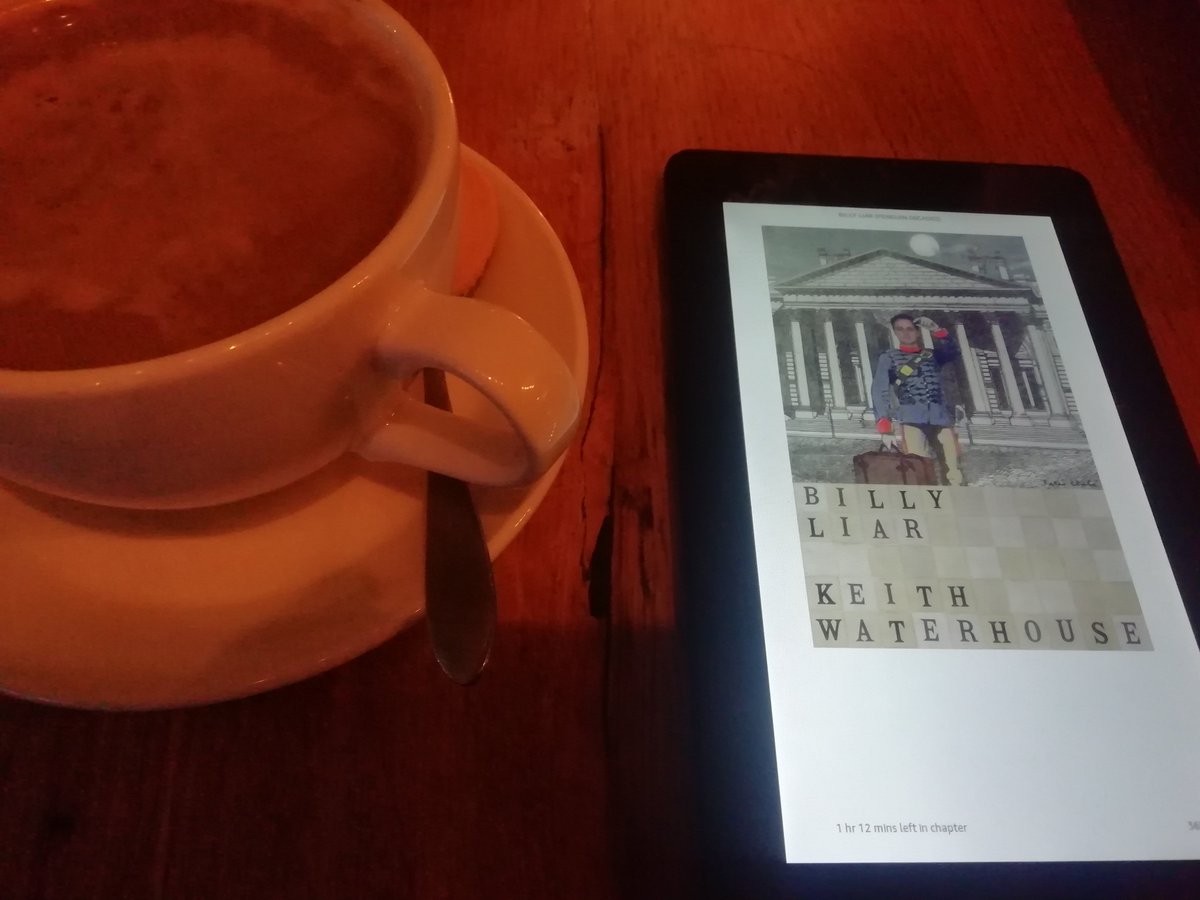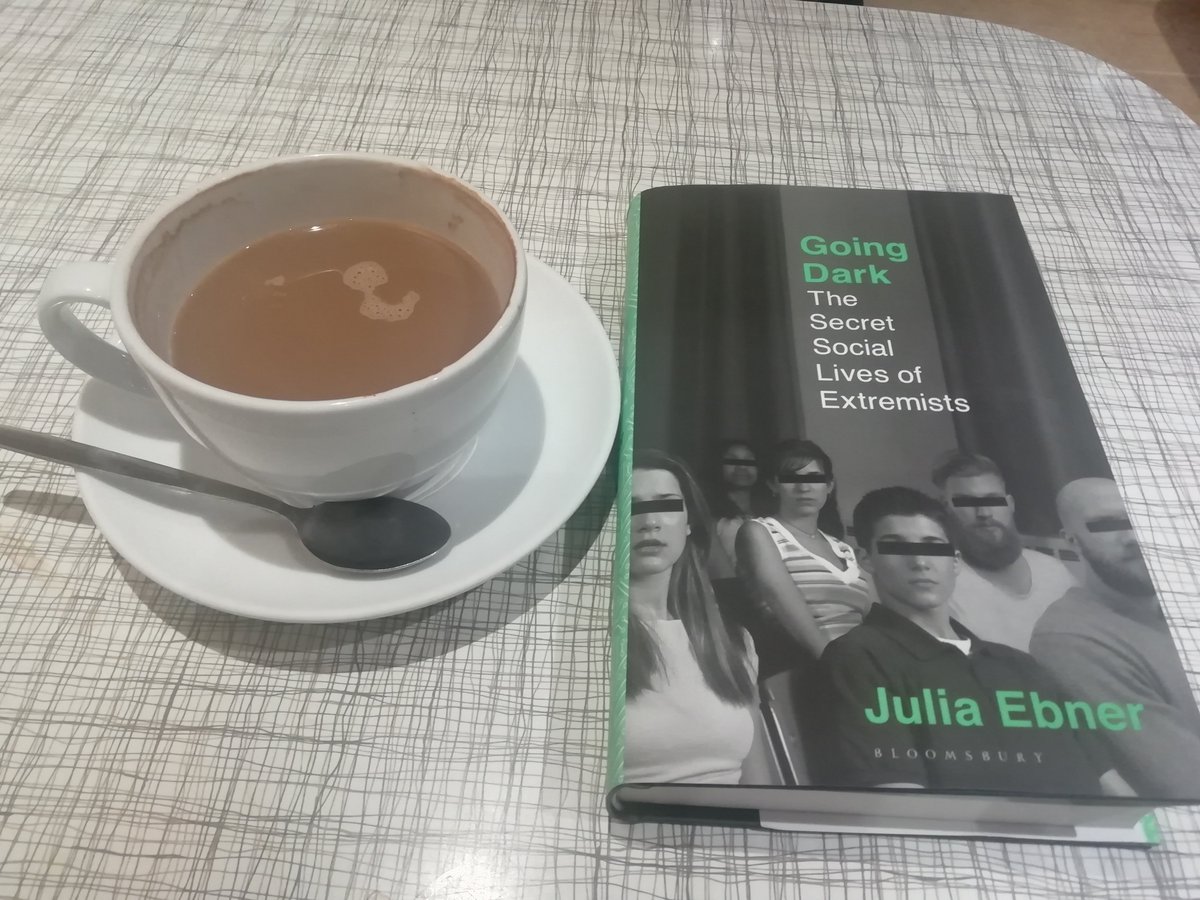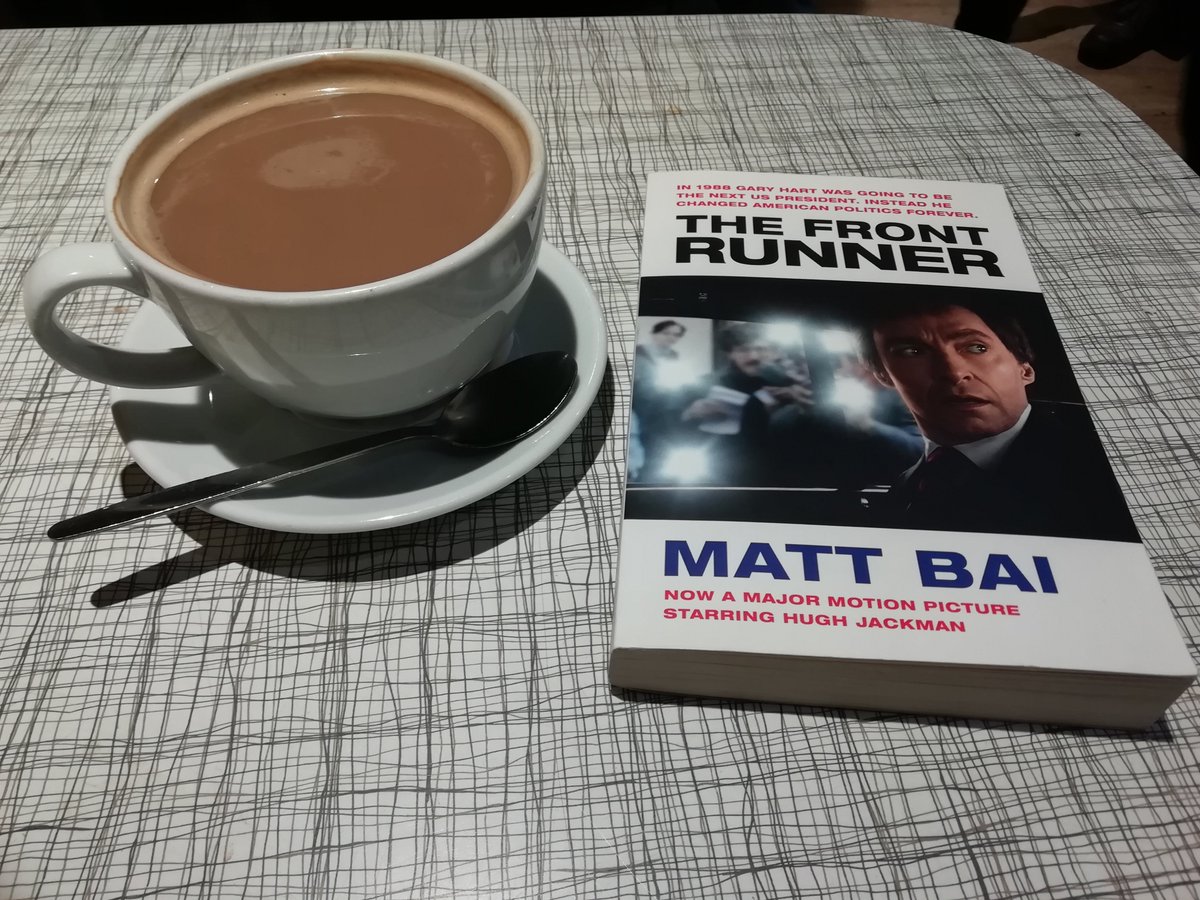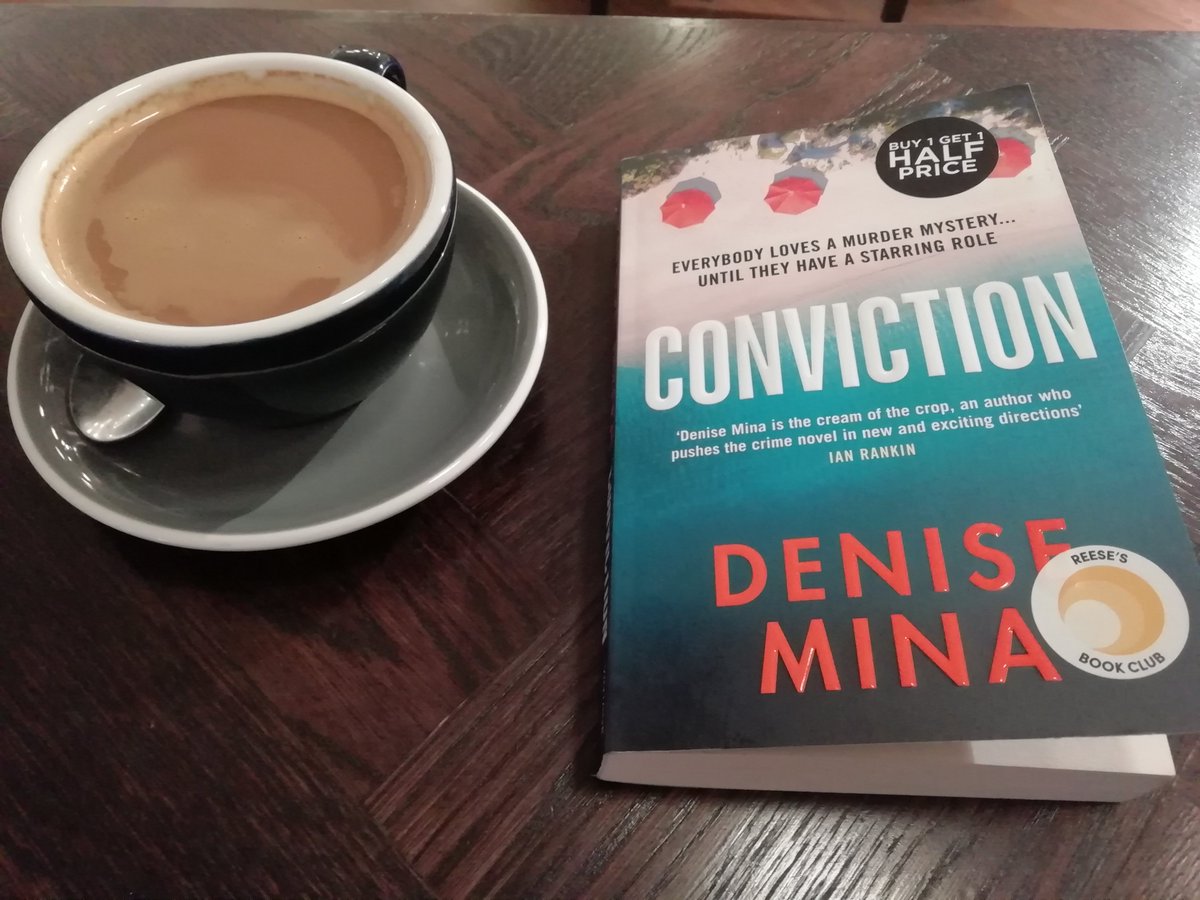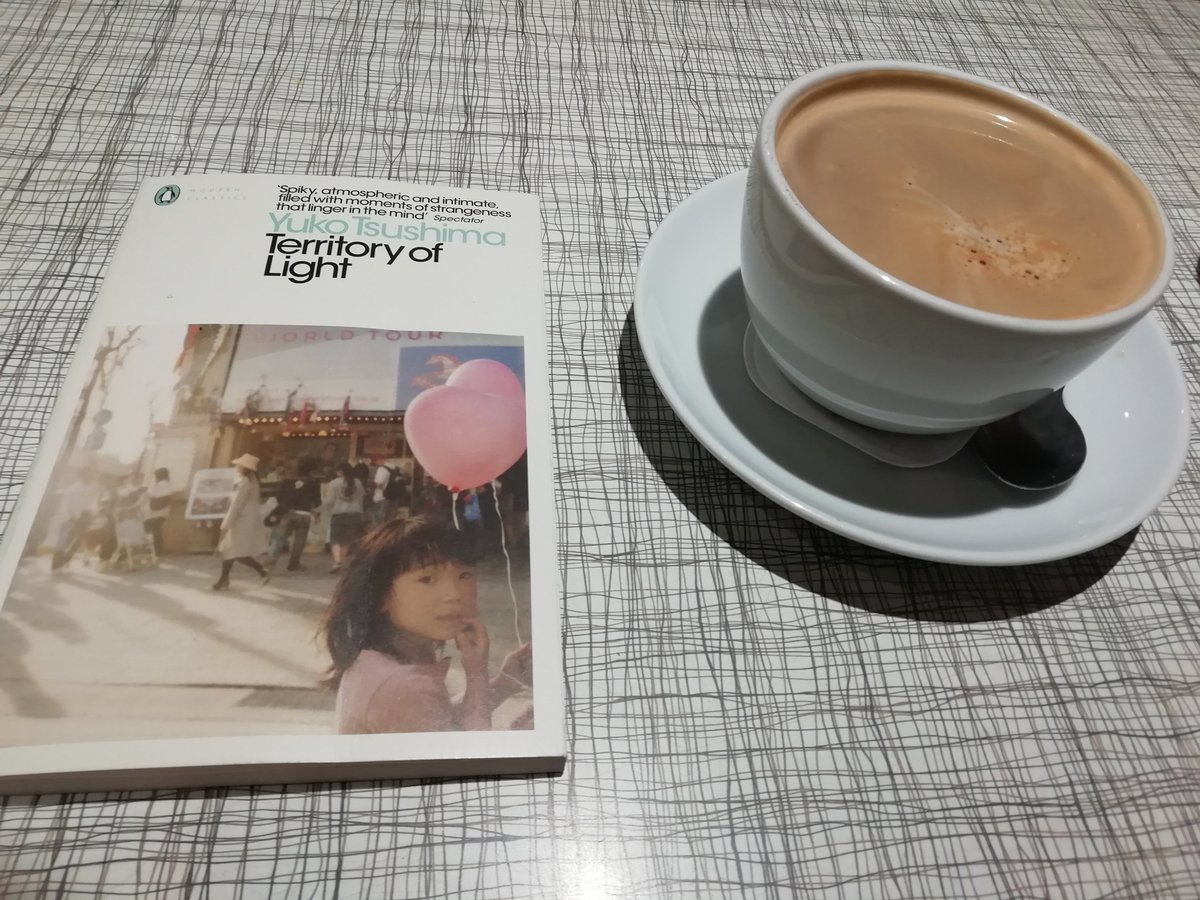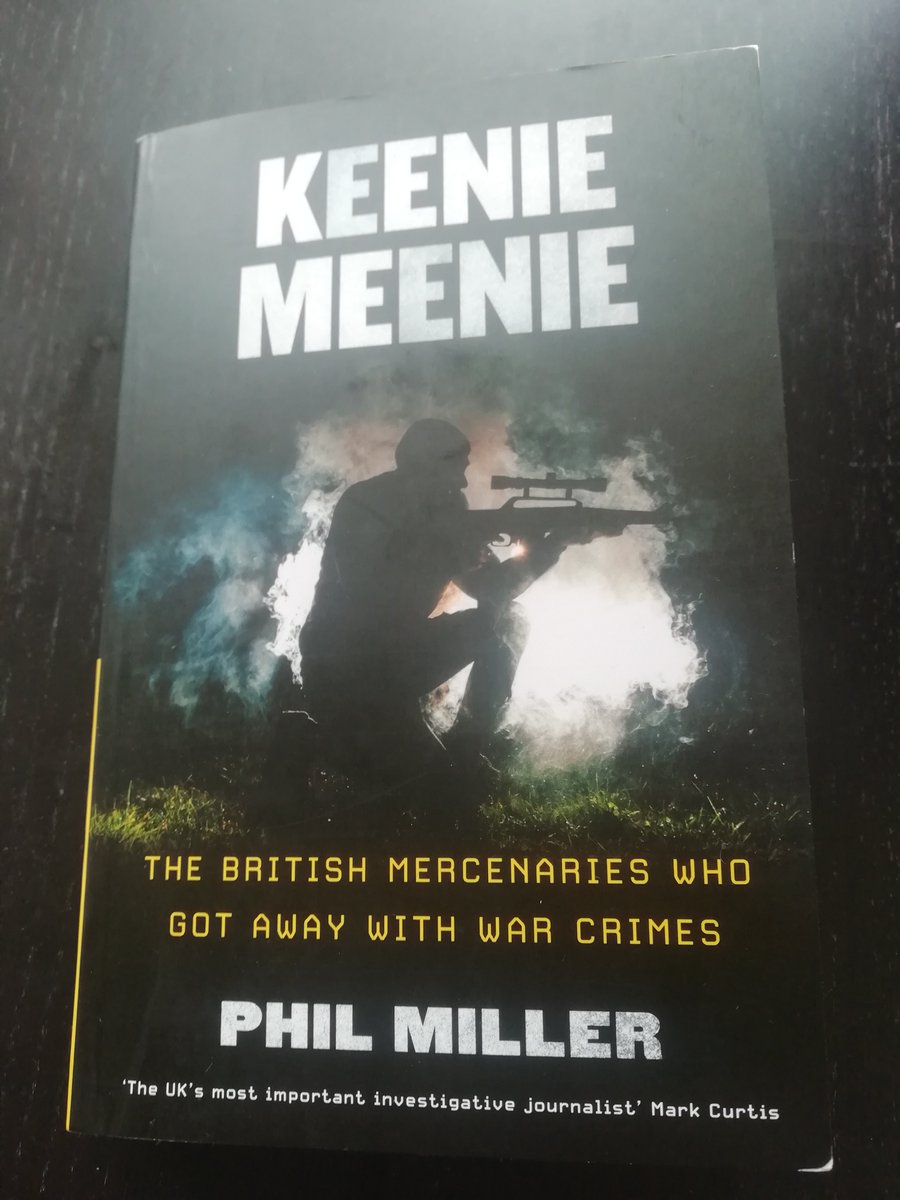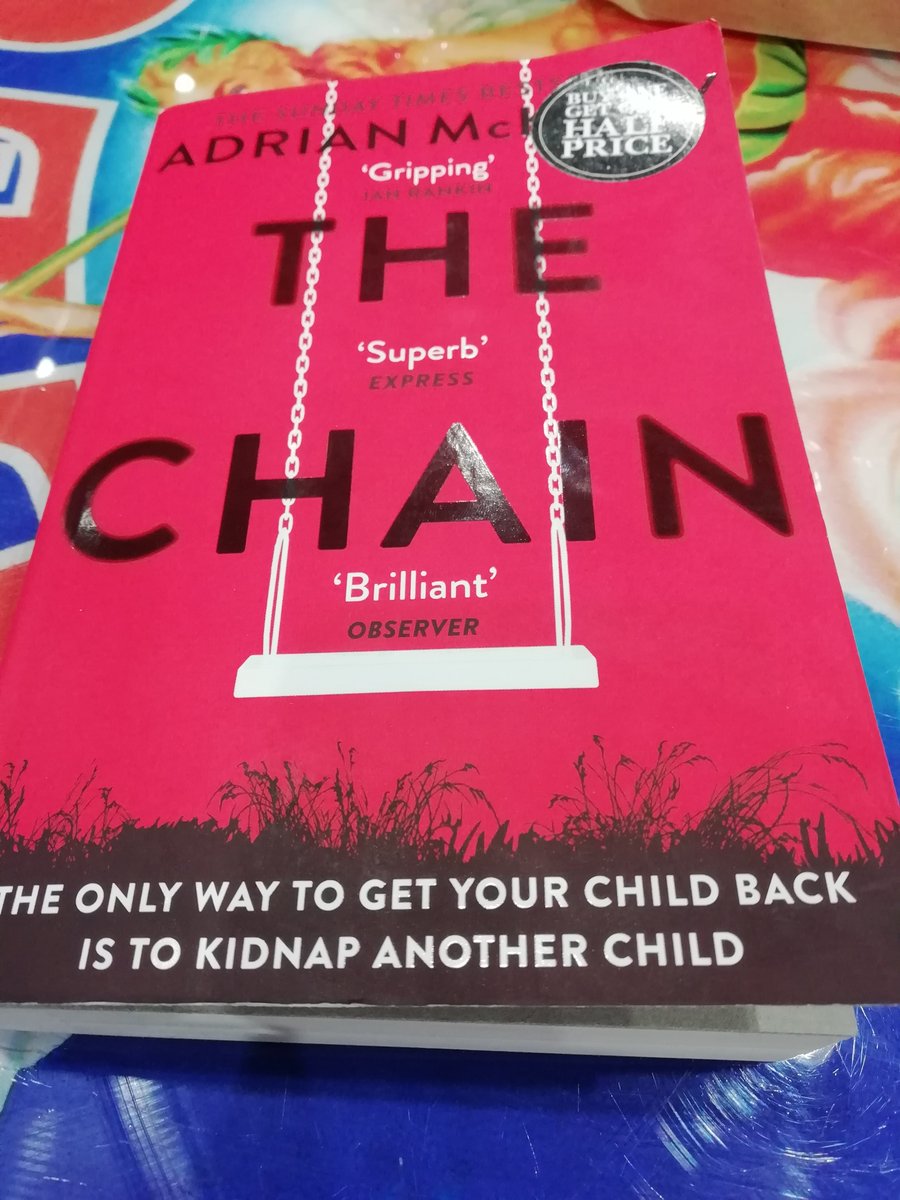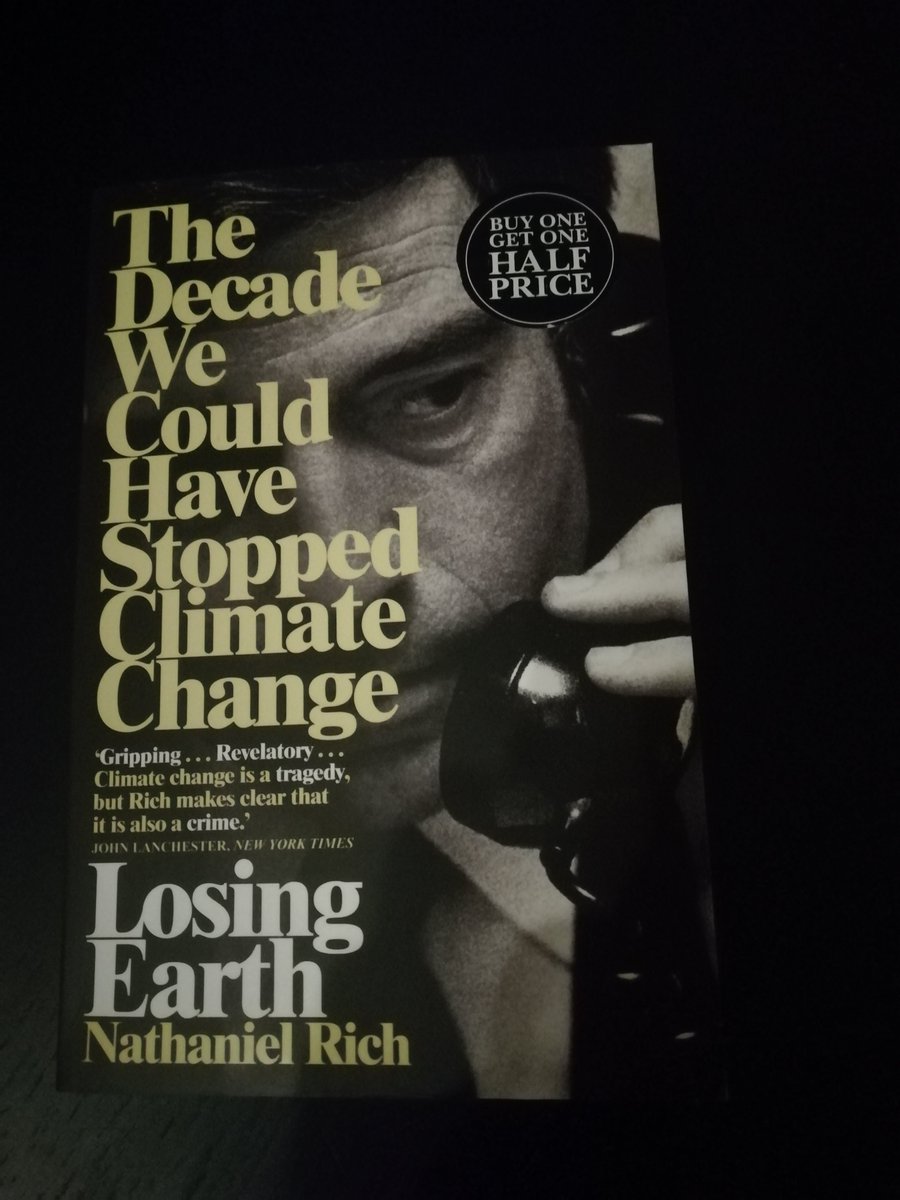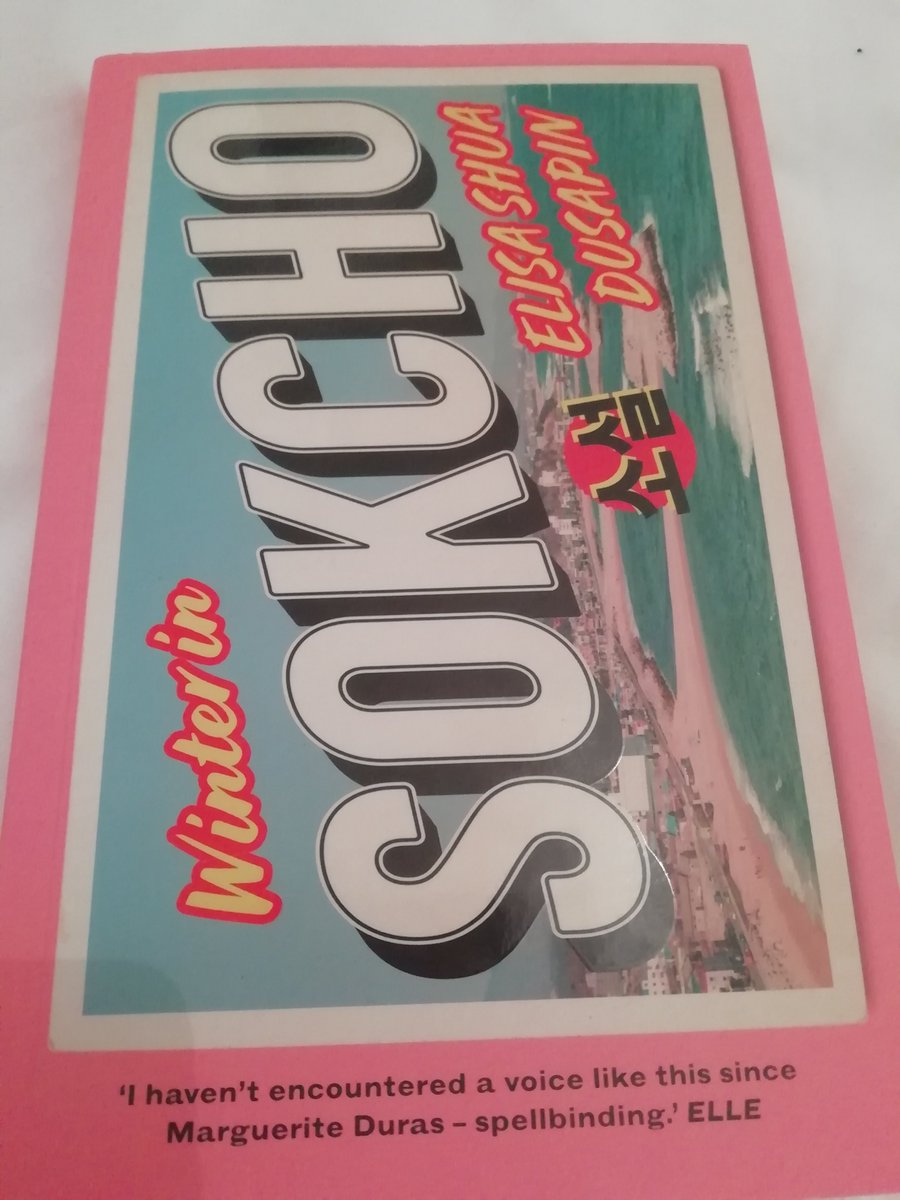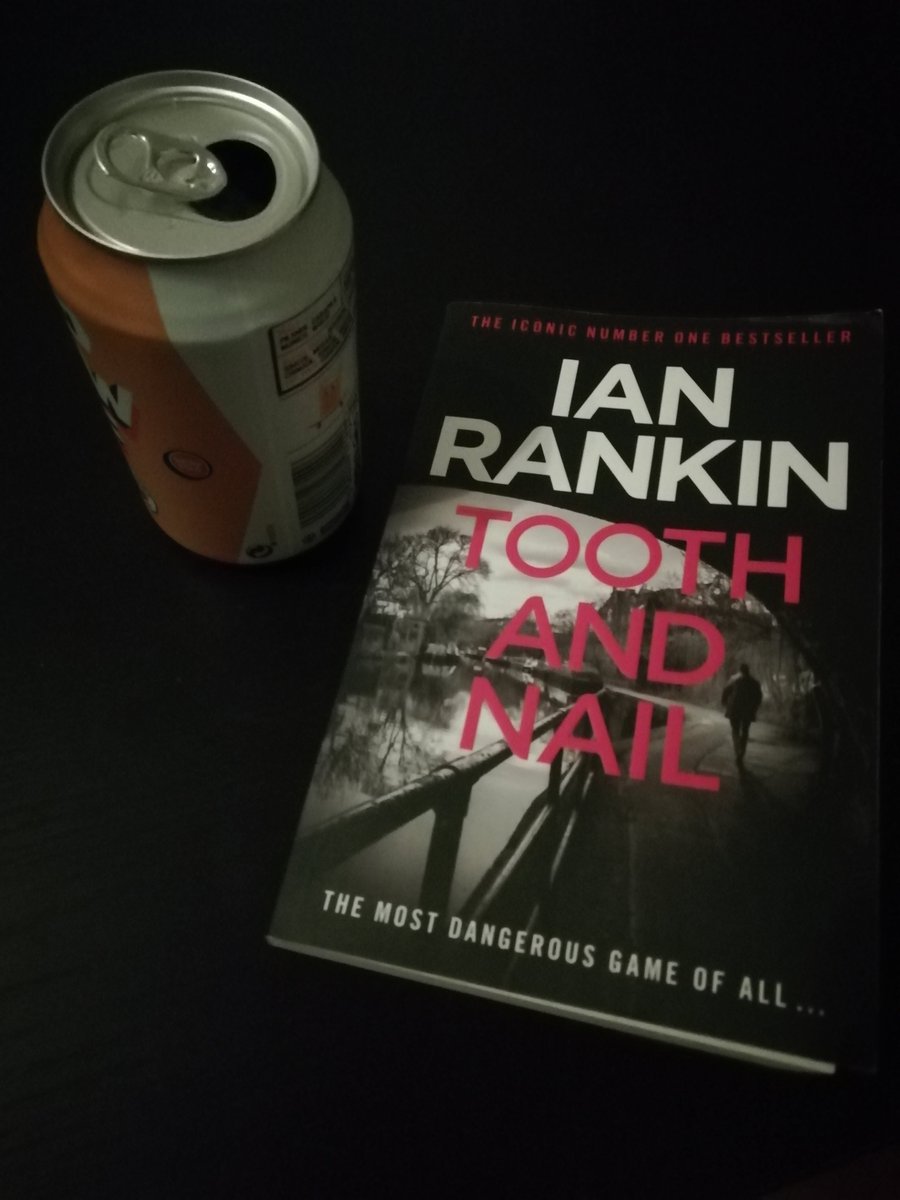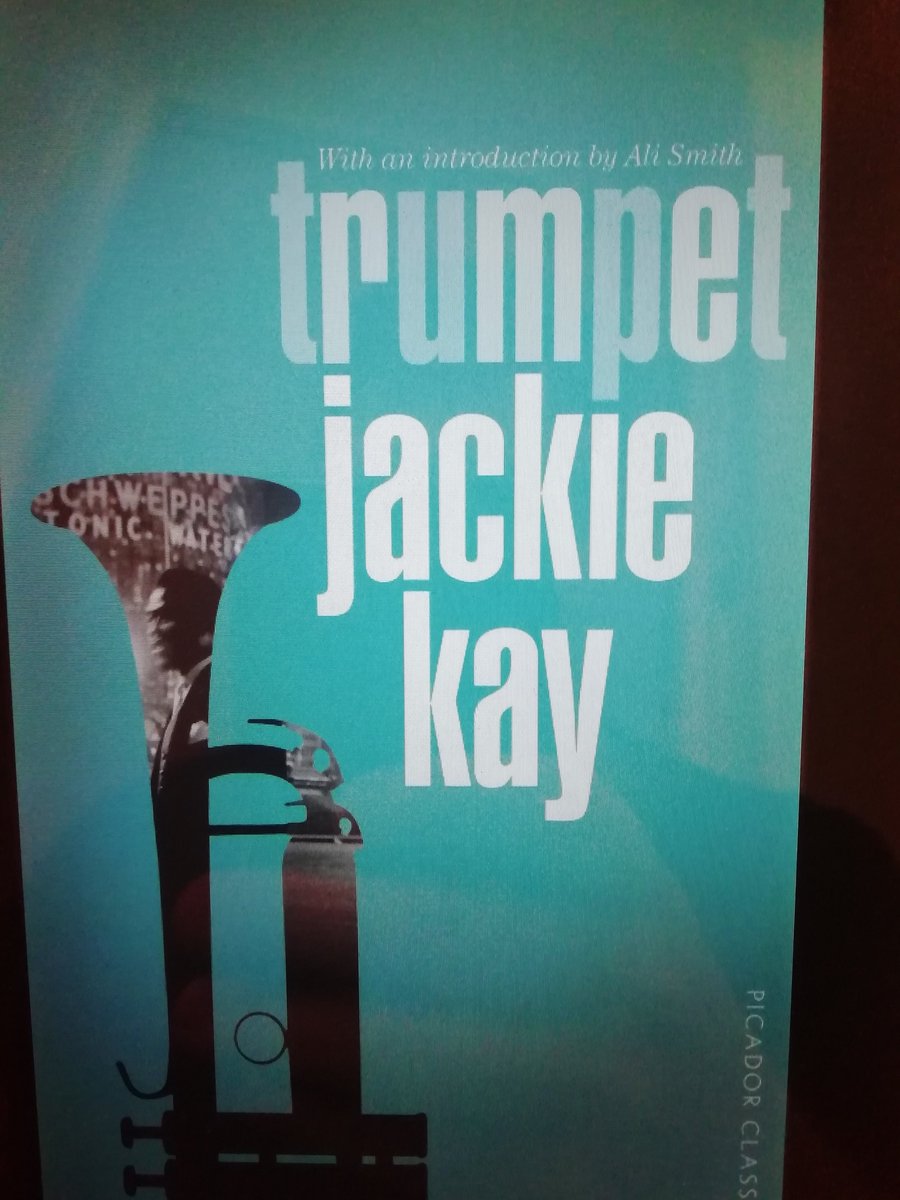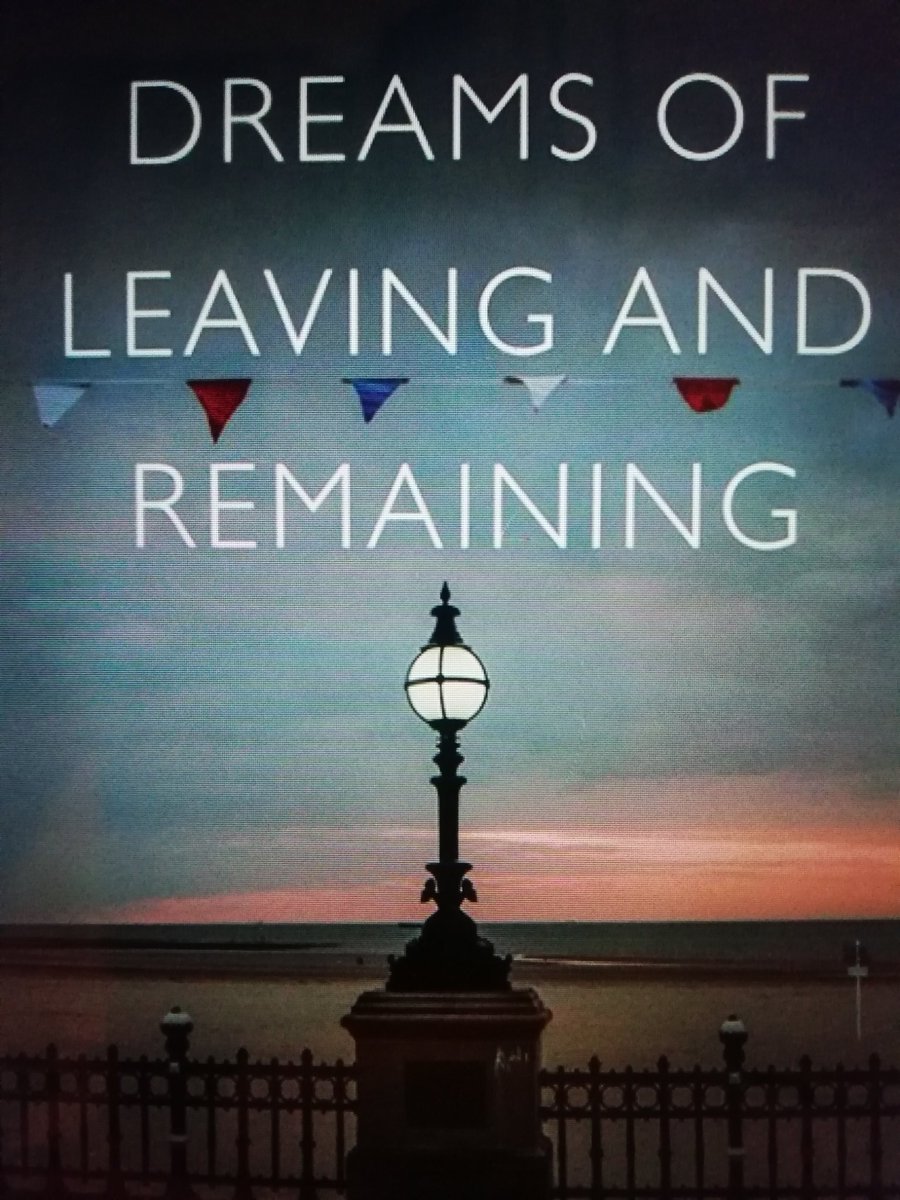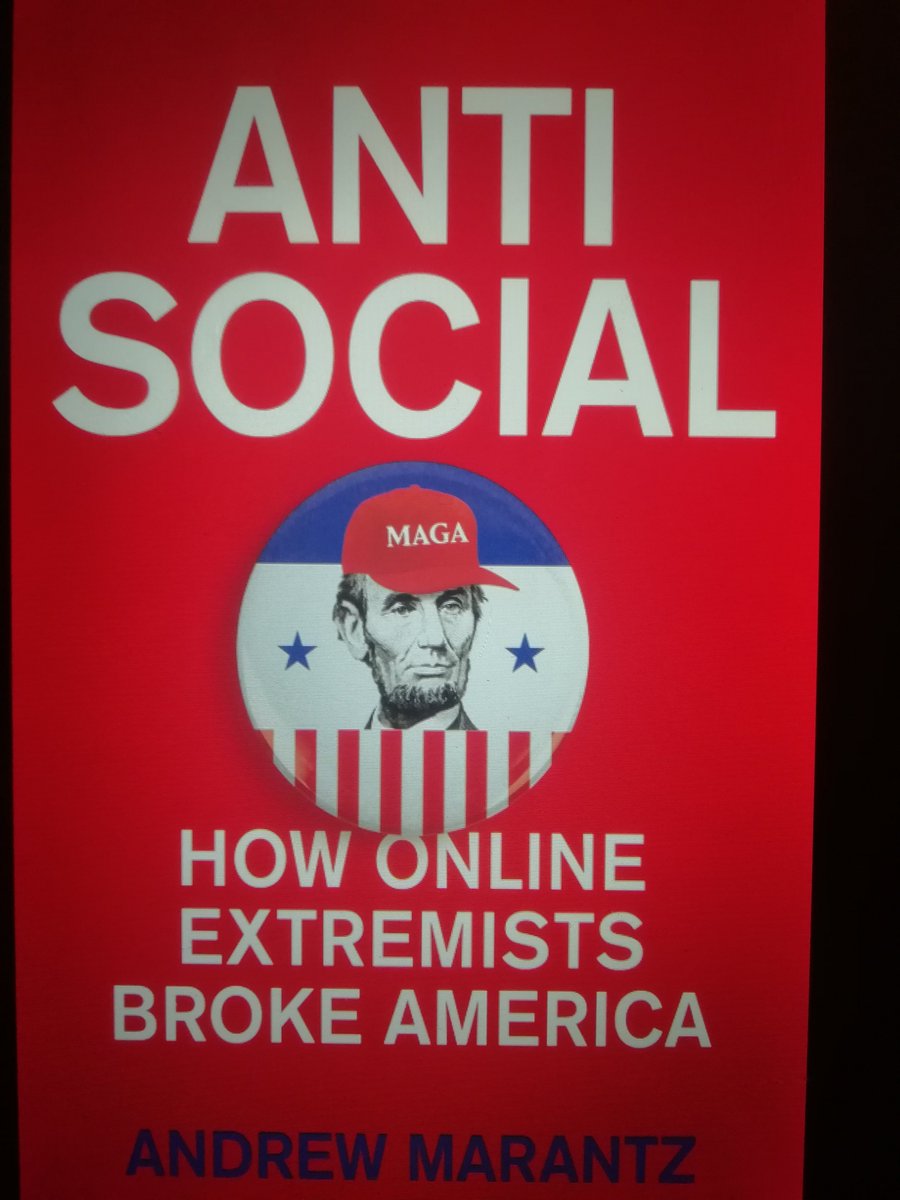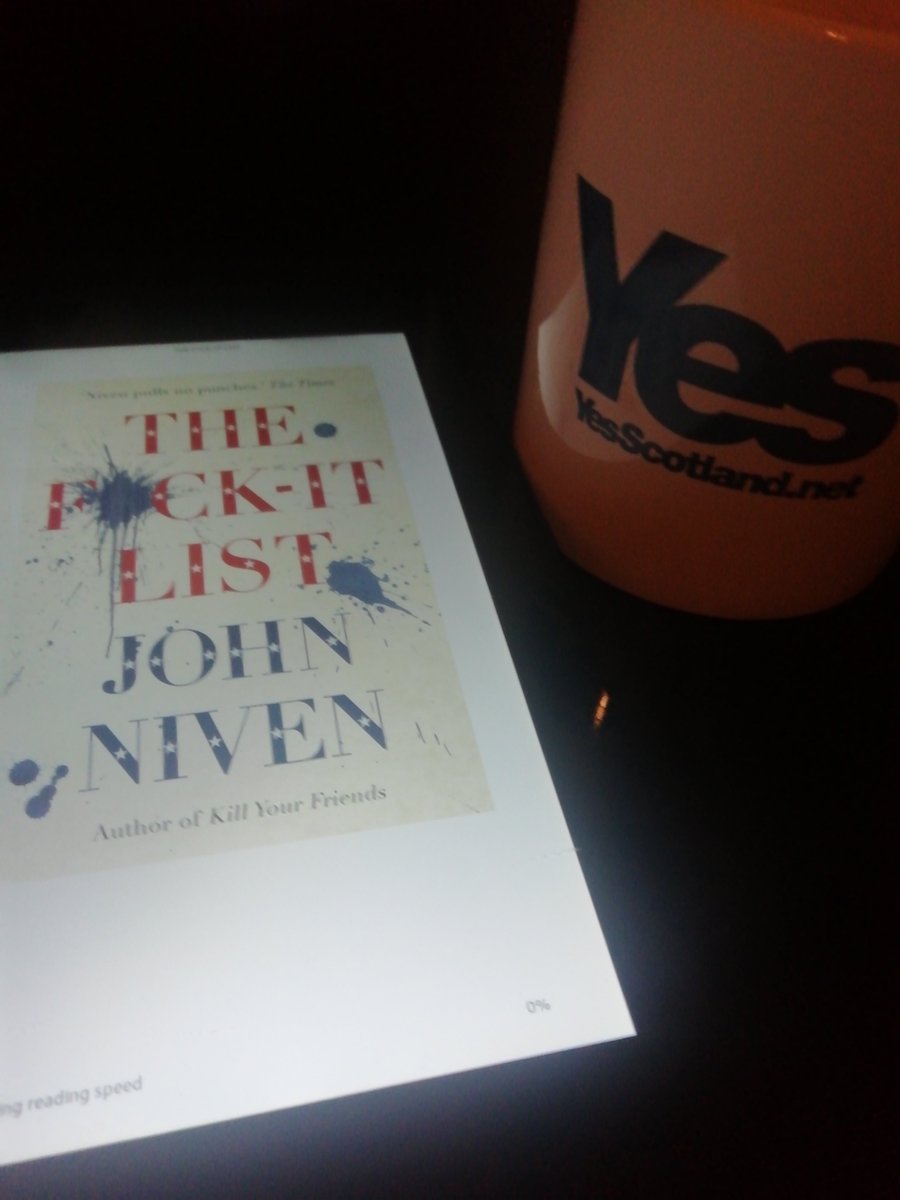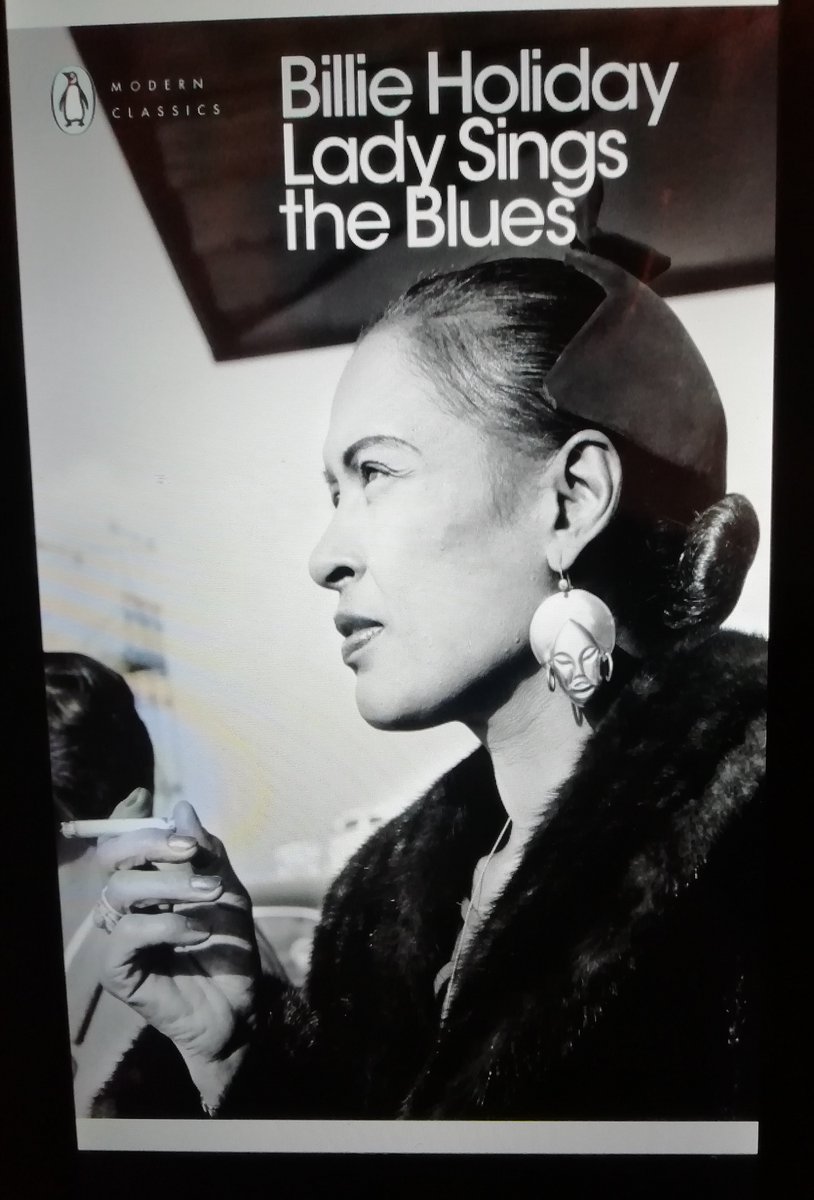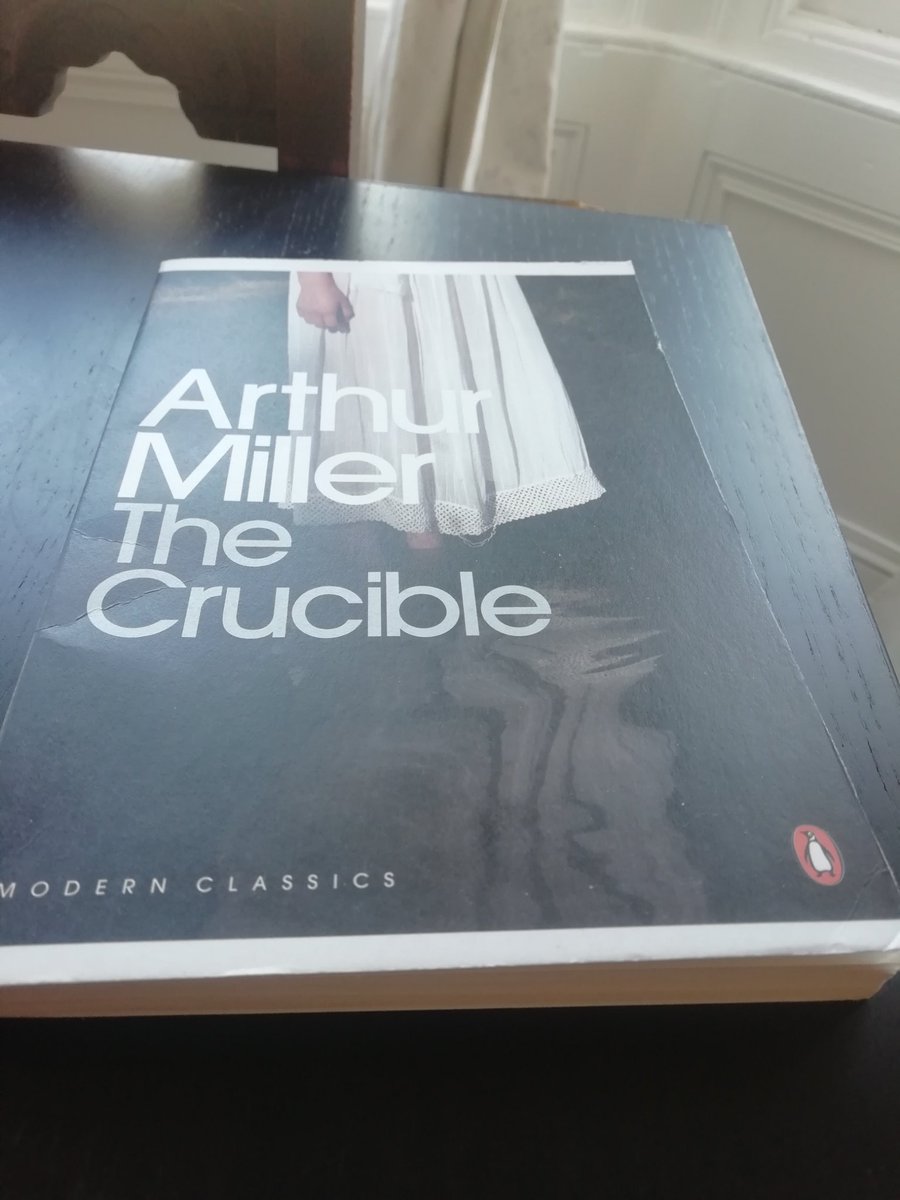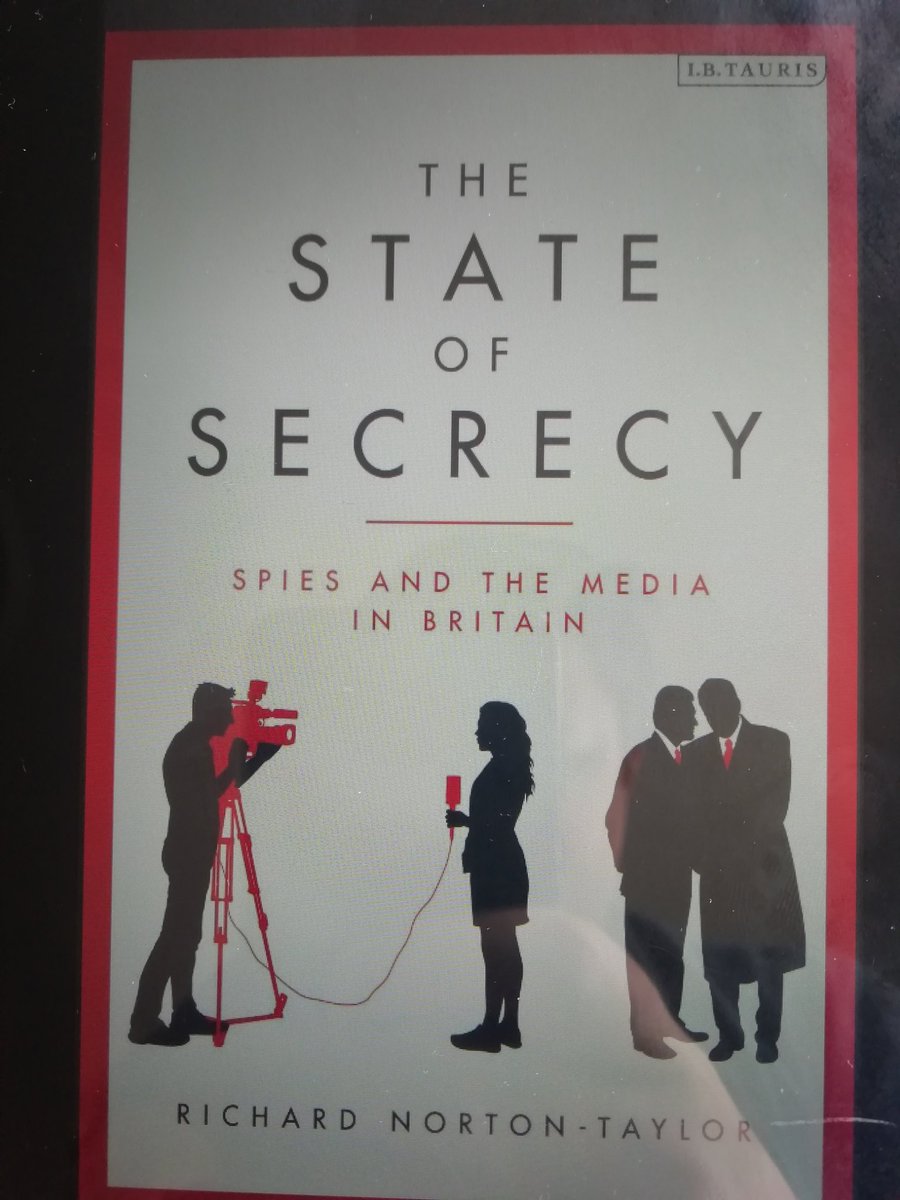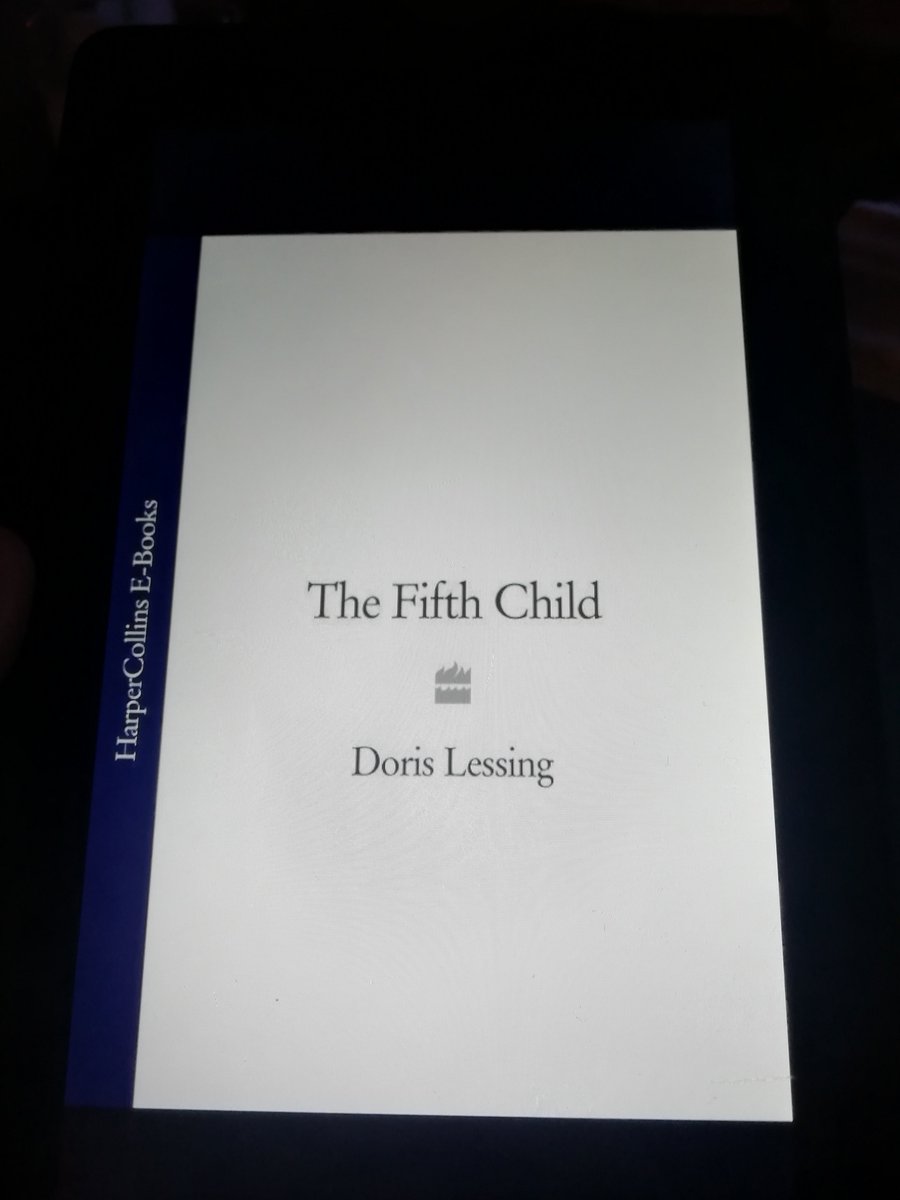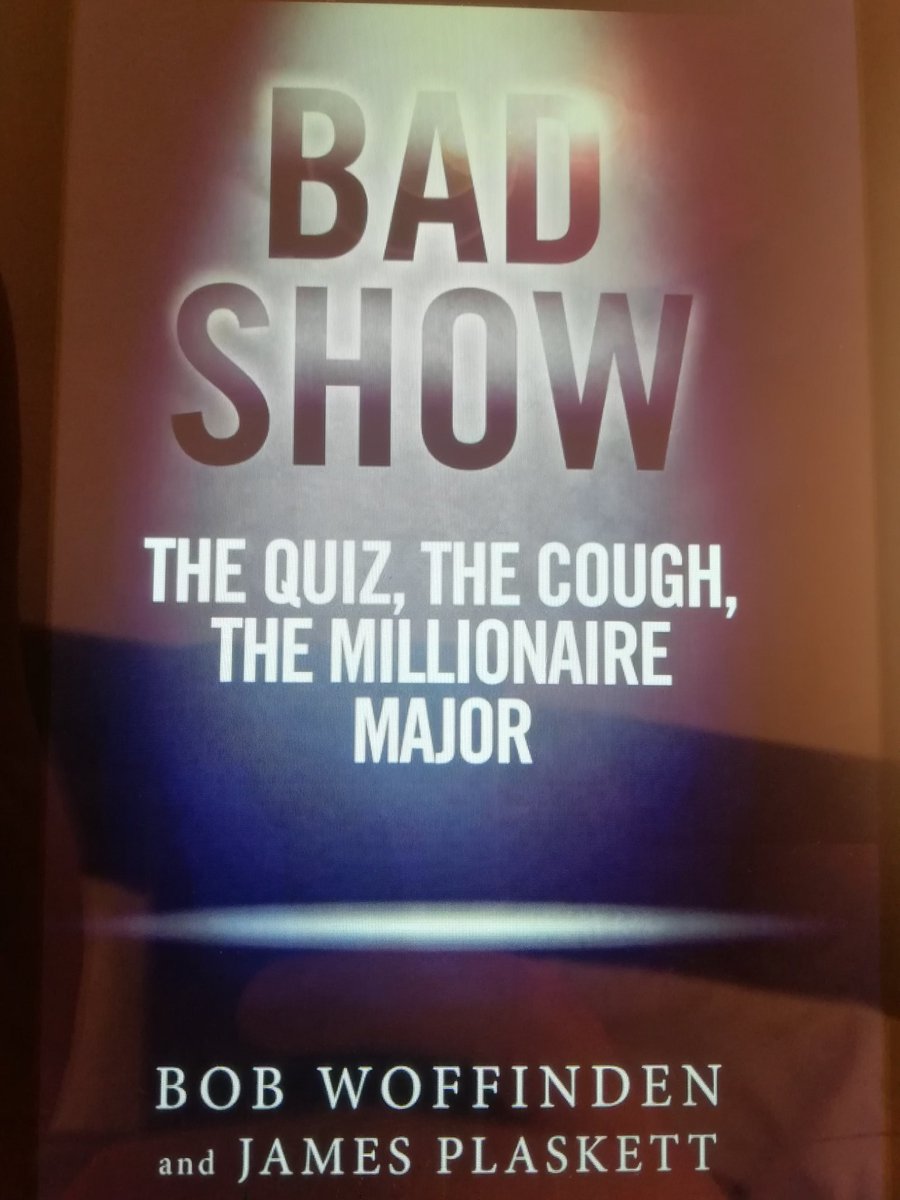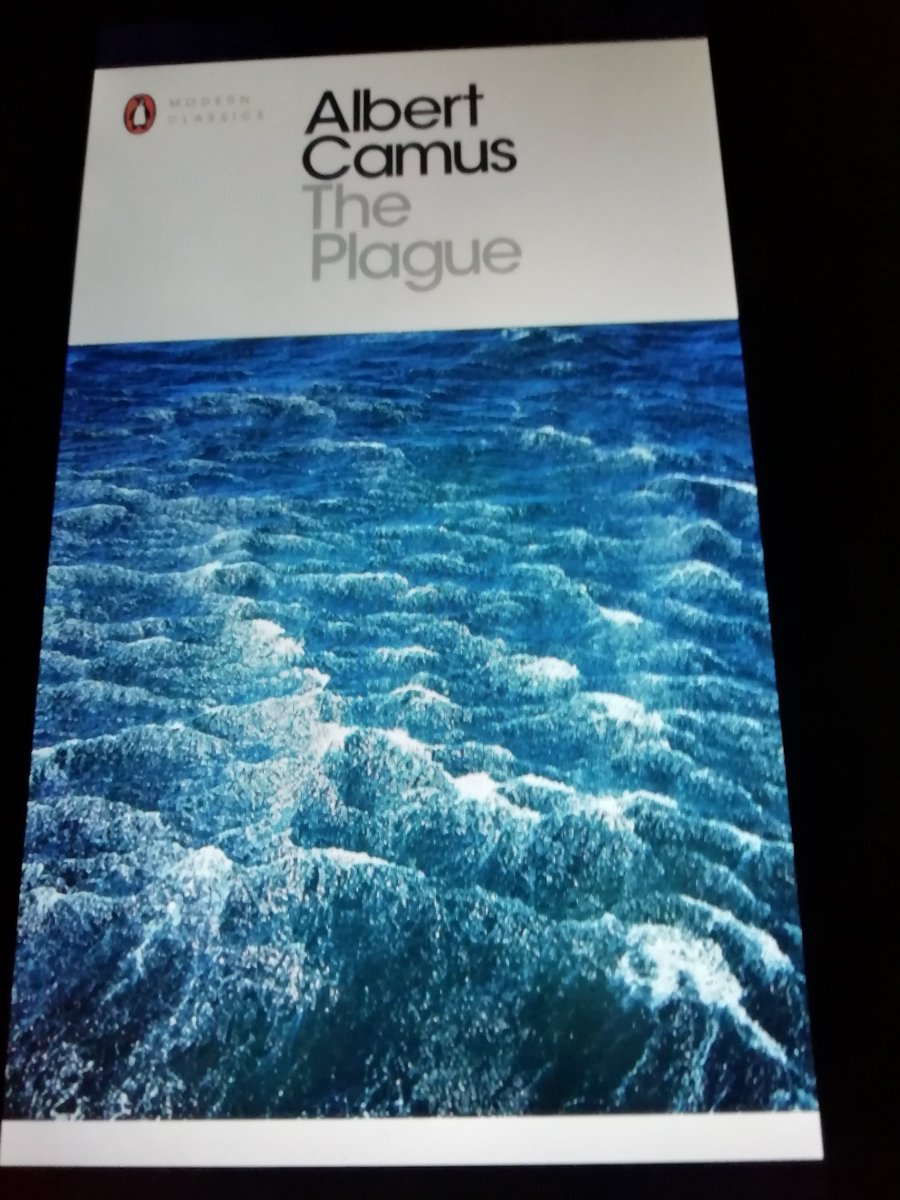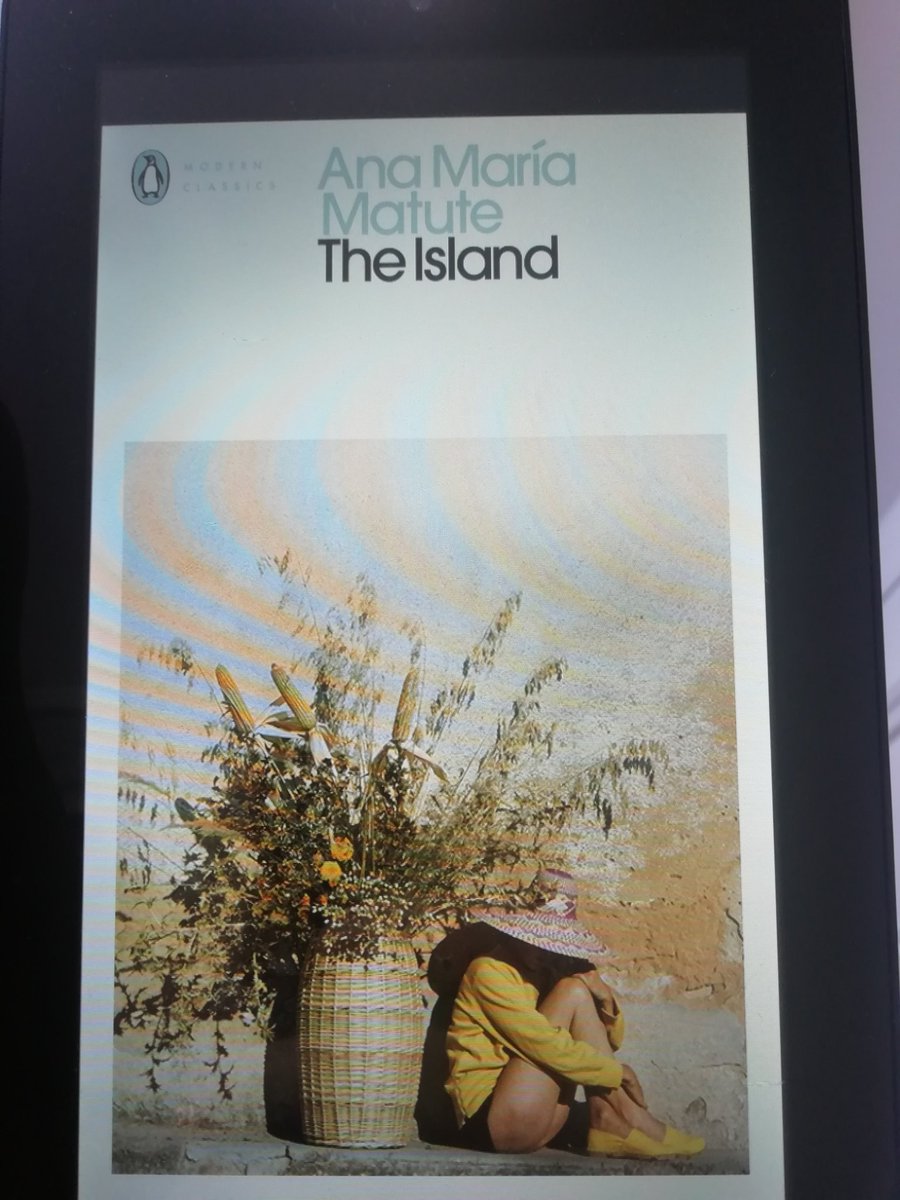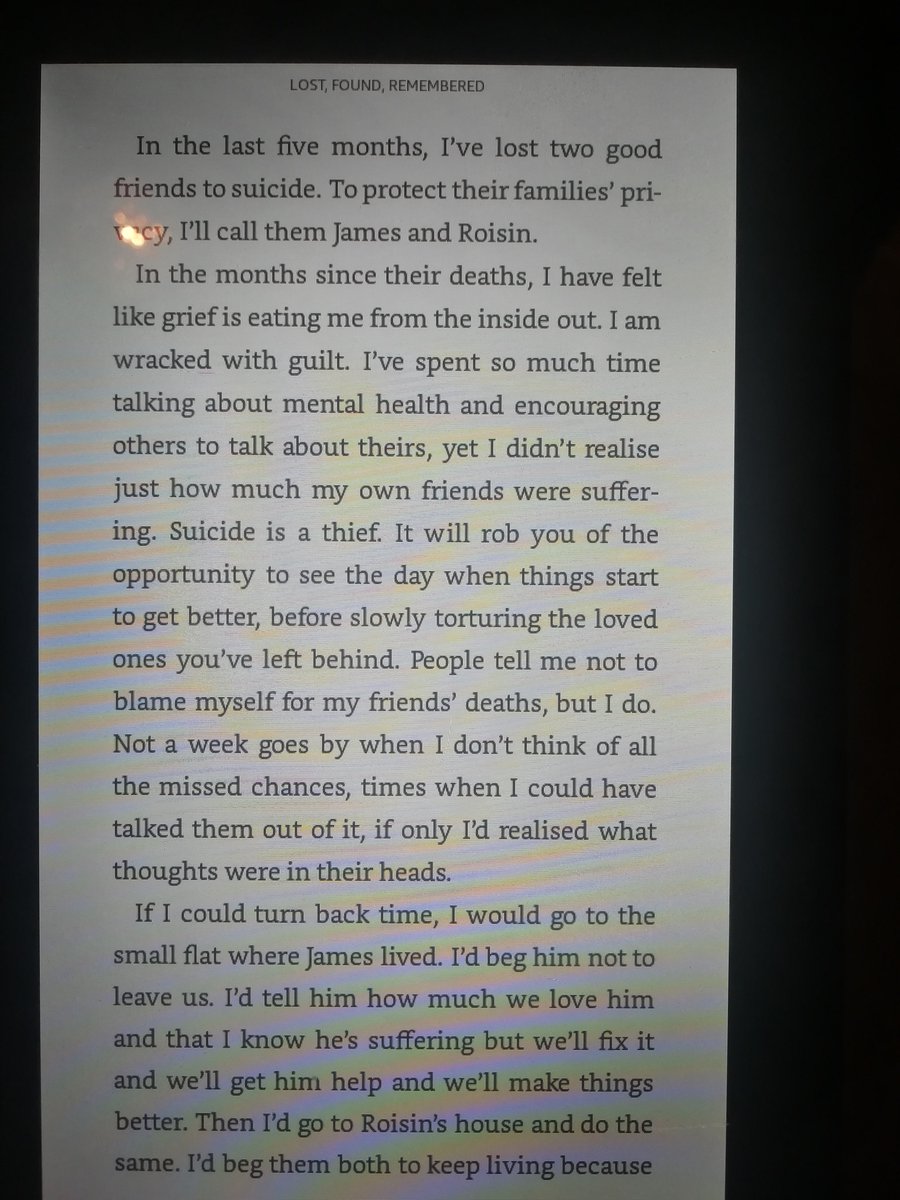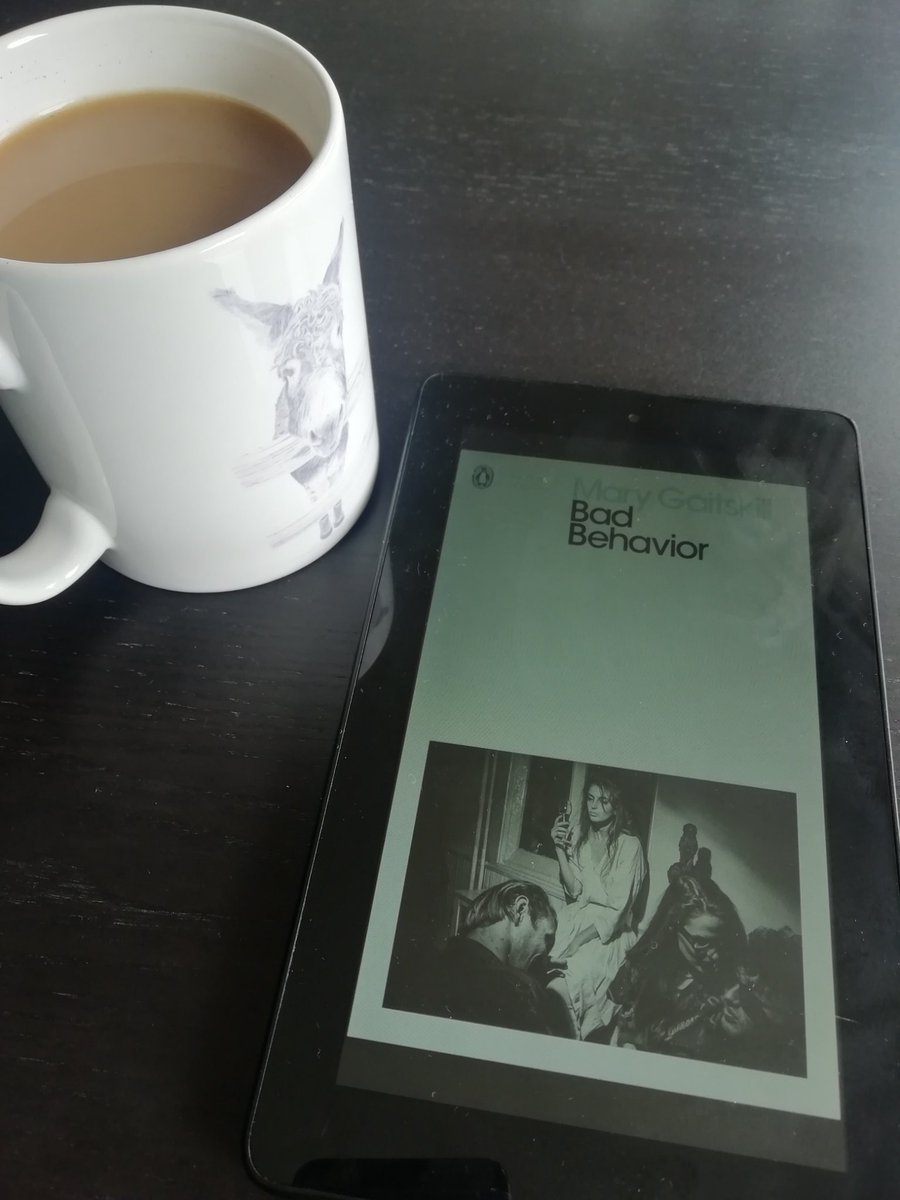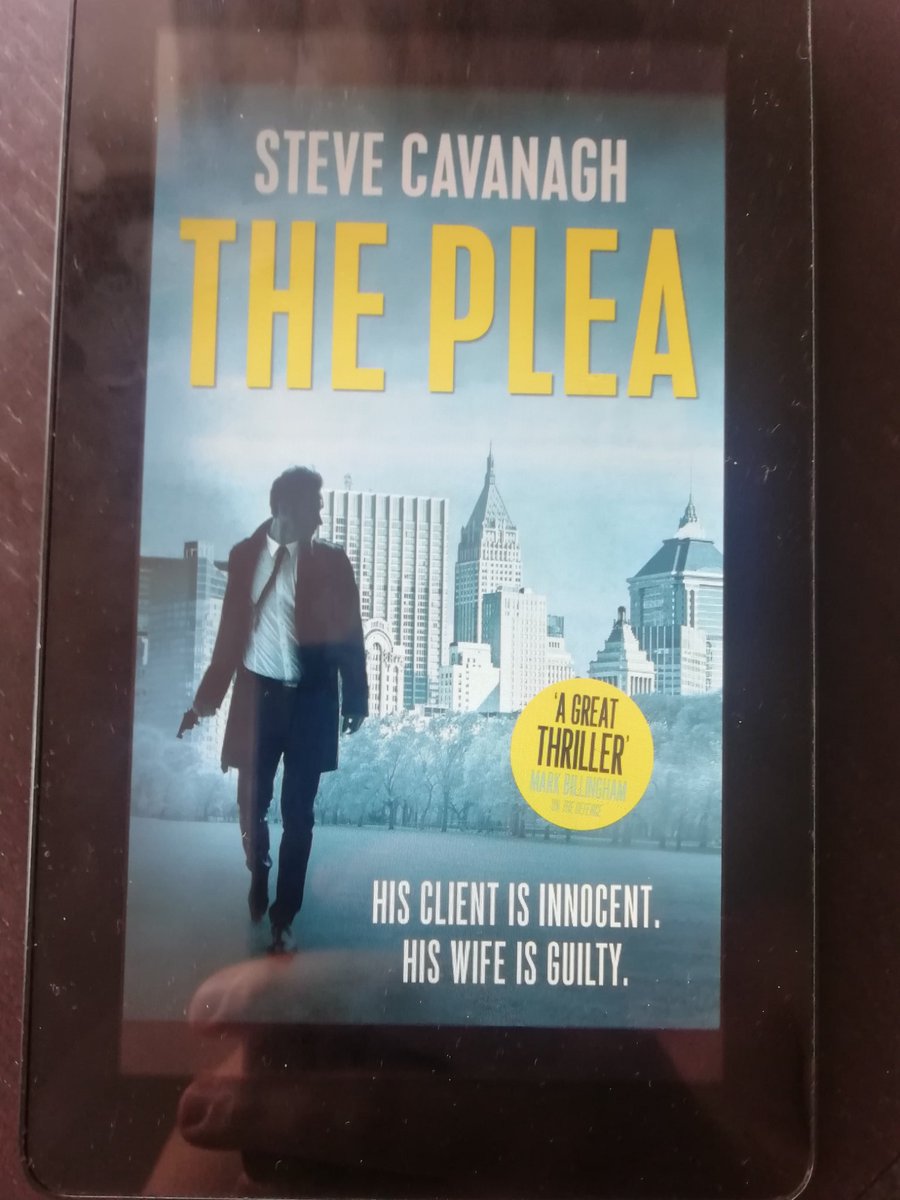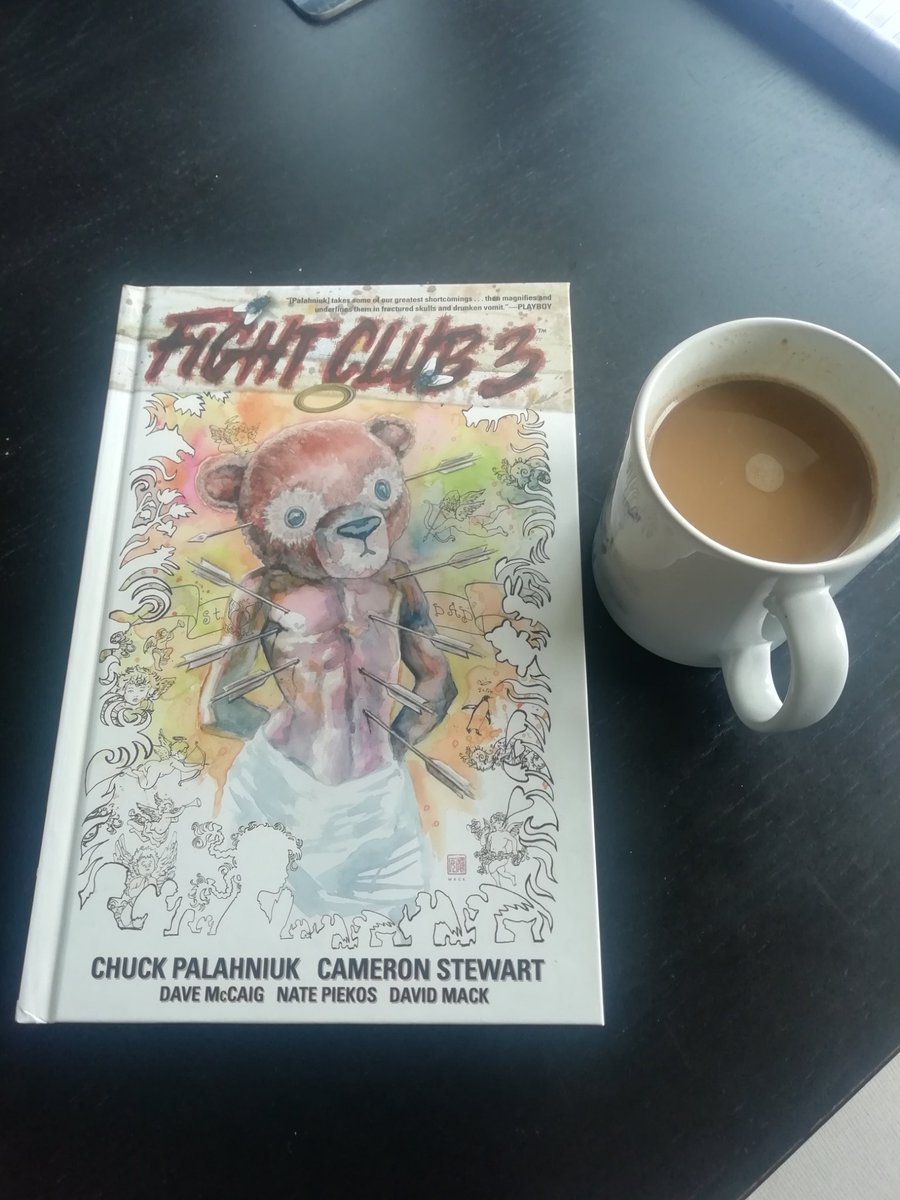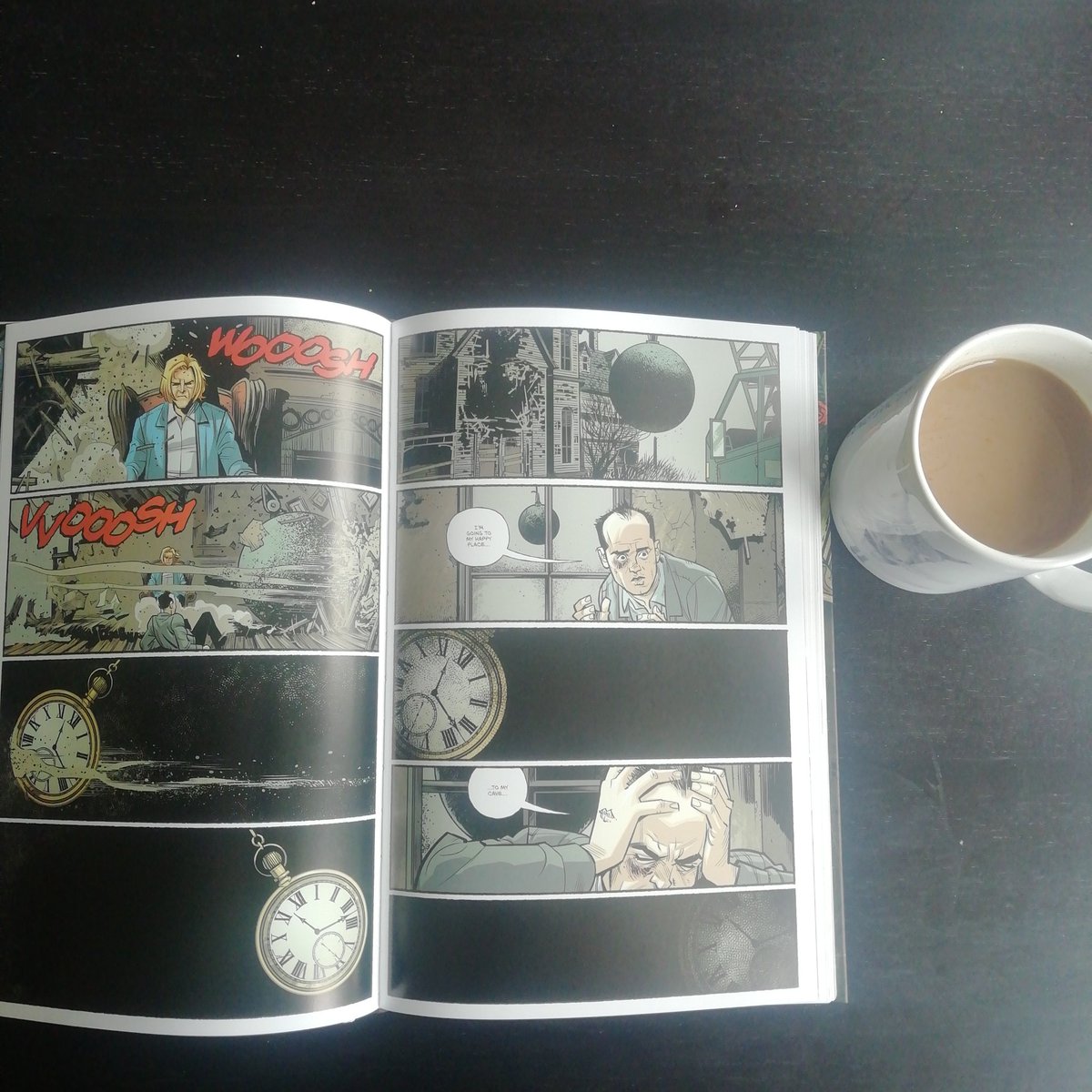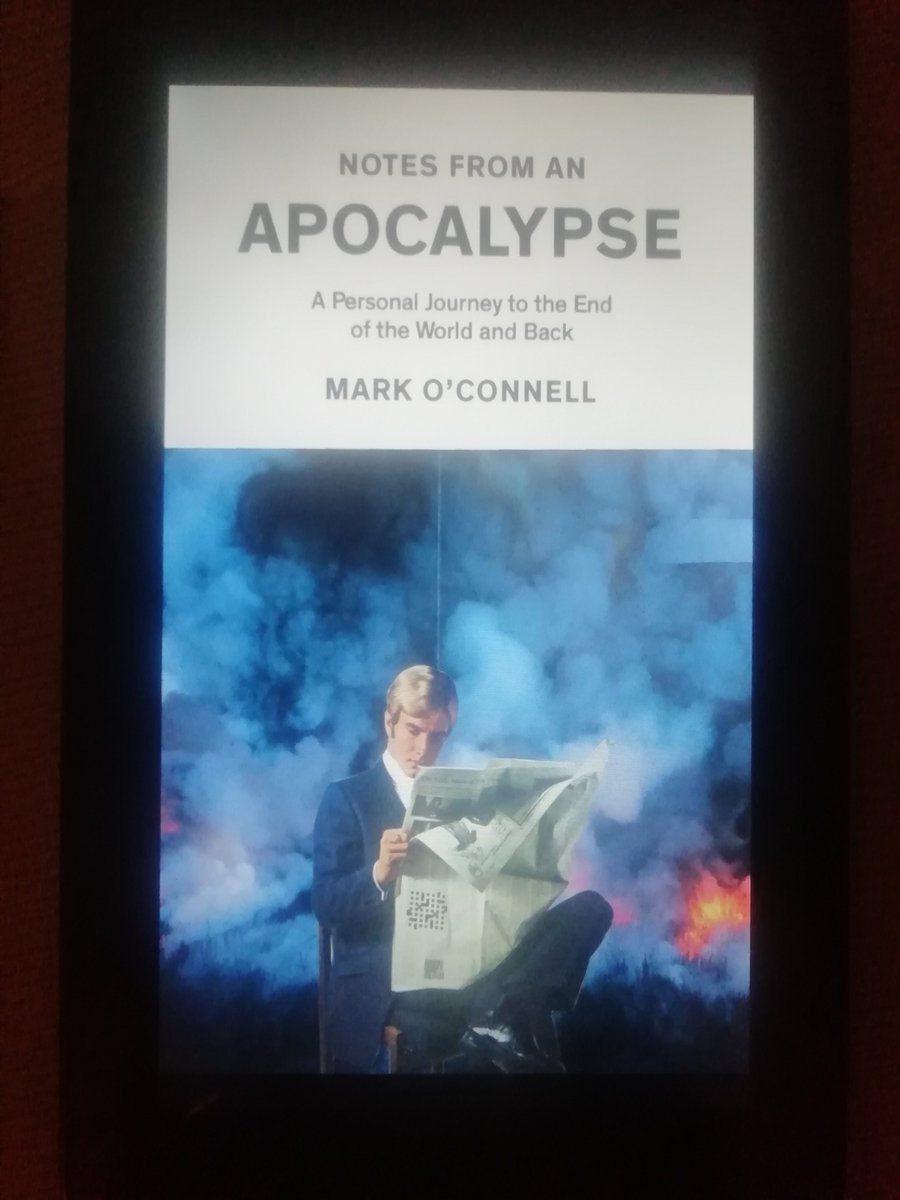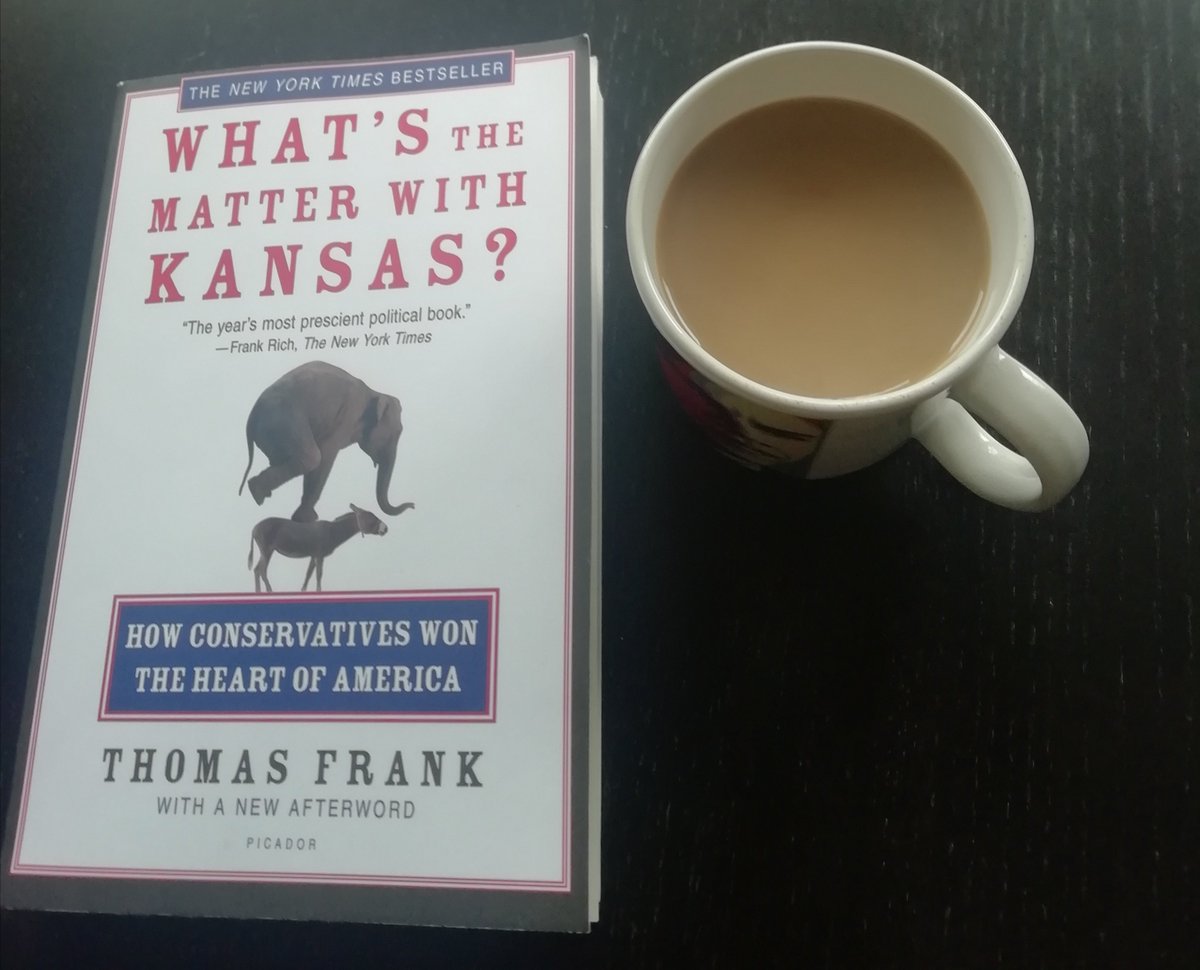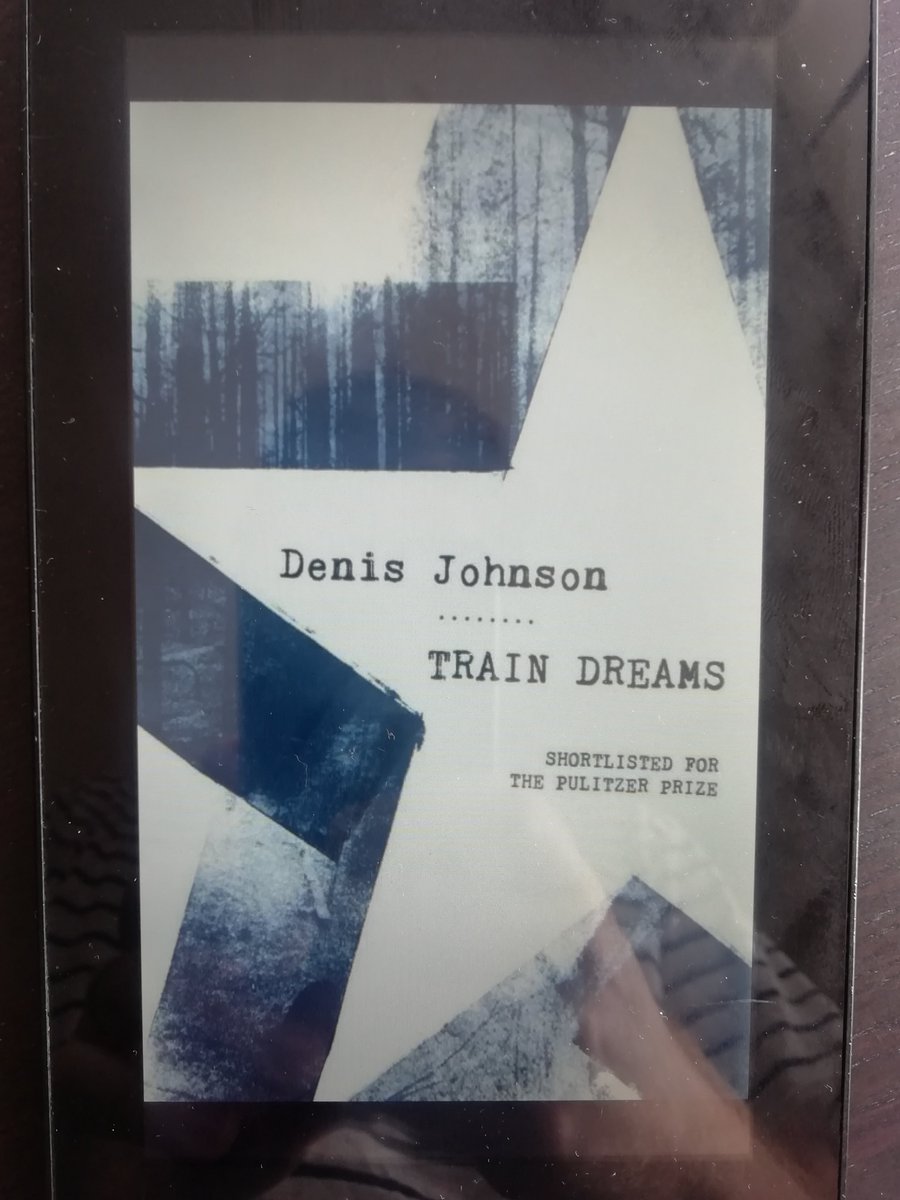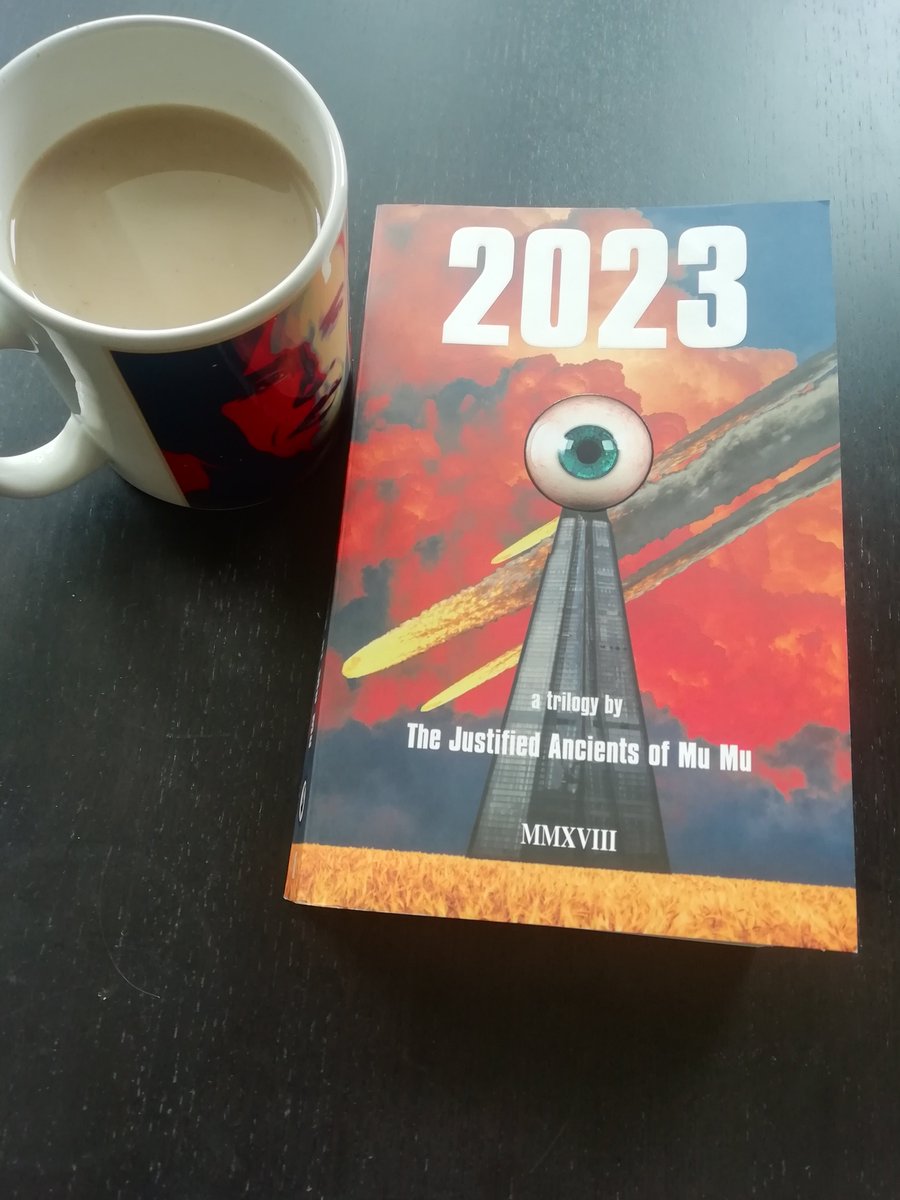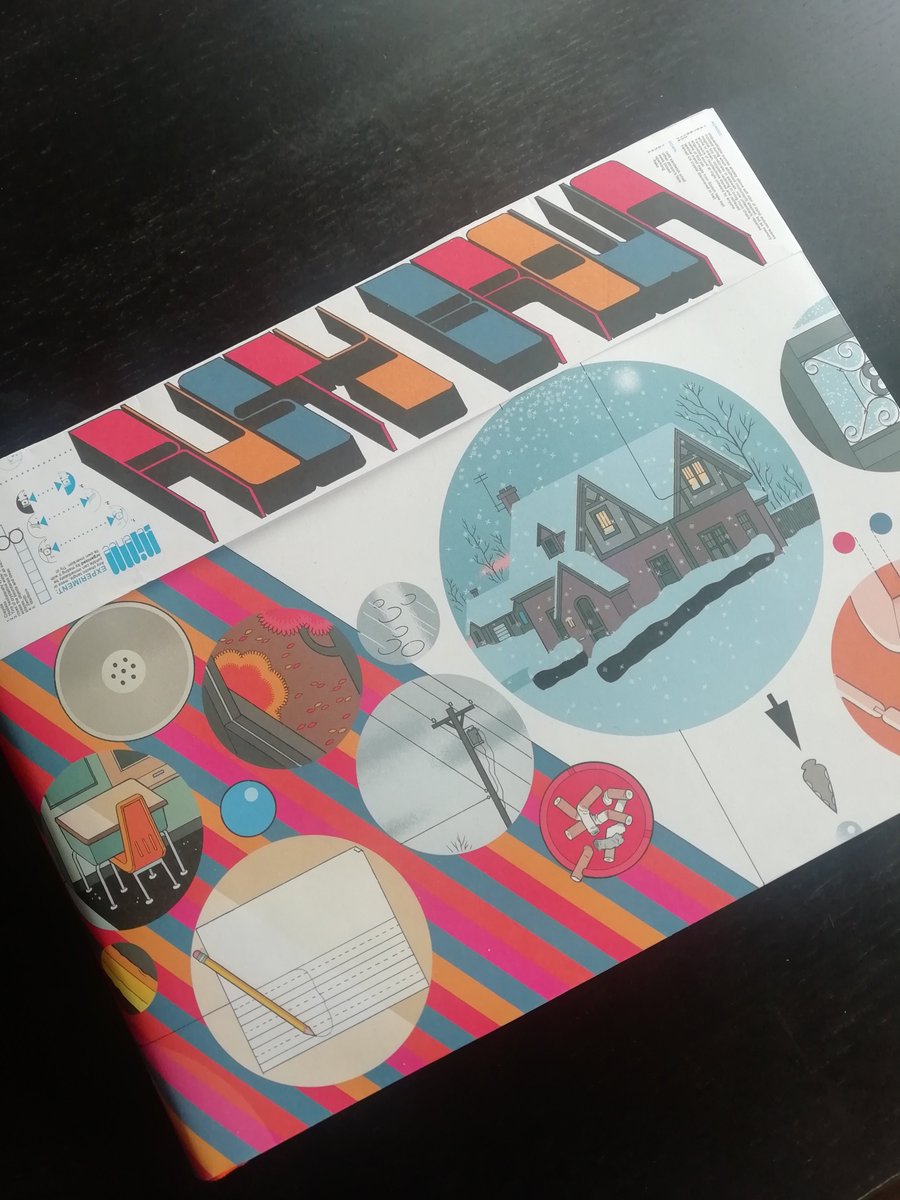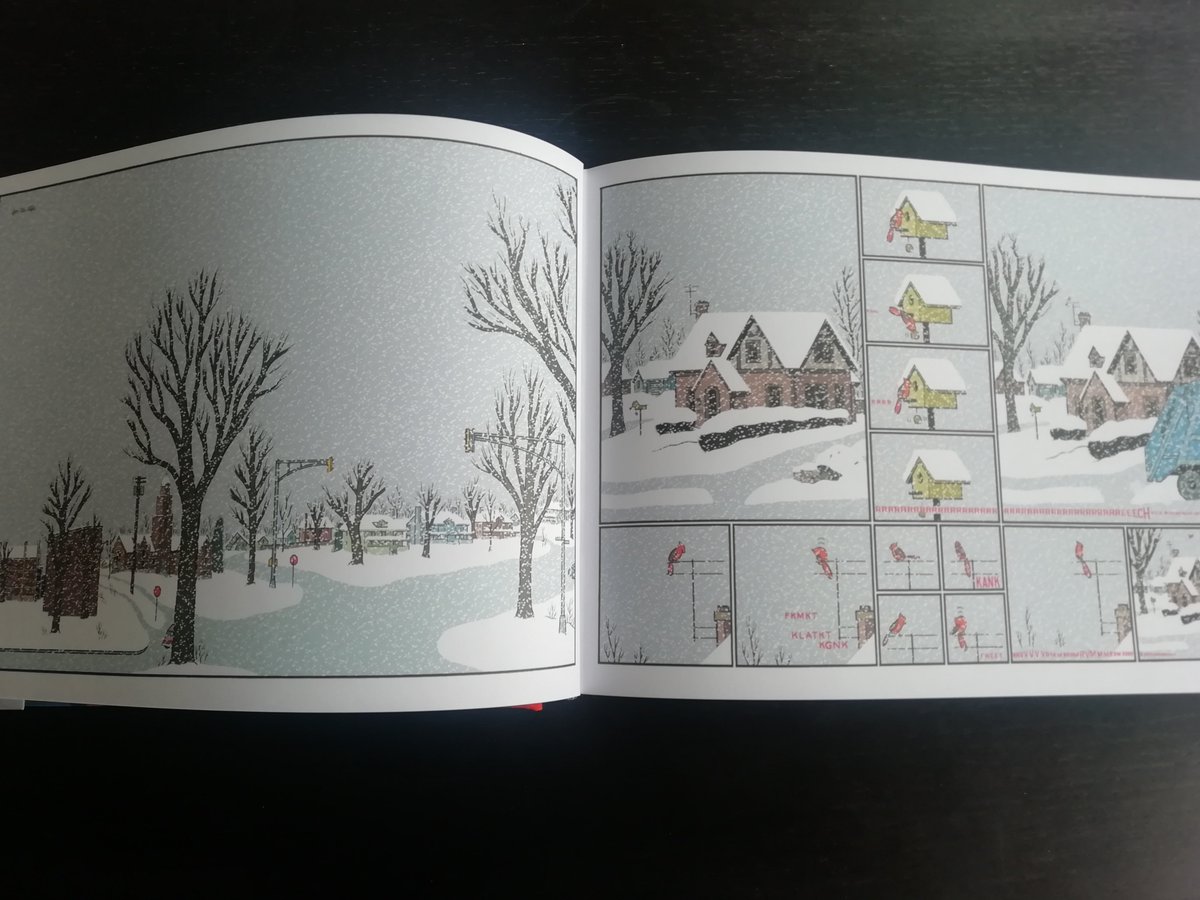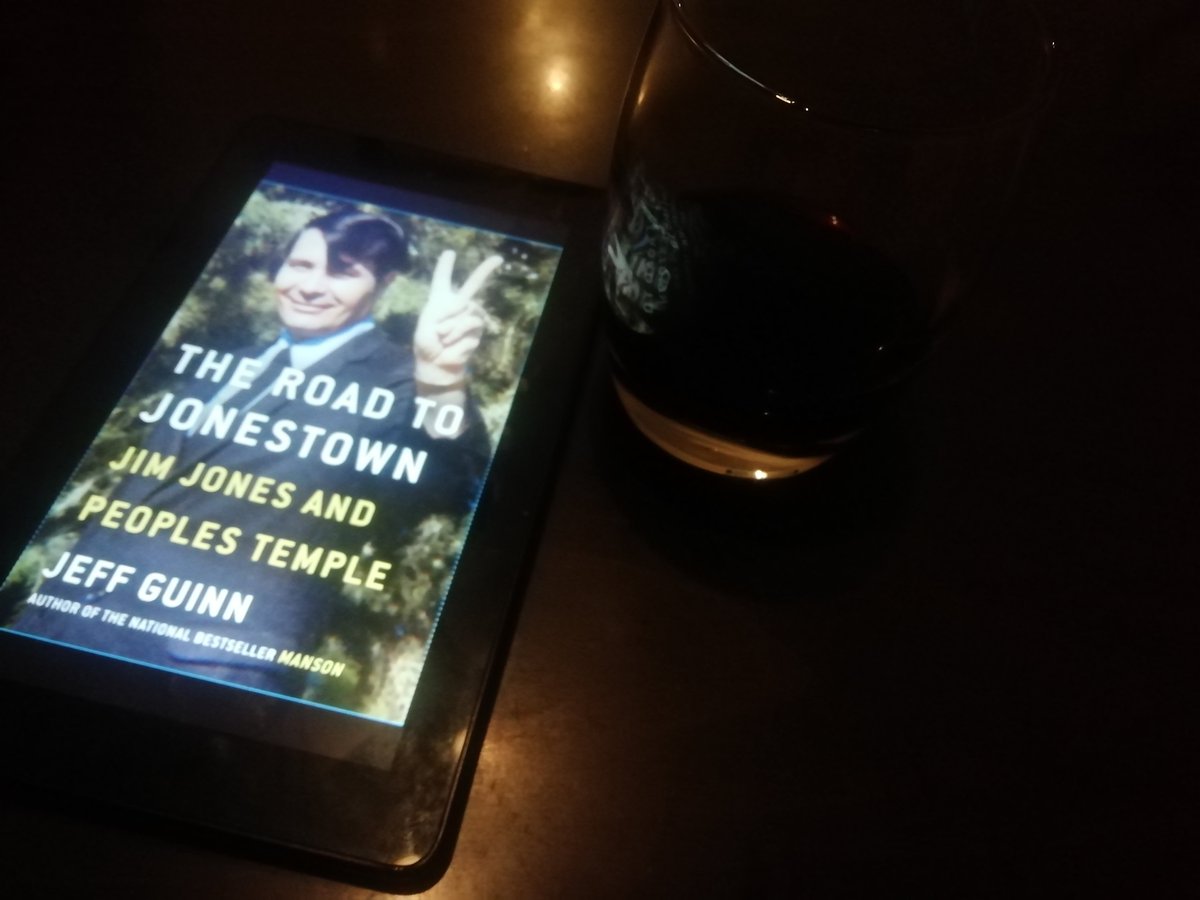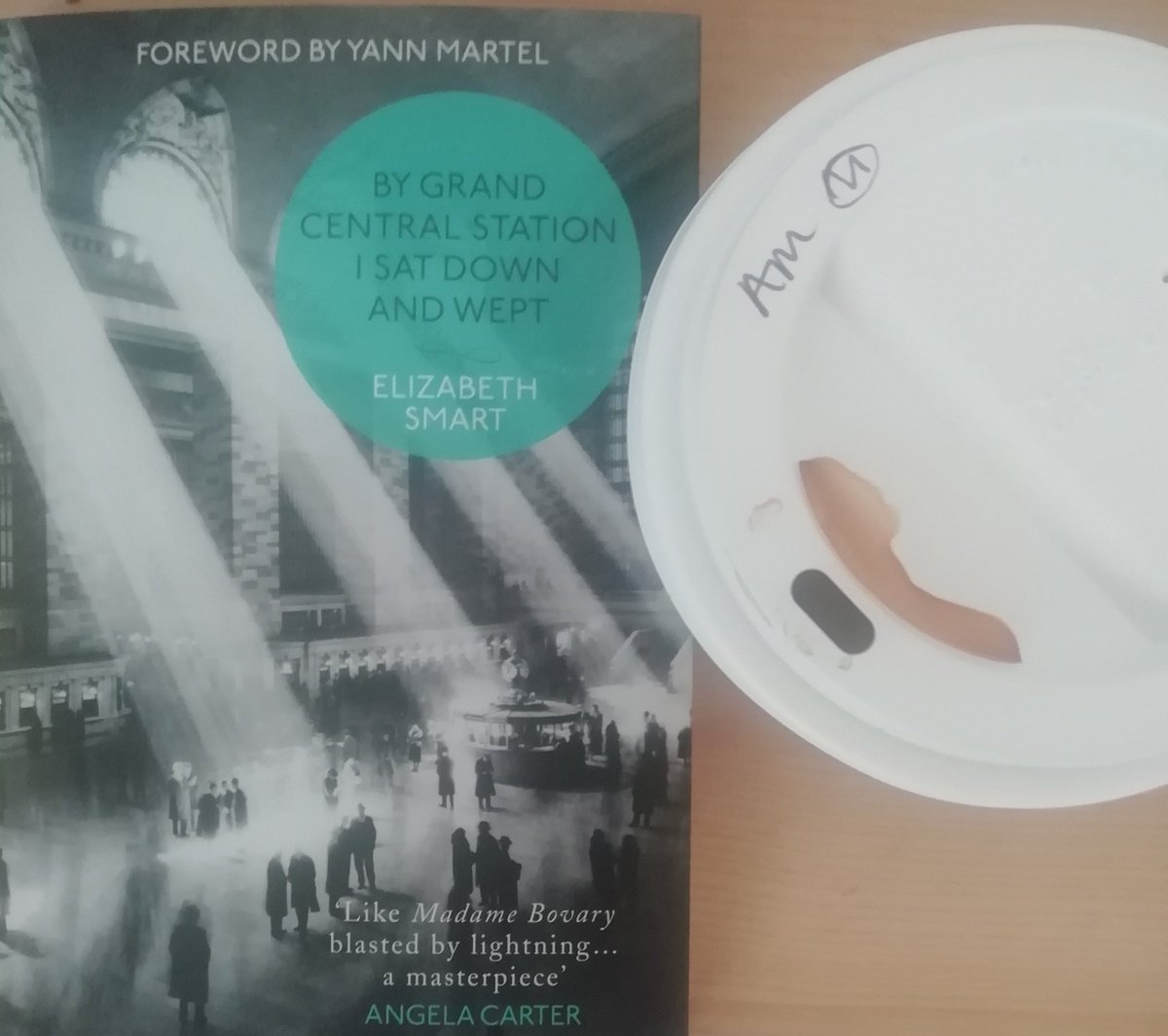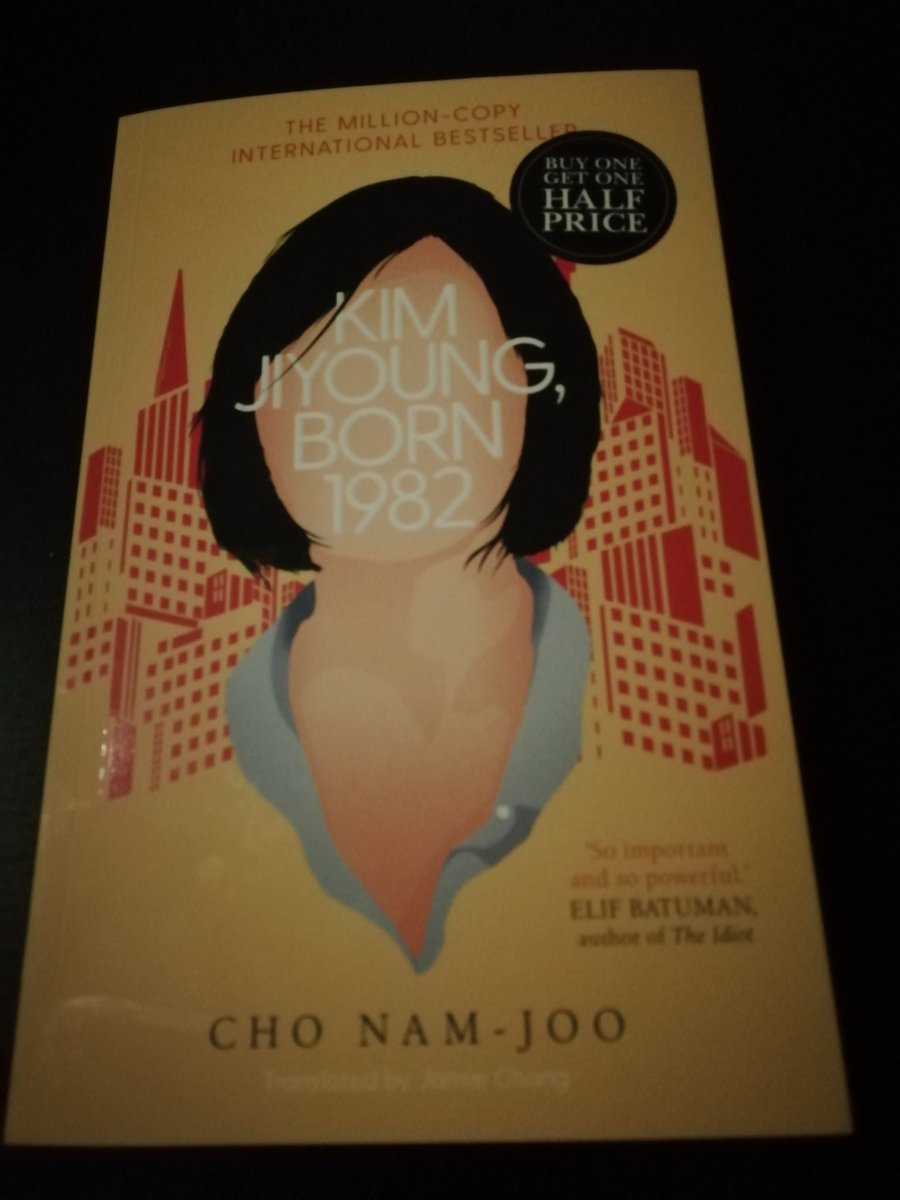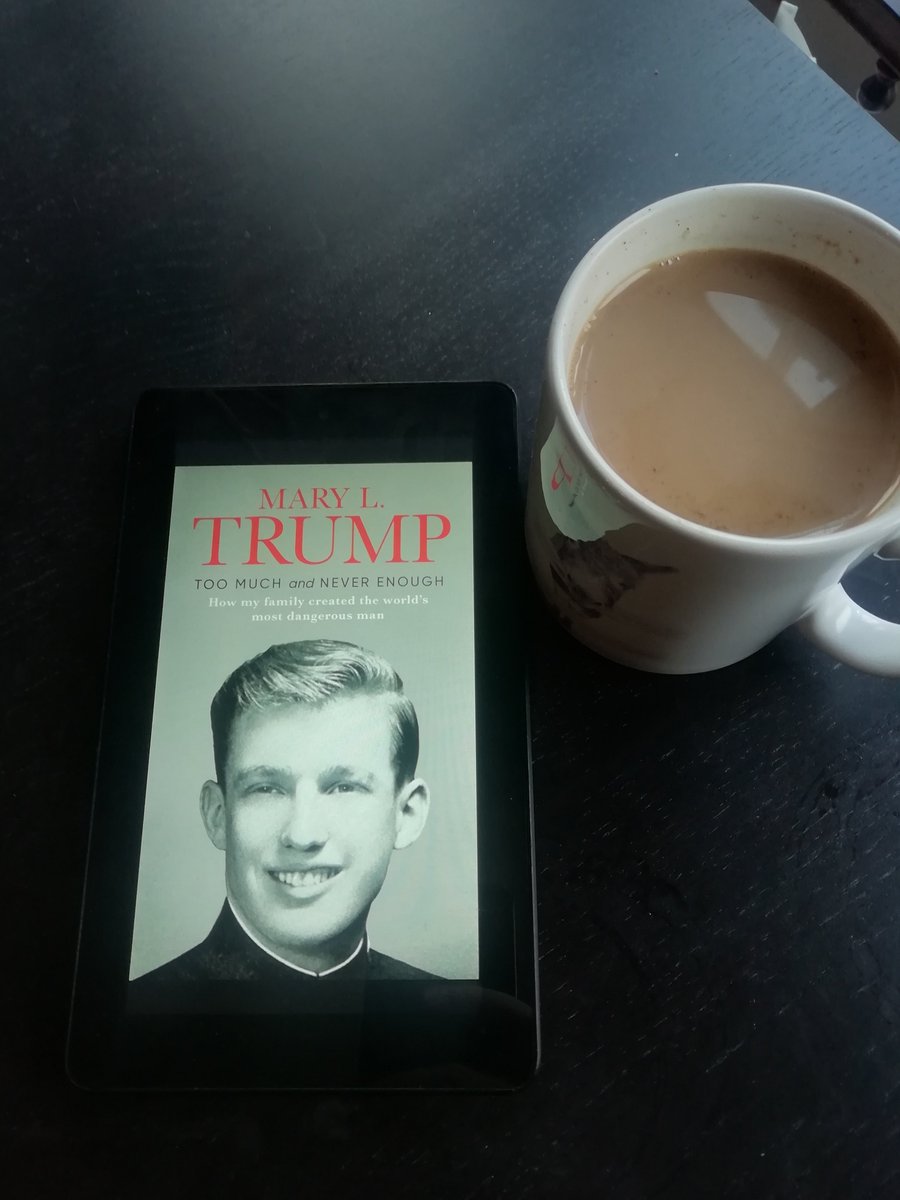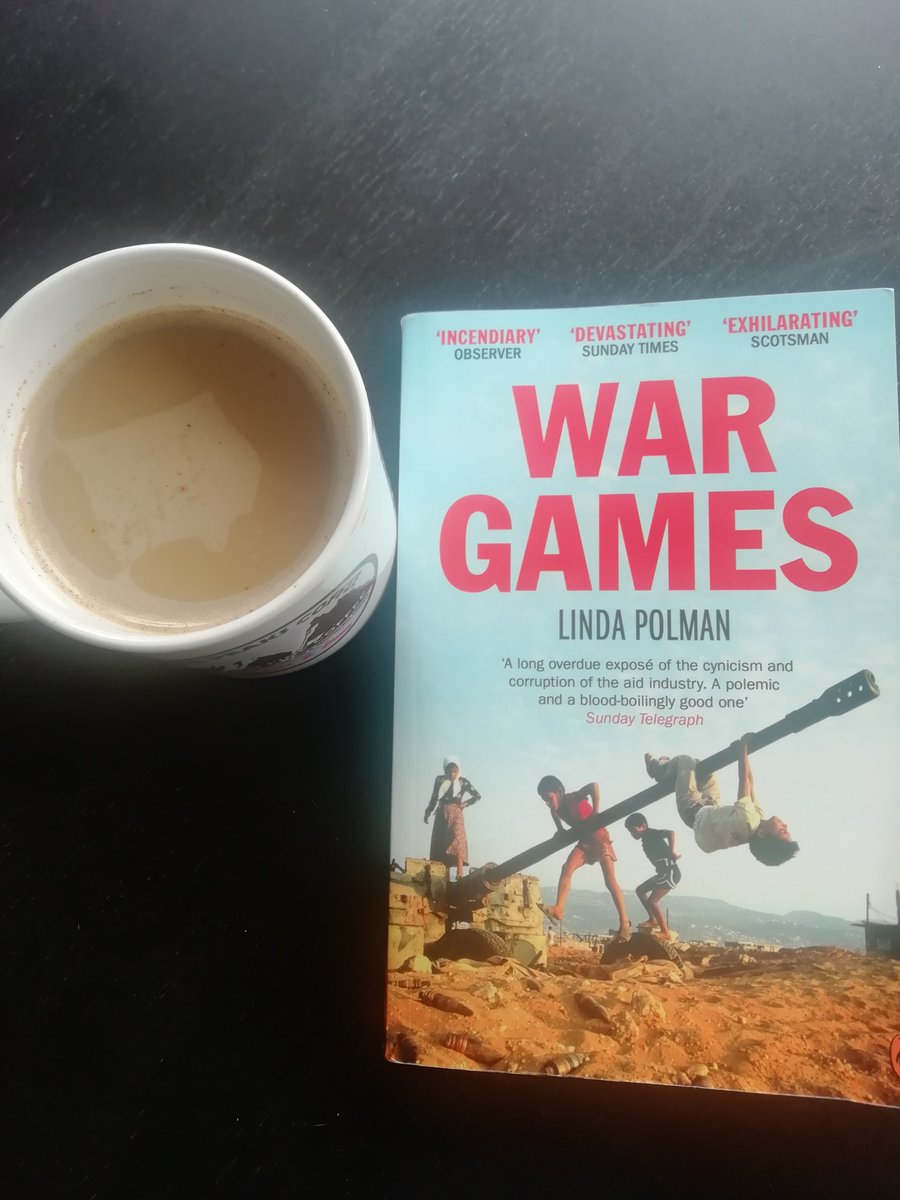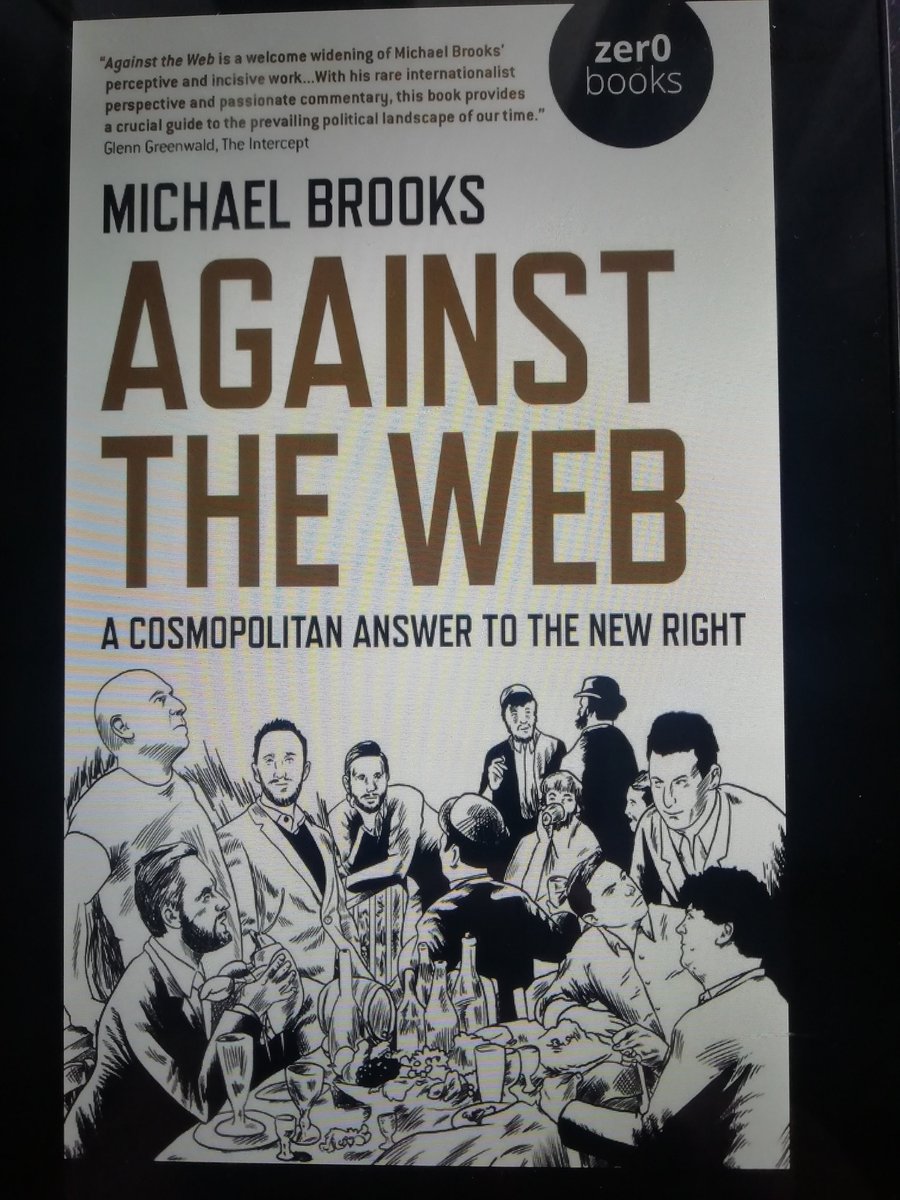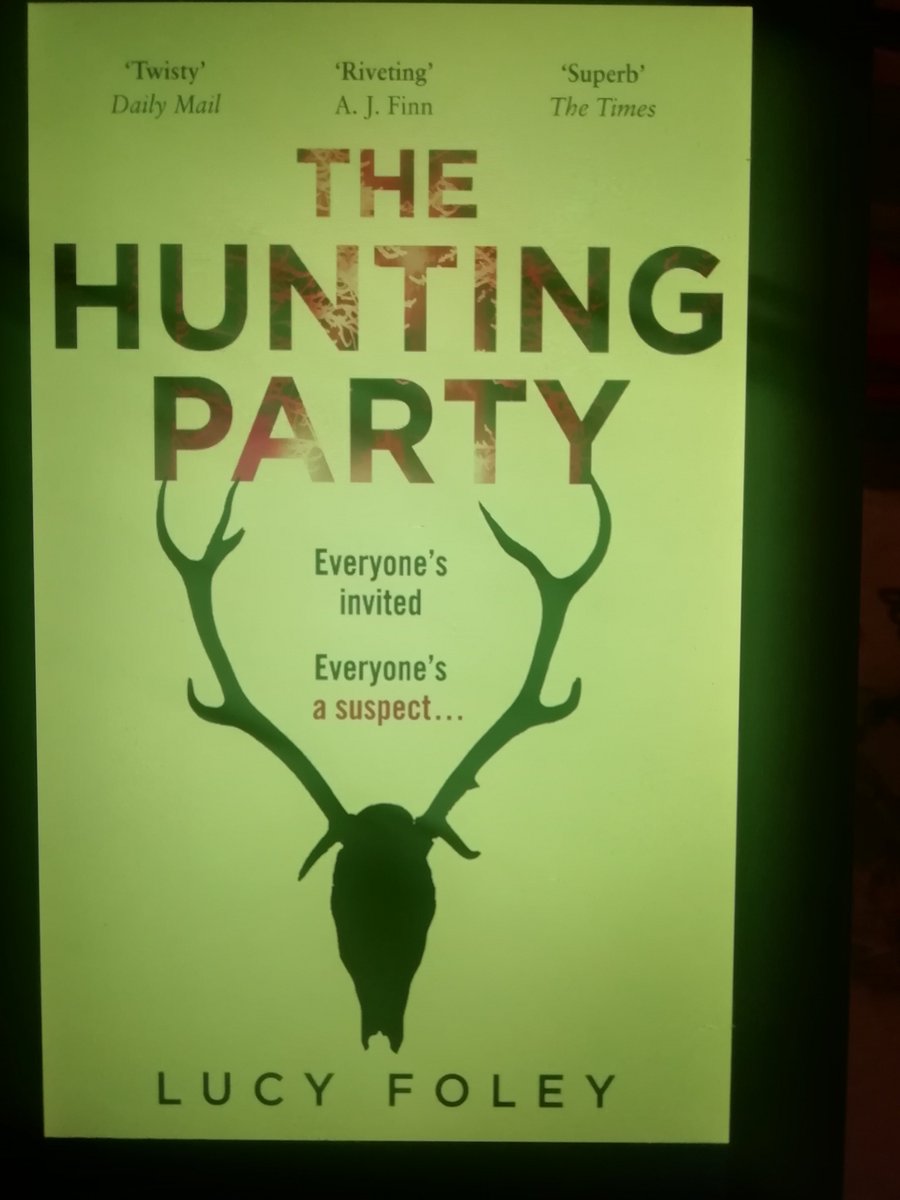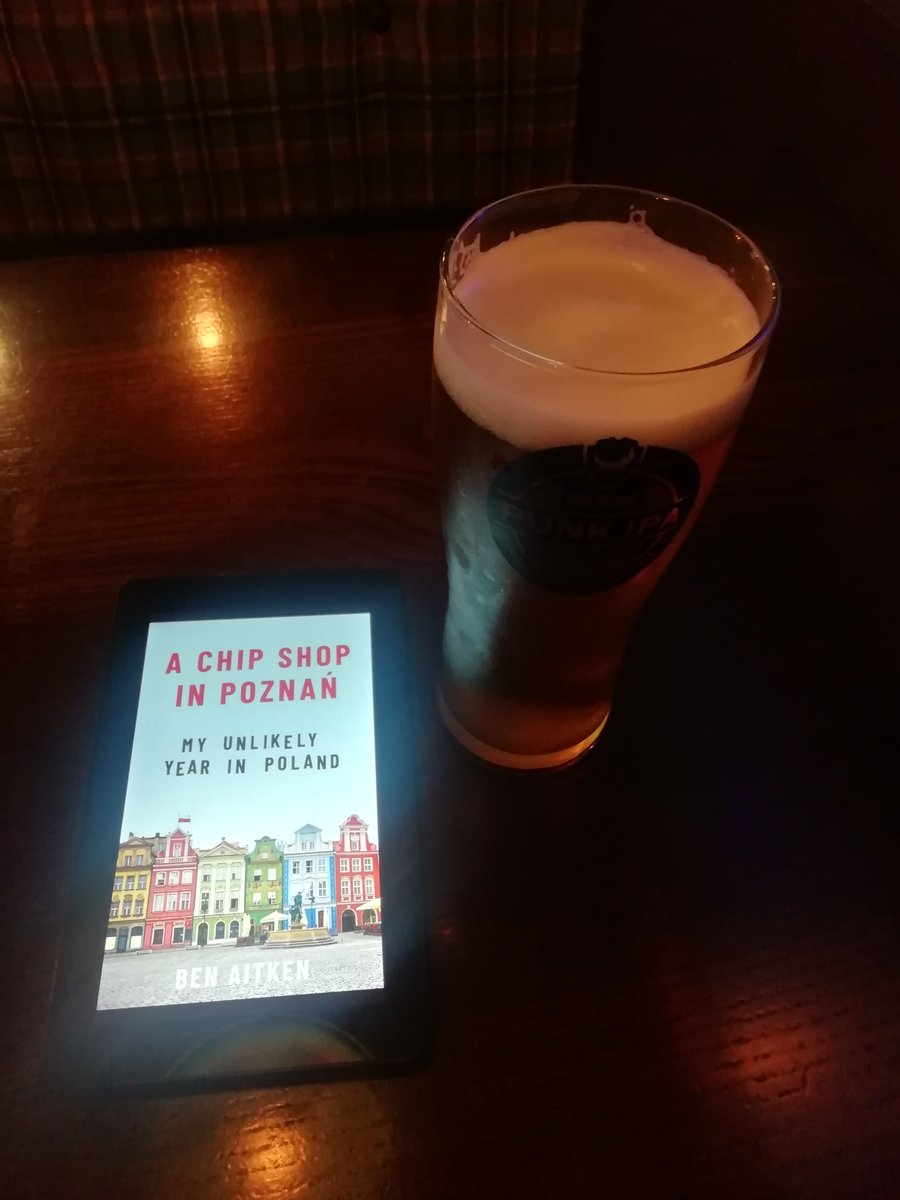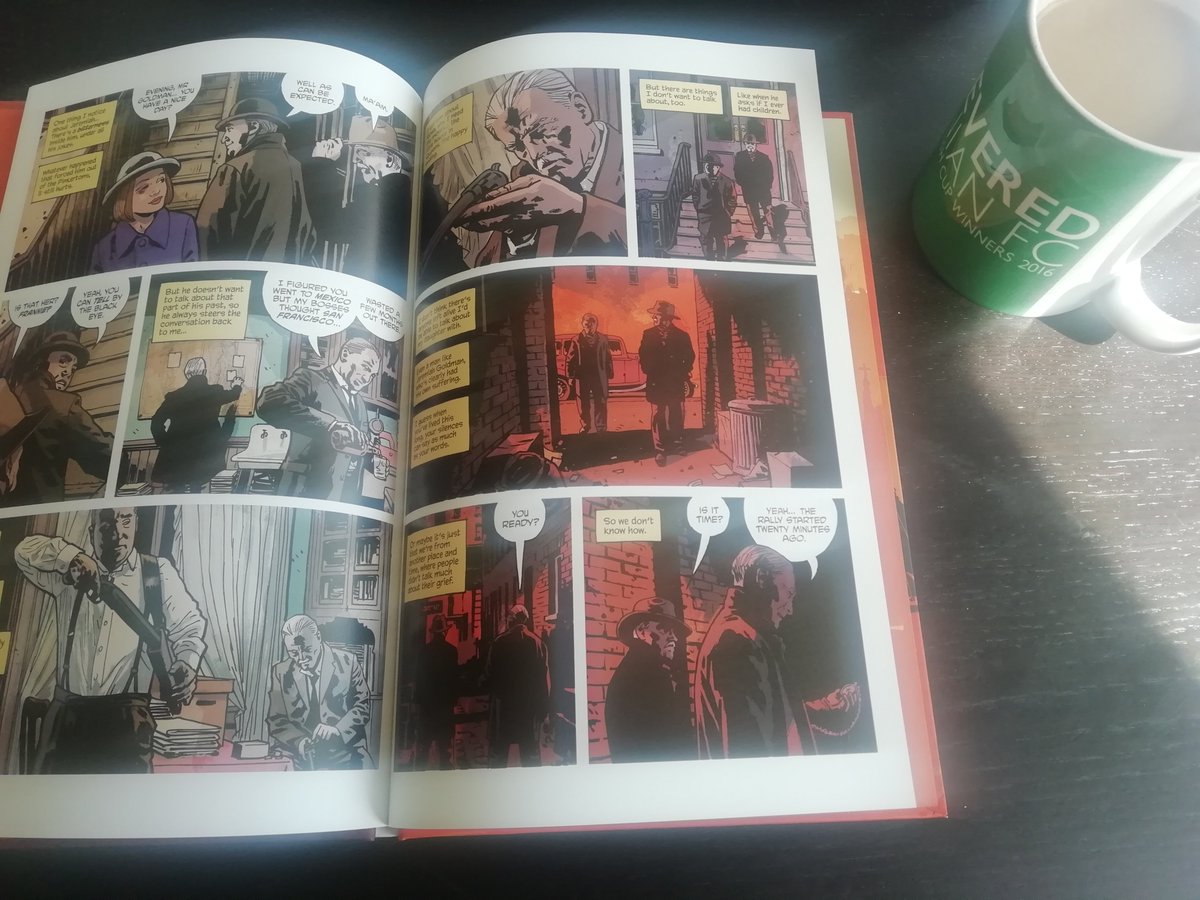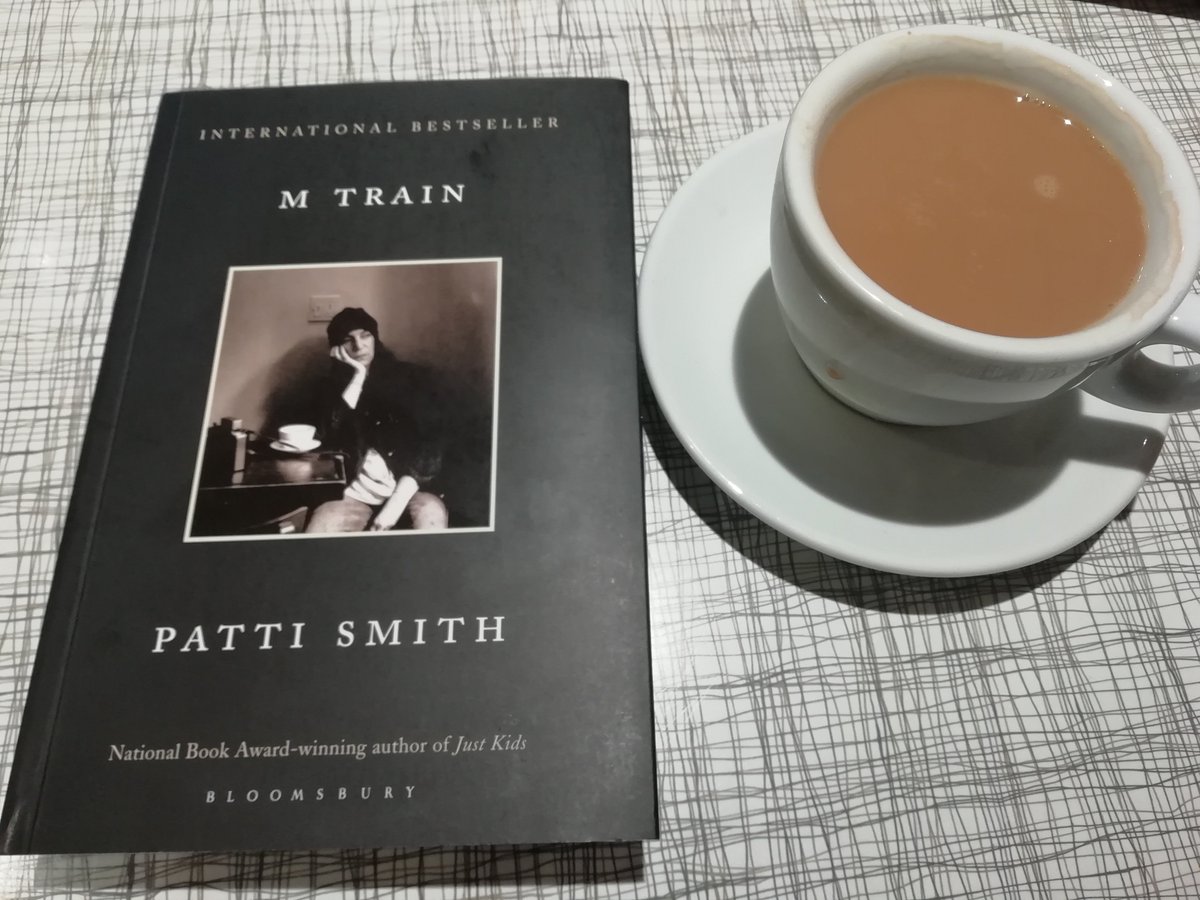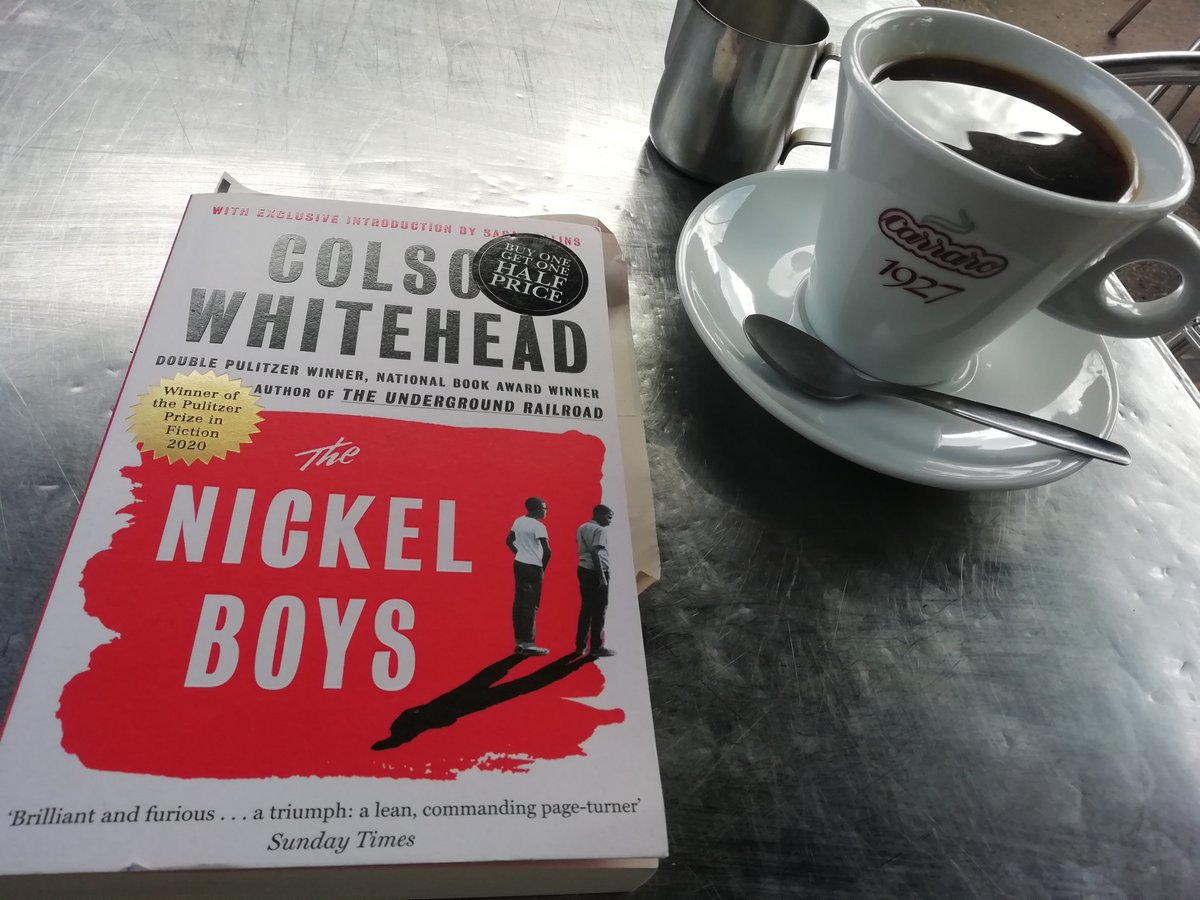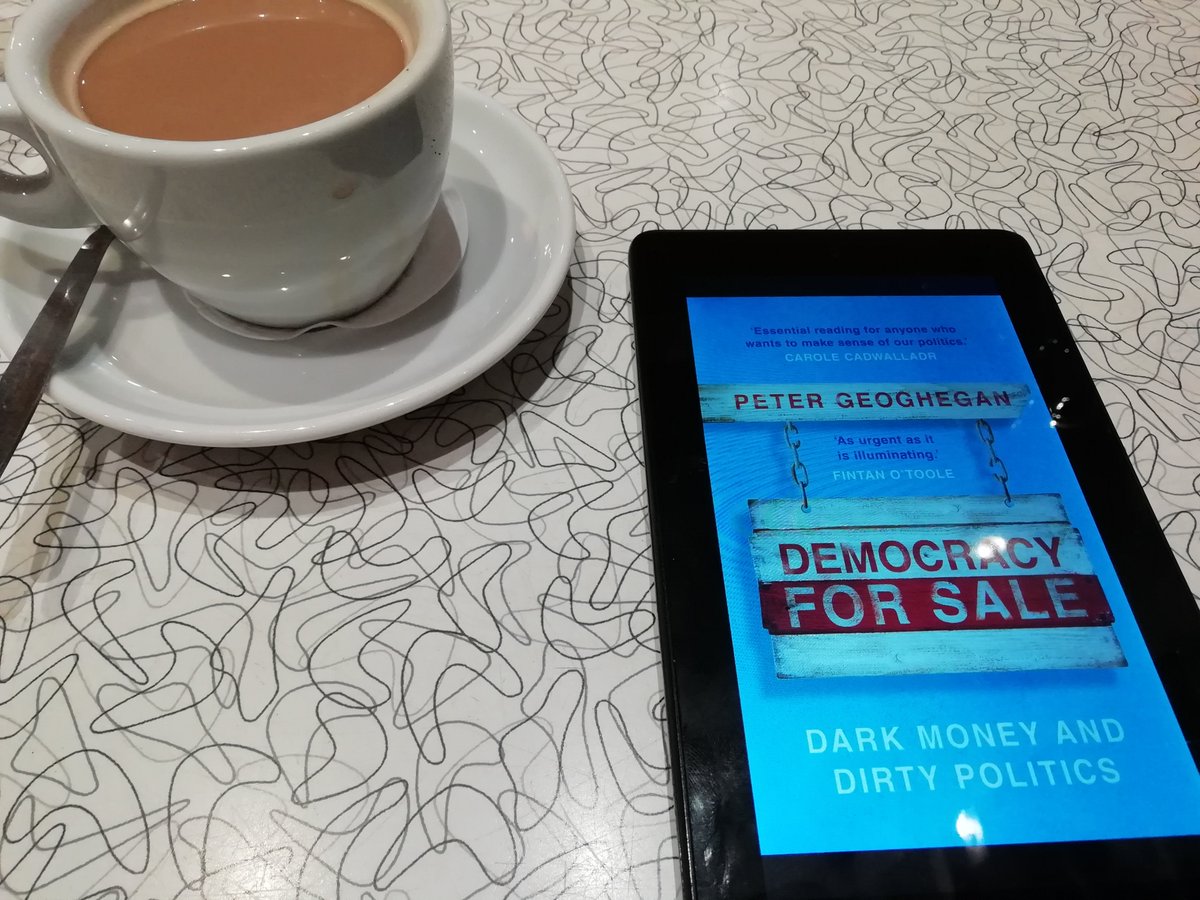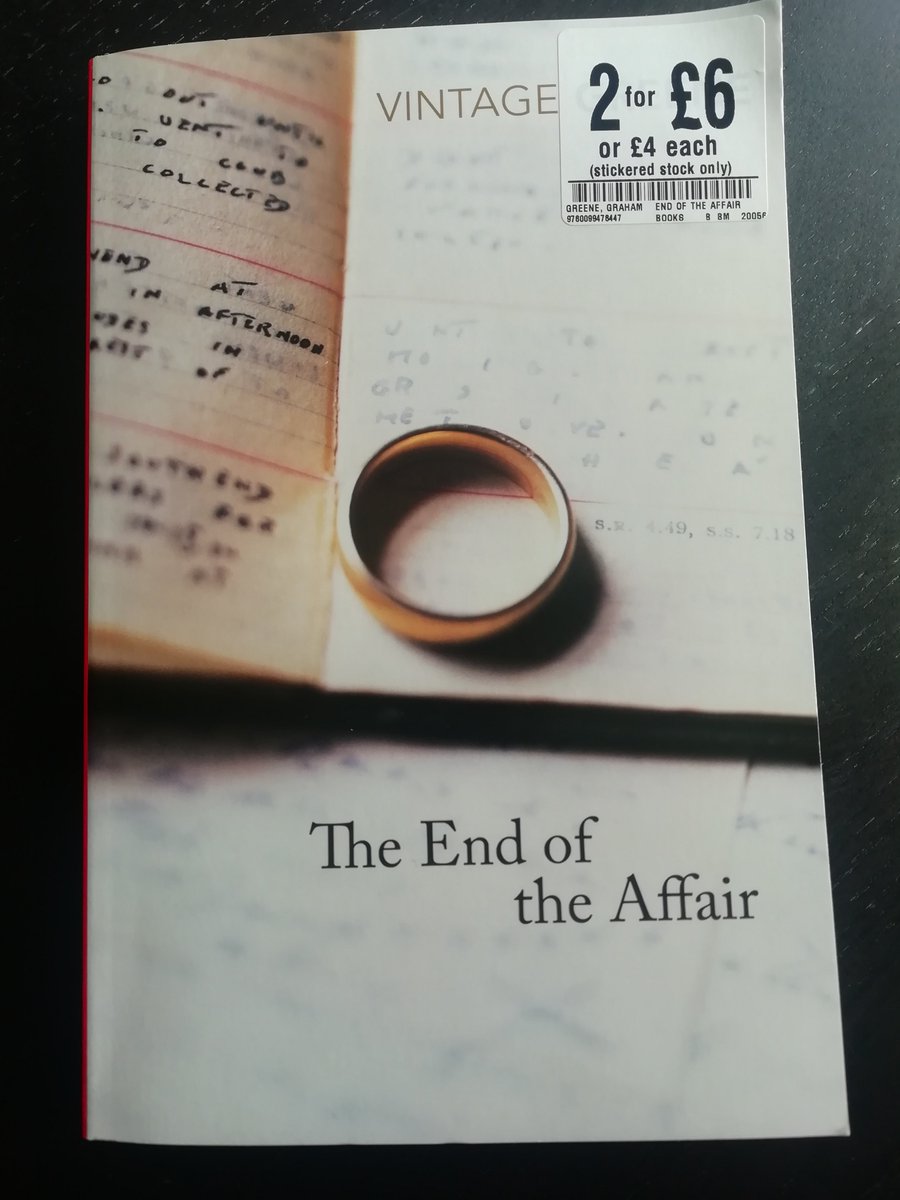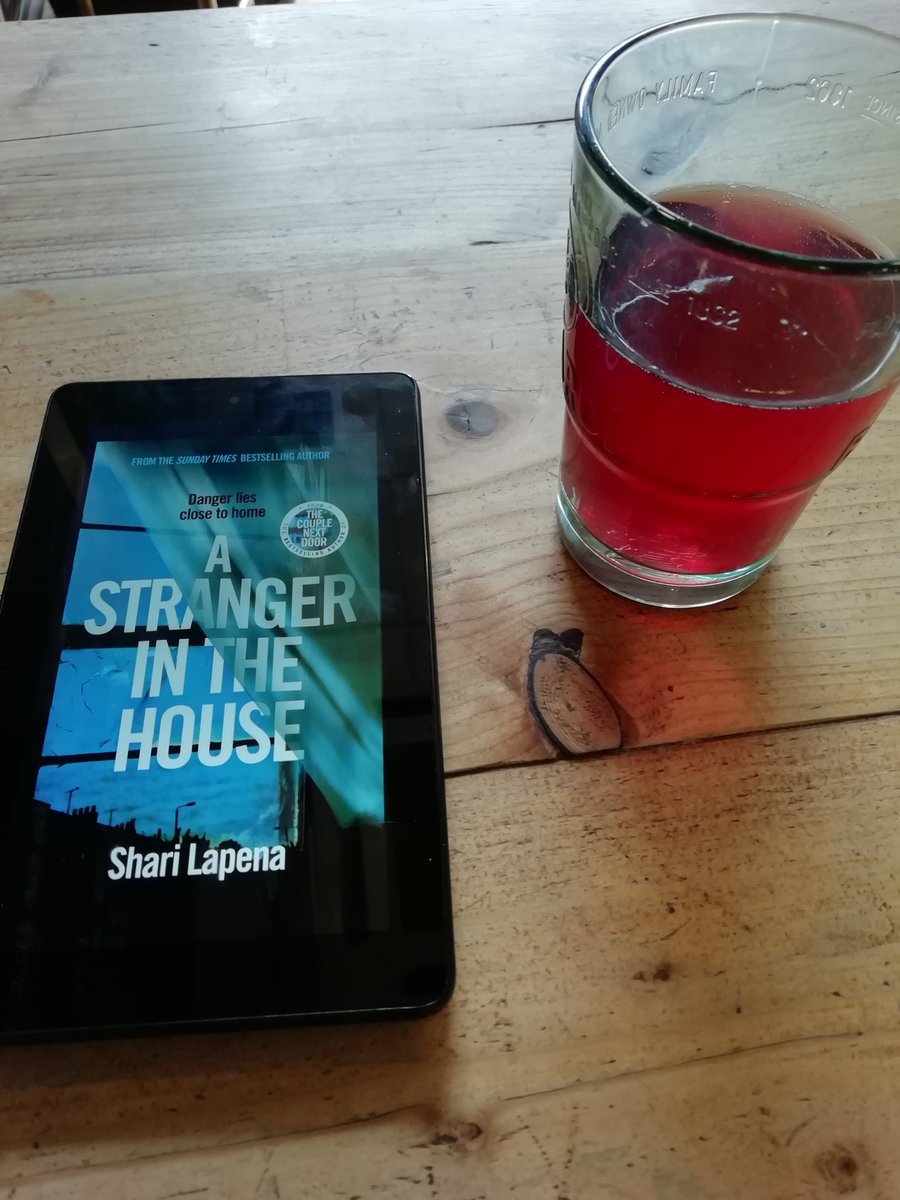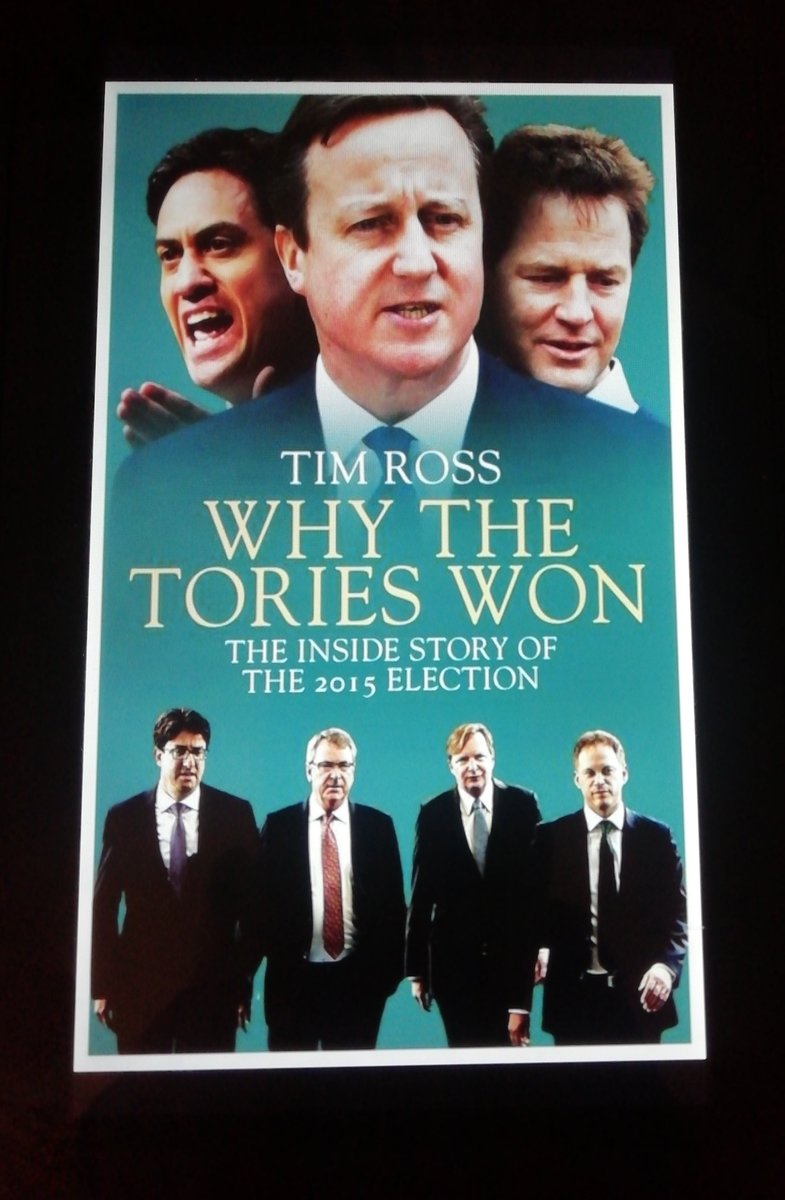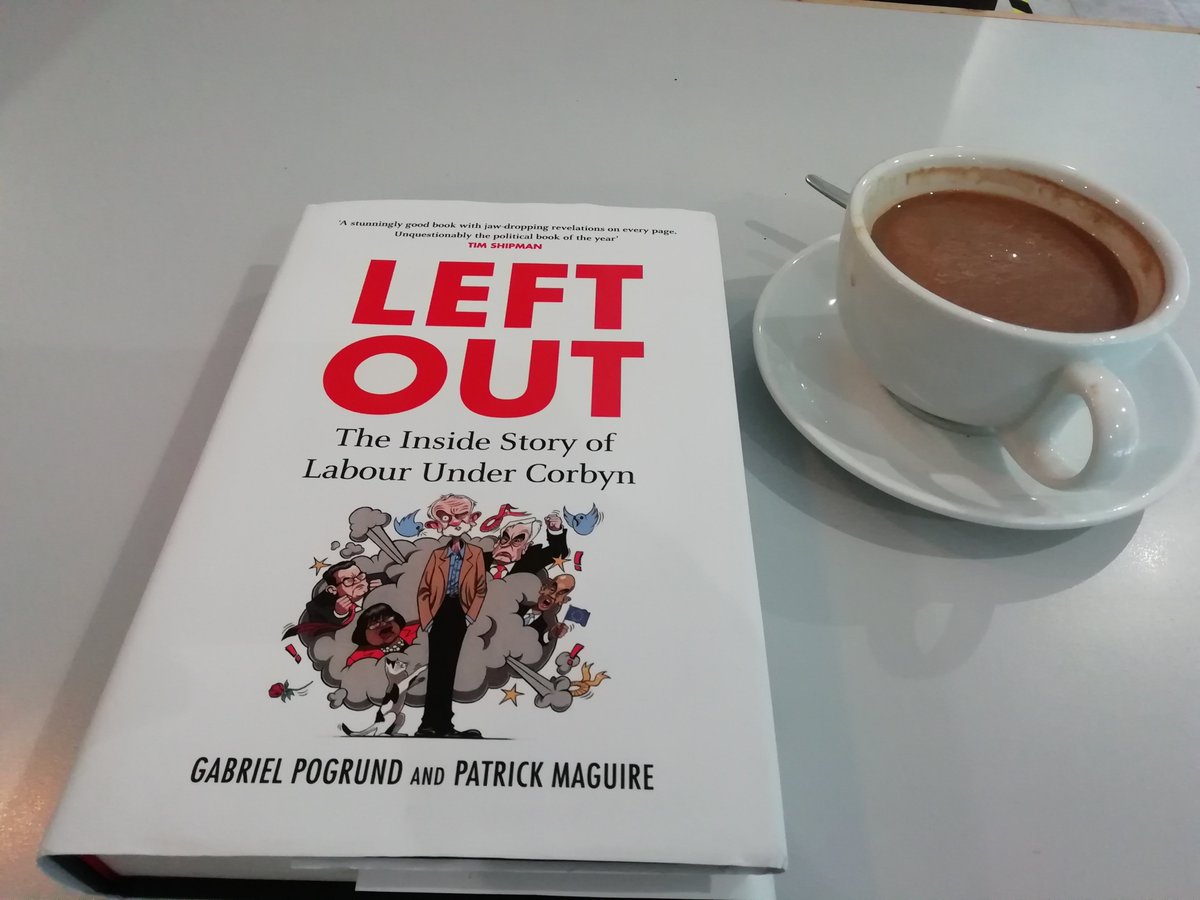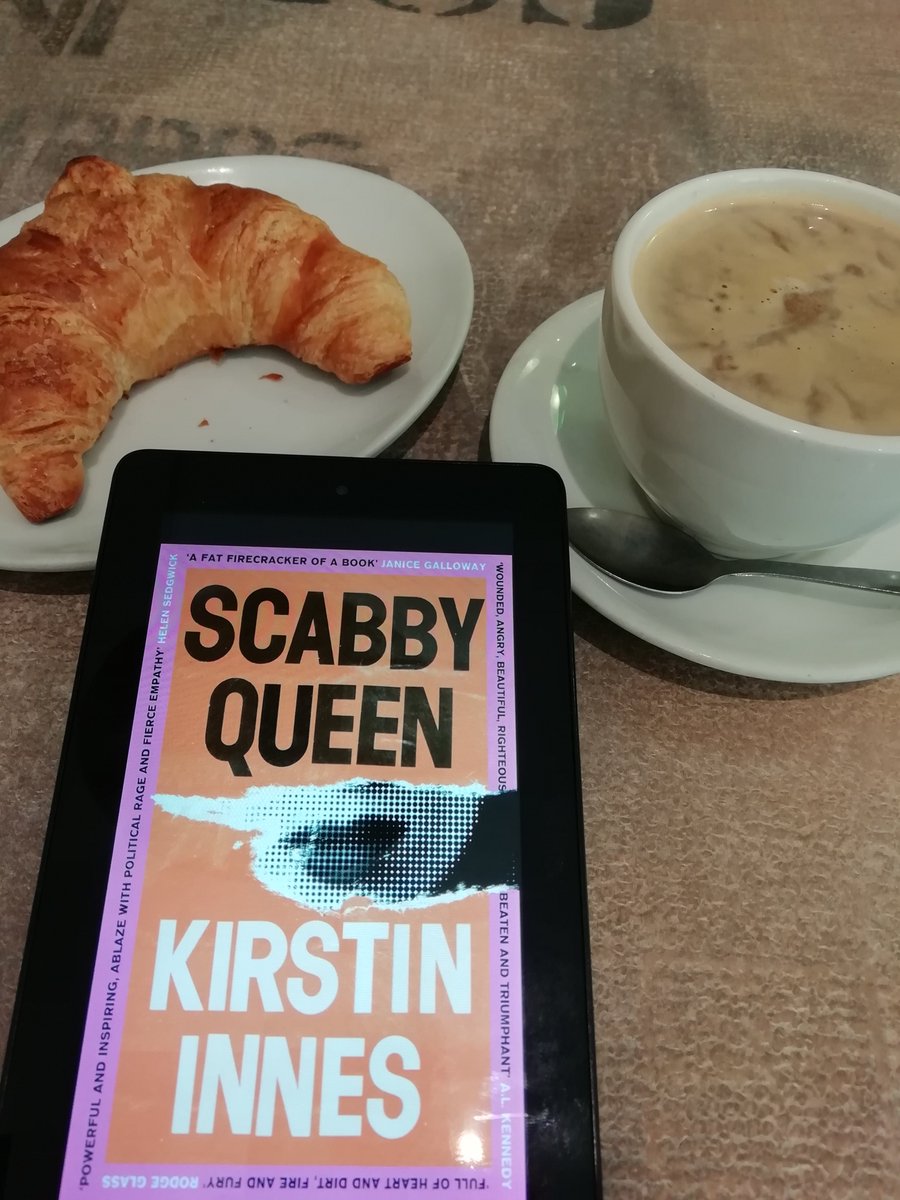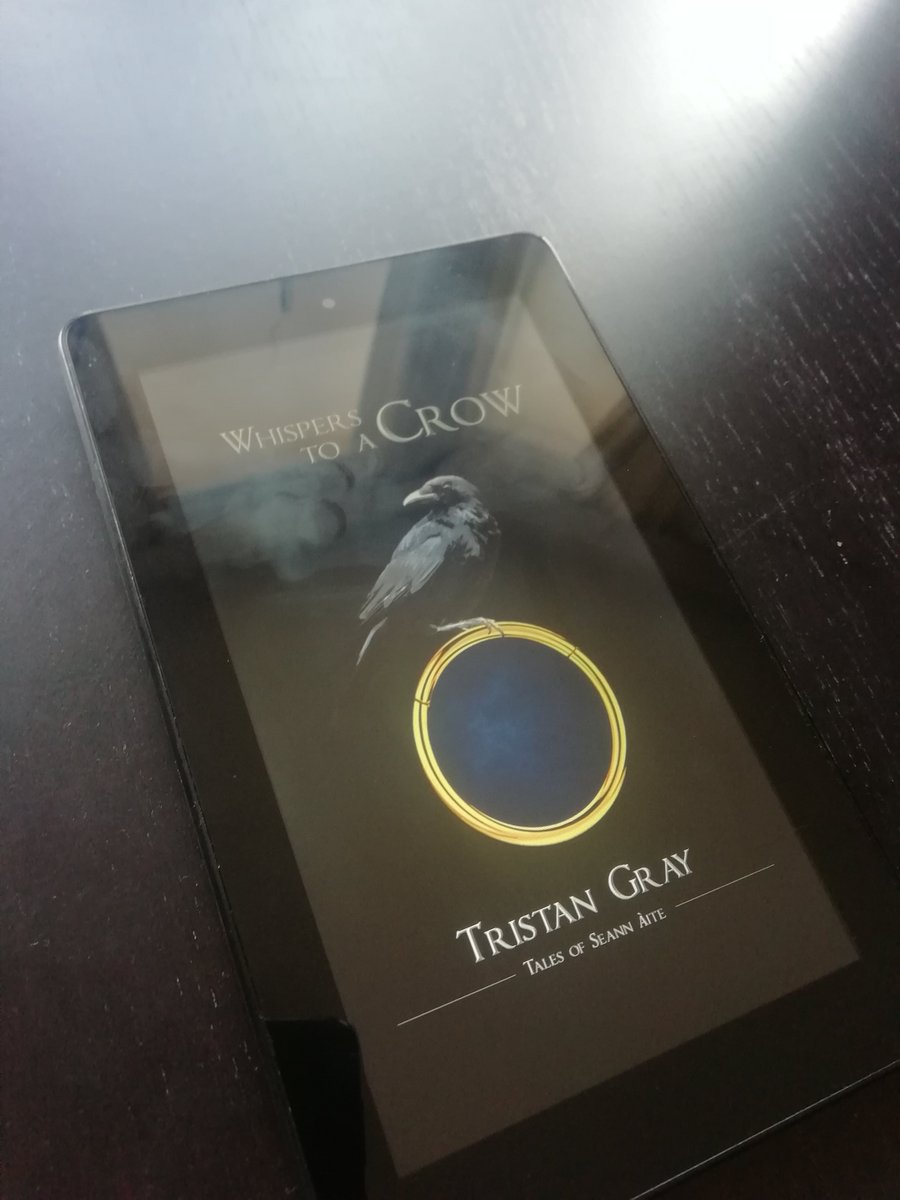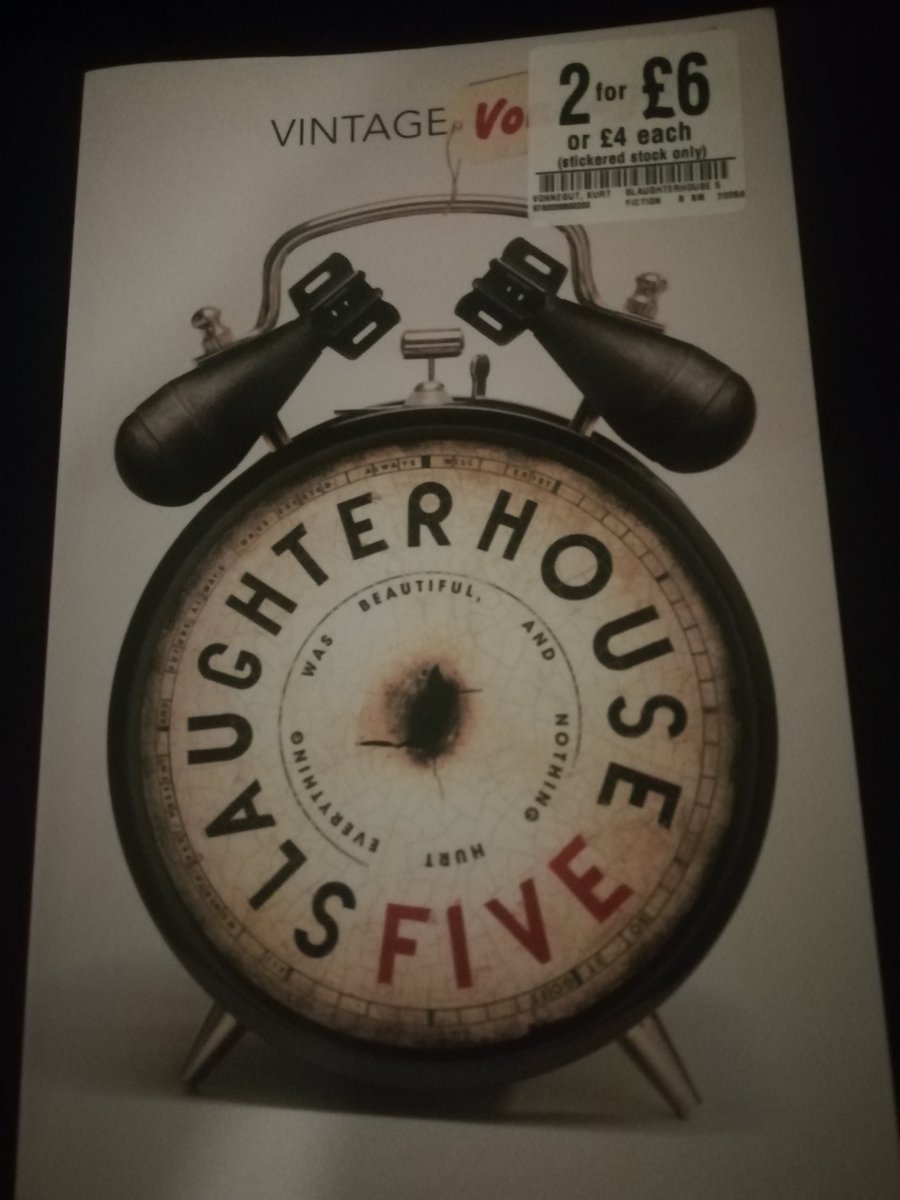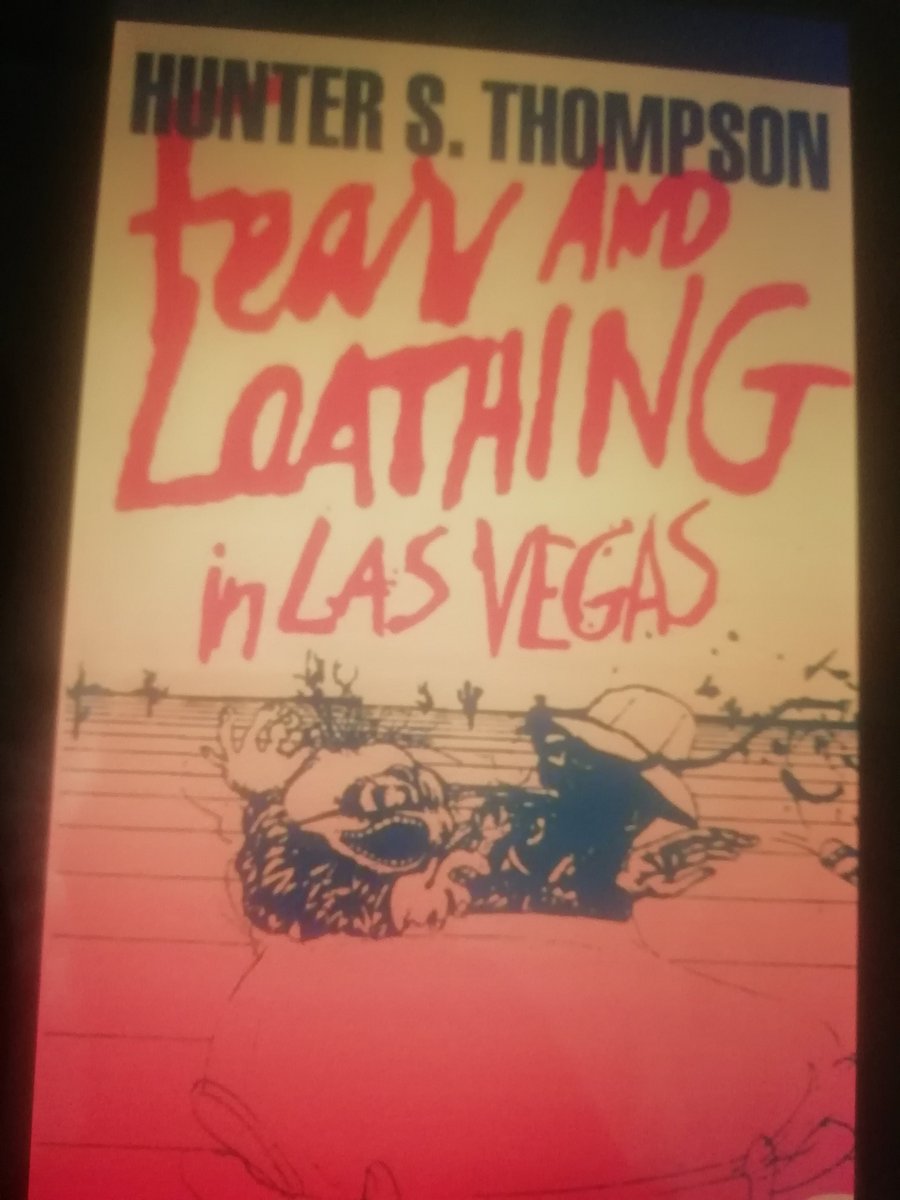This will become a thread on 2020 reading.
The first book I& #39;ve finished this year is Unfollow by Megan Phelps-Roper. A powerful, empathetic and personal memoir about family and rejecting hatred. She was a member of the WBC (the & #39;God hates f*gs& #39; church). Well written and clear.
The first book I& #39;ve finished this year is Unfollow by Megan Phelps-Roper. A powerful, empathetic and personal memoir about family and rejecting hatred. She was a member of the WBC (the & #39;God hates f*gs& #39; church). Well written and clear.
The book feels so open and unguarded, and so free of judgement. It has lots to say about empathy, love and compassion, as well as history and what defines us as people. Very moving.
Book 2 for 2020 was Crashing the Party by Heather Gauntney, a short and interesting account of the Bernie Sanders campaign. I& #39;m not convinced he will be (or should be) the Democrat nominee, but this is a self-critical and useful reflection on his campaign and what it stands for.
Book 3 was The New Me by Halle Butler. I don& #39;t know anything about the author, but was drawn to the cover. It& #39;s a character narrative of millennial angst and apathy. I liked it, but would recommend reading a couple of chapters first as you& #39;ll either enjoy the style or hate it.
Book 4 was Haven& #39;t You Heard? By Marie Le Conte, which is a nicely and conversationally written book about parlimentary gossip and how power works. In short, it& #39;s an overview of the & #39;Westminster-bubble.& #39; It is fun but paints a picture that is rather off-putting at the same time.
Book 5 was Stone Voices by Neal Ascherton. It& #39;s an interesting and thoughtful exploration of Scotland and its identity. It& #39;s part politics, part history, part mythology, part cultural and part geography.
A long train journey also allowed me to read book 6, Afternoons With the Blinds Drawn, the second autobiography of Suede singer Brett Anderson.
It& #39;s an interesting take on the rock star bio genre and covers the band& #39;s most successful years. Very honest, readable and lyrical.
It& #39;s an interesting take on the rock star bio genre and covers the band& #39;s most successful years. Very honest, readable and lyrical.
I& #39;m not totally sure if Judge Dredd Emerald Isle should count as book 7, but if it does then I enjoyed it. Basically Judge Dredd goes to a country based on Ireland to sort out a vigilante group which has been founded to stop it from becoming a tourist trap. Good fun.
Book 8 was the Naked Lunch by William Burroughs. If I& #39;m being honest, I stopped this book two thirds of the way through because it& #39;s basically crap. Perhaps it went over my head, but I& #39;ve always suspected if you strip the context the Beat Generation were actually a bit rubbish.
Book 9 was A Left For Itself by David Swift, which is a left wing critique of & #39;identity politics.& #39; I didn& #39;t expect to agree with it, but wanted to be challenged. Some parts were interesting, but it set-up strawmen and too often was anecdotal and driven by Tweets rather than data.
As a leftie who works for an NGO, I& #39;d prob be counted among targets of the book. The problem was that few of the views it kept saying the & #39;hobbyist left& #39; has are views held by anyone except some ppl on Twitter. For a book that called for nuance it was rather lacking in nuance.
Book 10 was Voices From the Grave by Ed Moloney It& #39;s a valuable exploration of the Troubles told via testimony of Brendan Hughes (a former senior IRA paramilitary) and David Ervine (a former UVF commander who became an MLA and leader of PUP). It can be heavy, but is fascinating.
It& #39;s a reminder of importance of oral history and that different sides have different narratives and truths. It was a product of the Boston College tapes project which saw testimony coming from participants of all sides to be released after their death - until they were seized
Book 11 was Ice by Anna Kavan, a brutal, atmospheric and apocalyptic read. An engrossing study of war, violence and misogyny. Strong icy imagery underpin it.
Unfortunately I read it on bus journeys, which undermined it a bit, as it& #39;d have benefited from full concentration.
Unfortunately I read it on bus journeys, which undermined it a bit, as it& #39;d have benefited from full concentration.
I stayed up late tonight finishing book 12, Before the Coffee Gets Cold by Toshikazu Kawaguchi. It& #39;s a really nice, short and emotional novel about a coffee shop where people can relive an old conversation and correct a regret about something they did or didn& #39;t say. Really good.
Book 13 was exceptional. The Ice Palace by Tarjei Vesaas is 140 pages, but packs so much in. It& #39;s a deceptively simple story about loss, grief, regret, childhood and an intense friendship. It reads like poetry. Lots of snow and ice, which made it feel particularly appropriate.
Book 14 was Americana by Luke Healy, a very pleasant and enjoyable graphic memoir about a very long hike from Mexico to Canada. Great art, lots of nice and funny observations, a decent level of emotion and a good heart. It& #39;ll make you want to walk lots.
Book 15 proves you shouldn& #39;t judge books by covers. My Salinger Year by Joanna Rakoff looks like something my mother would pick up at an airport, but its actually a well written and fun memoir about working in a literary agency and being an assistant for J.D Salinger. Very good.
Book 16 was Billy Liar by Keith Waterhouse. I& #39;ve meant to read it since studying 1950s culture at uni. It& #39;s seen as one of the Angry Young Men novels of the 50s but hides a lot of its anger behind a descriptively light and funny tone. Quick and enjoyable read that& #39;s aged well.
A long train journey let me finish Book 17, Going Dark by Julia Ebner. It is a fascinating deep-dive into the inner workings of extremist communities and how they use technology to expand and mobilise their networks. Very good and robust, and, unfortunately, very timely.
A long journey let me finish book 18, We Have Always Lived in the Castle by Shirley Jackson. It& #39;s a short but gripping character study. It& #39;s brutally ugly in places, with touches of childlike innocence and manipulation. The end is one I& #39;ll remember for a long time. Very good.
Book 19 was Matt Bai& #39;s excellent account of the Gary Hart scandal and how it changed politics. The Front Runner tells the story of the first modern sex scandal, how it destroyed a Presidential favourite and it& #39;d aftermath. It& #39;d be interesting to see an update in light of Trump.
Last night I finished book 20, Conviction by Denise Mina. I& #39;m a big fan of commercial crime fiction, but this one didn& #39;t quite float my boat. It was well written, but the story didn& #39;t quite grip me. It wasn& #39;t bad, and had nice touches, but it felt a bit too wide in its scope.
Book 21 was Territory of Light by Yuko Tsushima. It& #39;s a short but powerful book that follows a young woman through her first year as a single parent. It goes into some fairly dark places but is well done. Some of it feels positively dreamlike while other parts are anything but.
Last night I finished book 22, Keenie Meenie by Phil Miller. It& #39;s an incredibly well researched and forensic account of the role UK mercenaries played in enabling war crimes in Sri Lanka and beyond. Great investigative journalism about an extremely important subject.
Book 23 was The Chain by Adrian McKinty, which I really enjoyed. It& #39;s a fast-moving and lovably elaborate story that sees parents kidnapping children in order to free their kidnapped children. Very readable, atmospheric and tense.
I used a night of self-isolation to read book 24, Losing Earth by Nathaniel Rich. It& #39;s a short and readable, but horribly depressing book that confirms almost everything we now know about climate change was known by experts 40 years ago but there wasn& #39;t the political will to act.
Book 25 was Winter in Sokcho by Elisa Shua Duspain. It follows a hotel worker in S. Korea and a cartoonist who is there to find inspiration. It& #39;s a simple and tender story about identities, intimacy and gender. Excellent debut that reads vividly and lyrically. Very well written.
Book 26 was Tooth and Nail by Ian Rankin. This one sees Inspector Rebus going to London. Rebus books are always good and immensely readable. This is no exception.
Book 27 was Trumpet by Jackie Kay. It& #39;s an excellent character study novel that focuses on themes of family, gender, race, identity and loss. It follows the death of a jazz musician and a family that is coming to terms with the different aspects of their life and legacy.
Book 28 was Dreams of Leaving and Remaining by James Meek, which is a collection of long form essays relating to Brexit, globalisation and other related themes. I& #39;m not a massive fan of essay collections. This is well written and interesting, but feels a bit disjointed in places.
So the bad news is that I have been in bed all day with mild symptoms of suspected coronavirus.
But the good news is that I finished book 29, The Living Mountain by Nan Shepherd, which is a wonderfully atmospheric and poetic love letter to nature and the Cairngorm mountains.
But the good news is that I finished book 29, The Living Mountain by Nan Shepherd, which is a wonderfully atmospheric and poetic love letter to nature and the Cairngorm mountains.
There is no end of books about the alt-right/fake news/ internet trolls. However, book 30, Anti Social by Andrew Marantz is the best thing I& #39;ve read about any of those things. A really readable and well written book. It& #39;s long but extremely timely and consistently fascinating.
Slowly but surely I& #39;ve been reading through the Angry & #39;Young Men& #39; novels of the 1950s.
Book 31 was Room at The Top by John Braine. It& #39;s dated badly in places, but is an interesting exploration of social class, youth and status. Particularly interesting with knowledge of context.
Book 31 was Room at The Top by John Braine. It& #39;s dated badly in places, but is an interesting exploration of social class, youth and status. Particularly interesting with knowledge of context.
Book 32 was Last Exit to Brooklyn by Hubert Selby Jr. The writing takes some getting used to. It& #39;s a very ugly book of short but related stories. Appalling characters do terrible and violent things to each other. It& #39;s very sad and graphic. But it& #39;s incredibly powerful. Very good.
As a warning though in Last Exit to Brooklyn, the sexual and donestic violence depicted horrific. It& #39;s a book with very few heroes, but a lot of bastards. It& #39;s very atmospheric, but the scenes depicted are sometimes pretty harrowing.
Book 33 was The F*ck-it List by John Niven. It follows the story of a terminally ill man using his last months to take out his enemies and other assorted swines. I& #39;ve read all of Niven& #39;s books and, while this isn& #39;t his best one, it& #39;s a good, easy, funny and gripping read.
Book 34 was Lady Sings the Blues by Billie Holiday. There& #39;s a lot of tragedy in this very powerful memoir by one of the great singers of her era. A fascinating and sad but also sometimes inspiring story. It& #39;s a short read, and a product of its time, but it& #39;s very powerful.
The Crucible by Arthur Miller was book 35. I& #39;m not a fan of reading plays, but overall I enjoyed it. The themes are important and the context of its writing is interesting. The writing quality is excellent though, and stands up very well. In short, it made me want to see it live.
Book 36 was The State of Secrecy, by former Guardian defence editor Richard Norton-Taylor. It& #39;s partially a memoir, but offers a very good and compelling deep dive into the world of spooks, torture and military power. Great reportage from an excellent journalist.
Book 37 was Fifth Child by Doris Lessing, which tells the story of a & #39;perfect family& #39; driven to the edge by a badly behaved and violent child. It touches a lot on nature/nurture, and must have inspired We Need to Talk About Kevin (v good). It& #39;s sad and brutal, but also very good.
The books I& #39;ve read recently are quite heavy, so at lunch today I finished book 38 which was Bad Show by Bob Woffinden. It& #39;s a study of the Charles Ingram coughing scandal and was downloaded on a whim after the ITV drama. It was very readable and made a pretty strong defence.
It& #39;s been a late night finishing book 39, The Plague by Albert Camus. It felt topical. The scope is rather immense, yet the writing stays pretty simple. I wasn& #39;t totally gripped, but it& #39;s worth investing time in. It& #39;s a historical allegory, but parts will feel rather familiar.
Book 40 was the Island by Ana Maria Mature, which I read on recommendation. It& #39;s a short Spanish coming of age type of novel, but some bits have dated badly and, depsite its short length, it didn& #39;t engage me and felt like a bit of a chore at points. Not the best book I& #39;ve read.
I stayed up to finish Book 41, which was Lost, Found, Remembered by Lyra McKee, who was tragically killed last year in N. Ireland. It& #39;s a powerful collection of published and unpublished work. Her story is very sad, which only makes the articles feel more important and urgent.
Here is a sample from one of the pieces that really stuck out (apologies for pic quality, it was on Kindle). This includes descriptions of suicide. The writing is so human and beautiful throughout.
I don& #39;t usually like short story collections, but I am glad I read book 42, Bad Behaviour by Mary Gaitskell. Some of the stories are dark. All focus on the inner lives of cruel, confused or disaffected people. Very good in places. The film Secretary comes from this book.
There are few thriller writers I enjoy as much as Steve Cavanagh. Book 43 was The Plea, which is a fast-paced court procedural story about a lawyer being blackmailed to save his wife from prison. It& #39;s a good read, although not his best work (13 and Twisted are both better).
Book 44 was Fight Club 3 by Chuck Palahniuk. Like Fight Club 2, it& #39;s a graphic novel. I read the first few issues when they were originally released, but it is much better as a collected edition. It& #39;s a bit gory and complicated, but a good apocalyptic tale for these times.
The art by Cameron Stewart is great. It& #39;s very different from the Fight Club movie and original novel, but is sharper than Fight Club 2. Palahniuk is good in comic form, and this is better than a lot of his recent novels. I wouldn& #39;t read without having read Fight Club 2 though.
Book 45 was Notes From An Apocalypse by Mark O& #39;Connell, which is good pandemic reading. It& #39;s an exploration of the end of times and the & #39;prepper& #39; industry. It& #39;s a decent read, although it feels a bit unfocussed at times. I& #39;d have enjoyed it more if I& #39;d read it over less sittings.
I feel like I& #39;ve been a bit harsh in the sense that I wasn& #39;t very focused, and that definitely impacted on my enjoyment. I read the last 3 sections in one sitting and enjoyed those more than the rest - which doesn& #39;t feel like a coincidence.
Book 46 was Two Blankets, Three Sheets by Rodaan Al Galidi. It& #39;s a very human and readable novel/biography (it& #39;s a blurred line) about an Iraqi refugee and his nine years in the Dutch asylum system. Very good, but also a scathing critique of how ppl are treated by a harsh system.
Book 47 was What& #39;s the Matter With Kansas. Written in 2005 it uses Kansas as a study of how the Republicans won over white working class America. There are parallels with the UK and it feels very prescient and relevant. Def some things I& #39;d challenge in it, but a very good read.
Doh! I should have said it& #39;s written by Thomas Frank. I would humbly suggest that it would be a good candidate for a post-Trump update and is foretells a lot of his strategy and the & #39;culture wars& #39; etc.
Book 48 was Train Dreams by Denis Johnson, an atmospheric novella that tells the story of the transformation of America through the life of Robert Grainier, a flawed & #39;everyman& #39; character. A good meditation on change, isolation and memories. The landscape is a character in itself.
Book 49 was 2023 by Bill Drummond and Jimmy Cauty (AKA KLF).
It& #39;s a gloriously unusual and sometimes messy novel. Lots of sideplots and oddities, so it can feel a bit unfocused. Very self-refferential and a bit smug and edgelord in places, which also adds to it. Very likeable.
It& #39;s a gloriously unusual and sometimes messy novel. Lots of sideplots and oddities, so it can feel a bit unfocused. Very self-refferential and a bit smug and edgelord in places, which also adds to it. Very likeable.
This is of course as good a time as any to remind ourselves of how good the KLF were :) https://www.youtube.com/watch?v=LXEOESuiYcA">https://www.youtube.com/watch...
Book 50 was Women, Race and Class by Angela Davis. It is a collection of extended essays on these themes and the systems that uphold them, and how they overlap. It also includes an important critique of what previous movements (such as suffrage and reproductive rights) got wrong.
It is a product of its time and place, so a lot of the personalities referenced etc will be unfamiliar to a UK audience (including me). But I learnt a lot from reading it, and would definitely recommend it.
Book 51 was Loyalists by Peter Taylor. It& #39;s an important piece of oral history that gives an account of the Troubles from the perspective of the Loyalists. I don& #39;t share the politics of the people in it, but it did make me think a lot of the lives and potential that were wasted.
My target was to read 52 books this year. Today I reached it by finishing Rusty Brown by Chris Ware. It& #39;s a fantastic book by one of the best comic creators in the world. His work is as human, complex and empathetic as ever. The quality of the art is matched by the writing.
For anyone who hasn& #39;t read Ware before, I& #39;d recommend Jimmy Corrigan: The Smartest Kid on Earth as an introduction. It slightly surpasses his other work and is a bit more accessible. With these two books, and Building Stories, Ware pushes the boundaries of comics.
I stayed up late finishing book 53, which was The Road to Jonestown by Jeff Guin. It& #39;s a forensic, powerful and very sad account of the Jonestown massacre. It paints a holistic picture of Jones and a respectful one of the people that followed him and the reasons they did.
Book 54 was By Grand Central Station I Sat Down and Wept by Elizabeth Smart. I was a good book in a technical sense, but I found it a bit tedious. The man it was written about didn& #39;t sound at all pleasant and, although there lots of excellent lines, large parts felt overwritten.
There& #39;s a lot of sadness and emotion, but he comes off as manipulative and as if he was gaslighting her. Parts of it would work better with a Smashing Pumpkins backing track...
Book 55 was Kim Jiyoung Born 1982 by Cho Nam-Joo. It& #39;s a South Korean novel about systematic misogyny, depression and everyday sexism. It& #39;s a good book and social commentary, but a little too polemical for me as a novel. It& #39;s a short read but one I& #39;ll remember for some time.
Book 56 was Too Much and Never Enough by Mary Trump. It& #39;s a book about how her family created her uncle, Donald Trump. It& #39;s a short book and feels a bit rushed (some bit would benefit from more detail), but it& #39;s also an easy read with a good mix of gossip and analysis.
Trump& #39;s dad is very much the villain of the piece, and the family life does sound like the perfect environment for shaping a dangerous sociopath like Donald.
Book 57 was White Fragility by Robin DiAngelo. There are few books I& #39;ve read that have been as misrepresented by reviewers. This is an interesting, important and timely book. It& #39;s a short read (150 pages) and is well written, provocative and practical.
Book 58 was Loneliness of a Long-distance Cartoonist by Adrian Tomine. It& #39;s a graphic novel/memoir by one of my favourite artists. Self-deprecating, funny and emotive. His comics were some of the first I read as an adult, and this beautifully presented volume is among his best.
Book 59 was War Games by Linda Polman. It& #39;s a very interesting investigation into the aid industry and the ways that aid done badly can prolong war and exacerbate violence. It& #39;s much better on diagnosis than cure (not necessarily a problem). A challenging and worthwhile read.
Book 60 was Against the Web by the late Michael Brooks. It& #39;s a short, but satisfying critique of the so-called & #39;Intellectual Dark Web& #39; (Sam Harris and J Peterson etc). It& #39;s shorter than it could have been, but presents a good case and also includes challenges for the left.
Book 61 was Hunting Party by Lucy Foley. This was a pretty good commercial crime story. An excellent sense of location and atmosphere. However, I felt it was a bit too long and although the characters were different enough the first,-person voices often felt a bit too similar.
Book 62 was A Chip Shop in Poznan by Ben Aitken. It& #39;s an enjoyable and rather amusing travel book about spending a year in Poznan and, among other things, working in a chip shop. I mostly read it because I like Poznan as a city. An easy read.
The pic was taken last night, the only thing I& #39;m drinking just now is tea, not IPA!
Book 63 was a graphic novel, Pulp by Ed Brubaker and Sean Philips. They are one of the best partnerships in comics and this latest book is no exception. It combines the wild west with 1930s New York. Very good story and illustrations. Up there with their best work.
Book 64 was The Fall of the Red Wall by Steve Rayson. It& #39;s a in-depth and forensic look at why Labour lost in seats like Don Valley, Bolsover etc and other parts of the & #39;red wall.& #39; In places it reads like a dissertation, but is a treasure-trove of stats and focus group analysis.
Book 65 was M Train by Patti Smith. It& #39;s hard to describe this book. It& #39;s partially a memoir, but is infused with musings on travel, belonging, loss, family, journeys and coffee. It& #39;s a book that shares a lot of the qualities that make her music so wonderful.
For anyone unfamiliar with Patti Smith& #39;s music, it& #39;s worth listening to her debut album Horses. And then listening to it again straight after. And again. And again. It& #39;s a masterful landscape of poetry and punk-infused rock music. https://m.youtube.com/watch?v=bPO0bTaWcFQ">https://m.youtube.com/watch...
Book 66 was Nickel Boys by Colson Whitehead. It& #39;s a very good and very powerful novel about black teenagers detained in juvenile detention facilities in the Jim Crow era. Very sad in places. Focuses on racism, trauma and other weighty but important subjects. Heavily recommended.
Book 67 was Democracy for Sale by Peter Geoghan. It& #39;s a very engaging look at the role of & #39;dark money& #39; and social media manipulation etc in politics.
It& #39;s not a theme I was very interested in before, and always thought was overstated. This book makes a strong case to care more.
It& #39;s not a theme I was very interested in before, and always thought was overstated. This book makes a strong case to care more.
Book 68 was End of the Affair by Graham Greene. It& #39;s a very good and provocative short story about love, jealousy, obsession and hate. If it was released today it& #39;d be considered a study of toxic masculinity.
It packs so much into 160 pages, and made me want to read more Greene.
It packs so much into 160 pages, and made me want to read more Greene.
Book 69 was A Stranger in the House by Shari Lapena, which is a decent bit of commercial crime/thriller. Short chapters and a quick pace lead to a somewhat tropey story with some nice twists and turns. Very easy reading.
Book 70 was Why the Tories Won by Tim Ross. It& #39;s a reminder of how slick Lynton Crosby& #39;s machine was in 2015. It& #39;s a very good but incomplete picture, with some themes not getting the same deep-dive as others. I& #39;ve got a Corbyn book arriving today, so this was background reading.
Book 71 was Left Out by Gabriel Pogrund and Patrick Maguire. It& #39;s a very well written and well balanced insight into Corbyn& #39;s Labour Party. It& #39;s definitely not a hatchet job, and, while I don& #39;t think anyone comes out brilliantly, nobody is demonised. Fast paced but detailed.(1/2)
It does a good job of explaining the choices that were made and the reasons that people made them. The relationships are more complex and blurred than expected. The focus is almost entirely on 2017-19 rather than the rise, but on balance I think it& #39;s prob better for that. (2/2)
Book 72 was Scabby Queen by Kirsten Innes. This could well be the best novel I& #39;ve read all year. It& #39;s a really compelling and brilliantly crafted patchwork story about the days and events leading up to a suicide. It has rounded characters, complex themes and a really good pace.
It& #39;s a great & #39;Scottish novel& #39; and almost a & #39;state of the nation& #39; story. But the themes are pretty universal. It& #39;s definitely a book for anyone who has been involved in activism or followed music. This review by @JamesForth12 convinced me to read it https://bellacaledonia.org.uk/2020/09/03/scabby-queen/">https://bellacaledonia.org.uk/2020/09/0...
I finished book 73 over lunch, which was Whispers to a Crow by Tristan Gray (who I know a bit via this website). It& #39;s a short folklore/fantasy story, so not a genre I normally read. Despite that, I enjoyed it. Good imagery and pacing make for a gripping and atmospheric read.
Book 74 was Slaughterhouse Five by Kurt Vonnegut. Like Mother Night (by same author) I respect it, and can sort of understand why others like it, but it& #39;s not for me. I don& #39;t like the constant jumping or tone and characters didn& #39;t really grip me. Didn& #39;t live up to its reputation.

 Read on Twitter
Read on Twitter